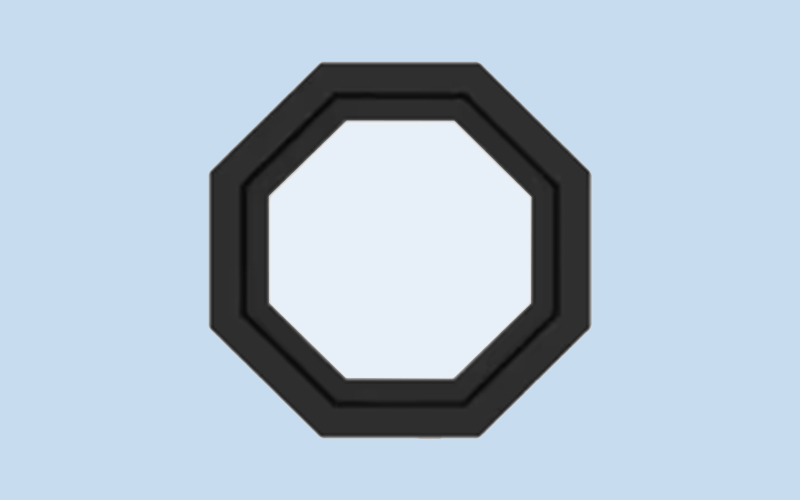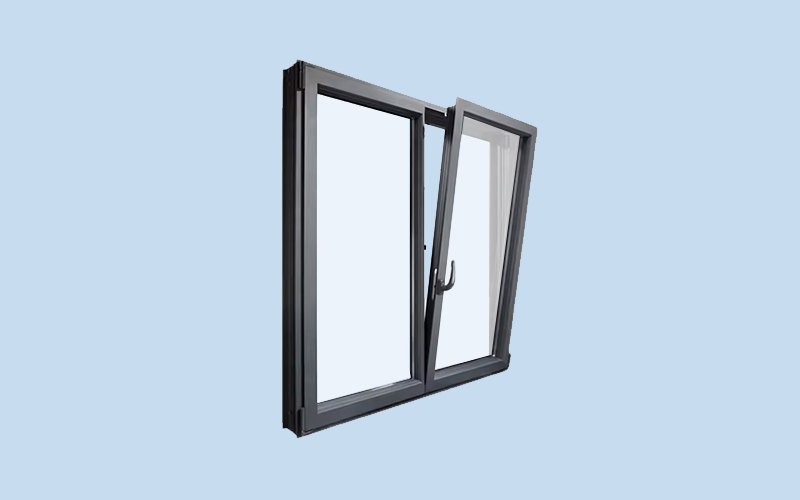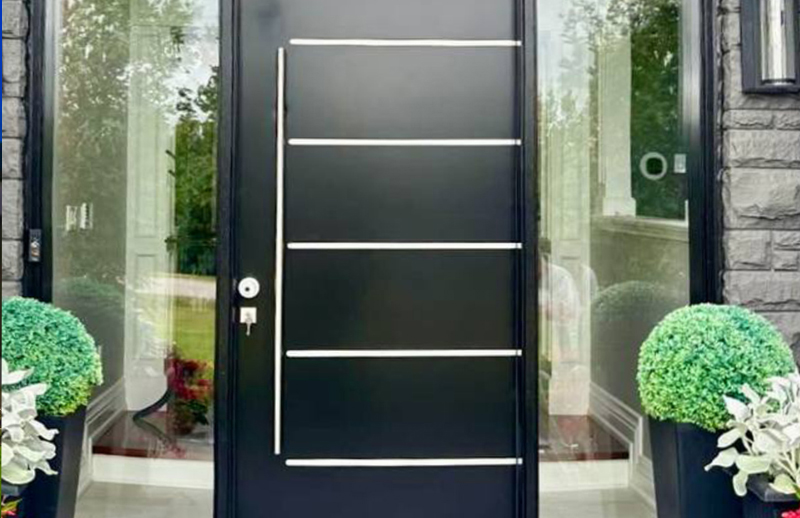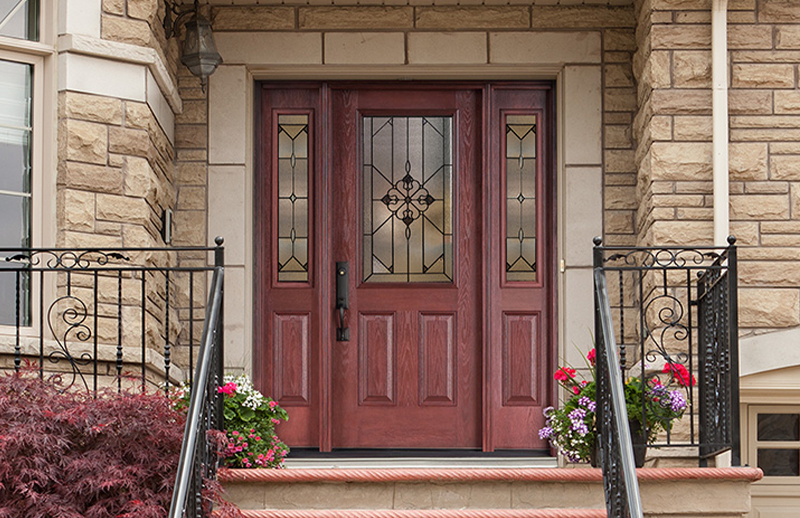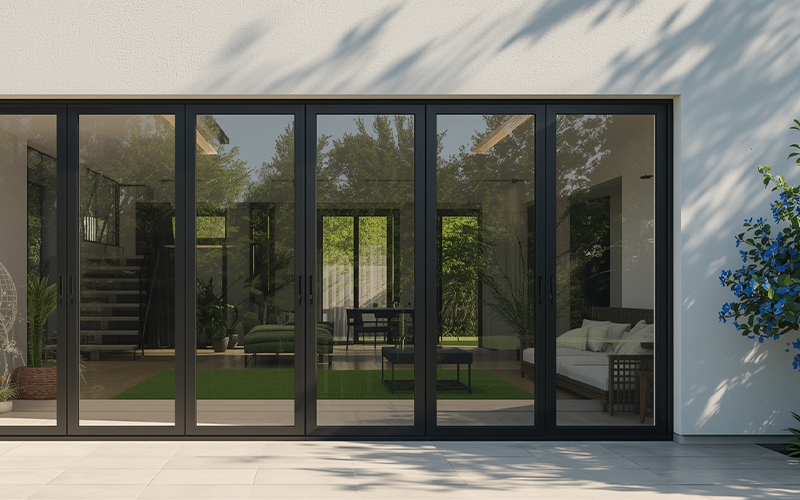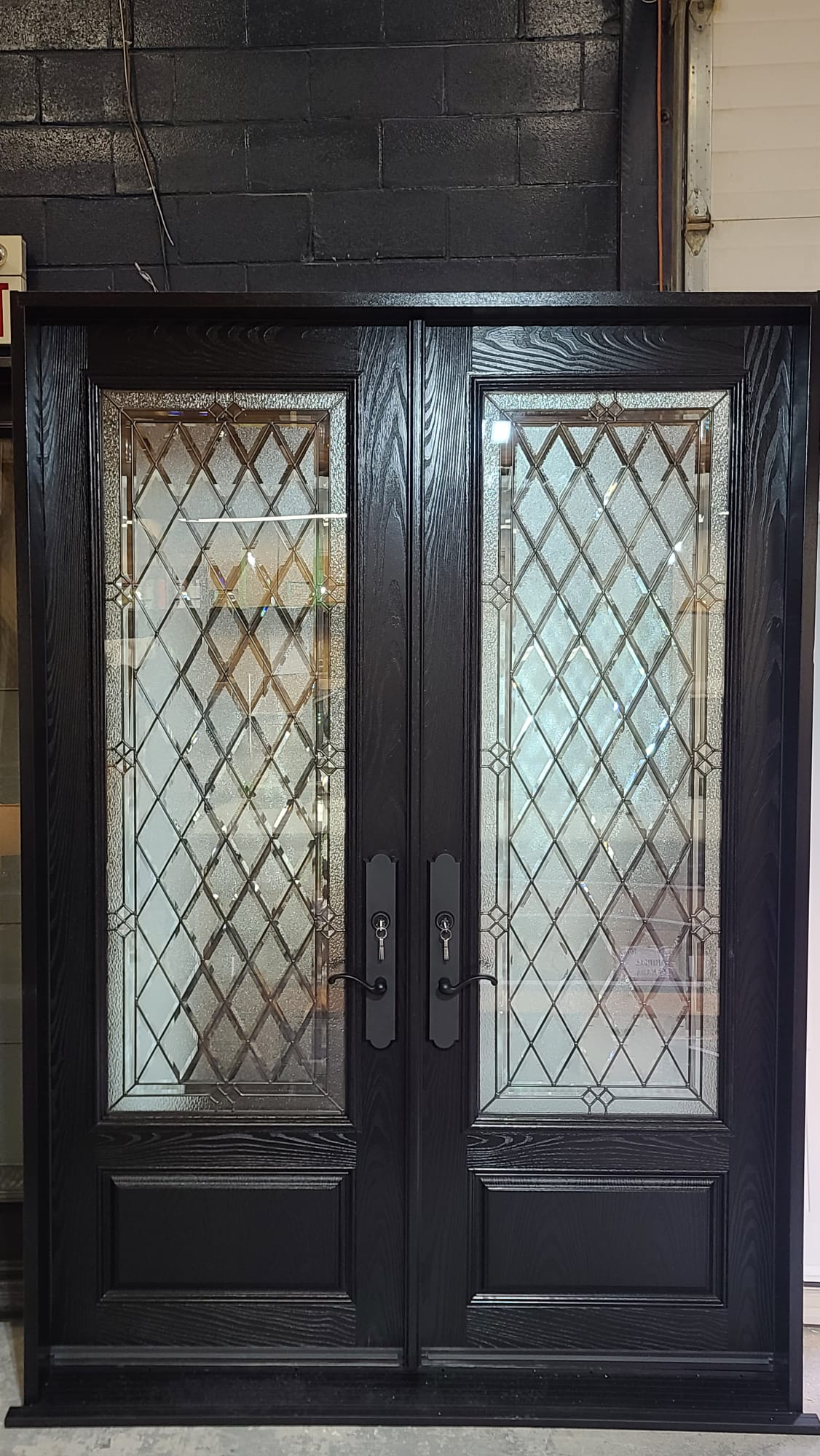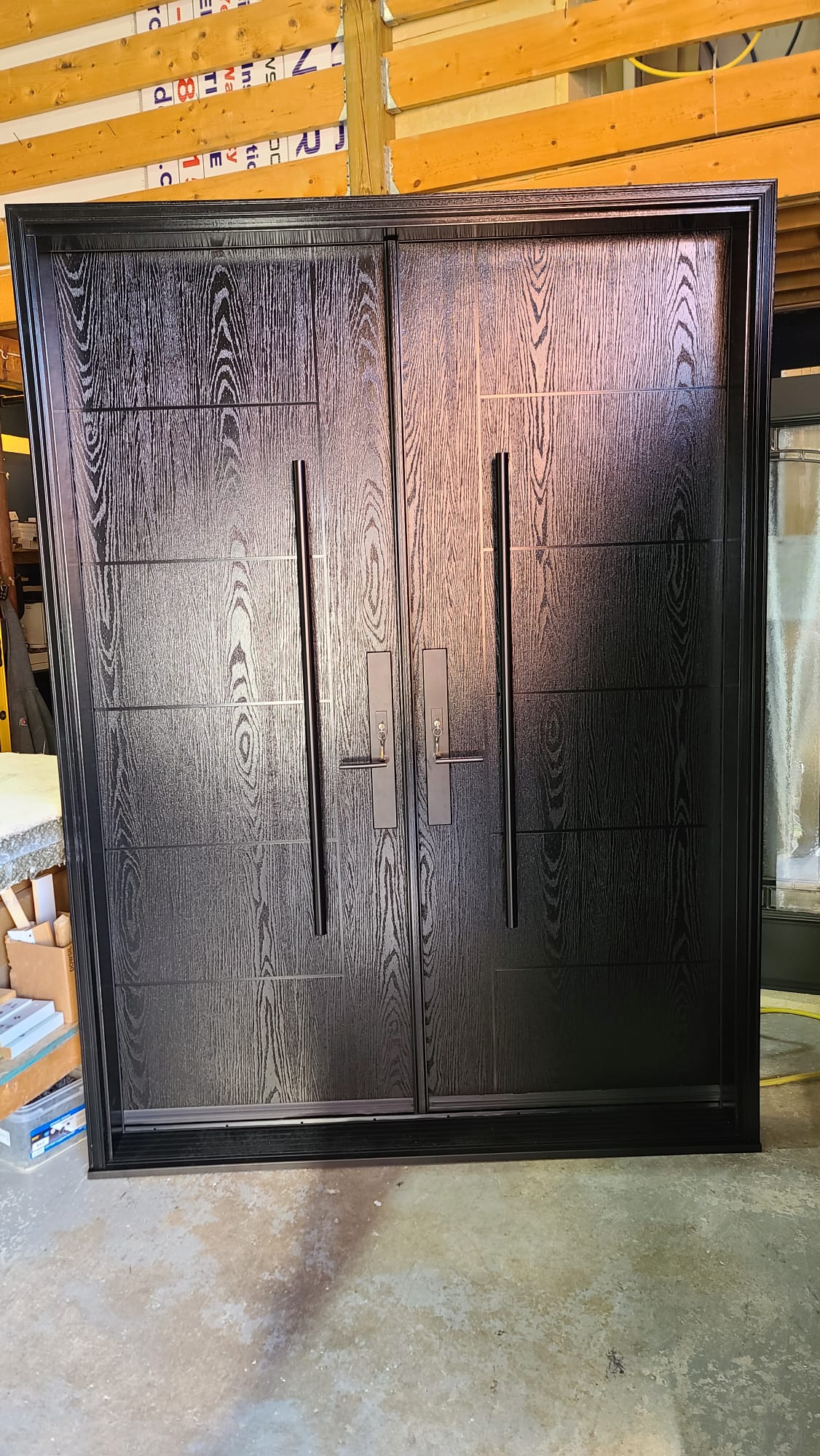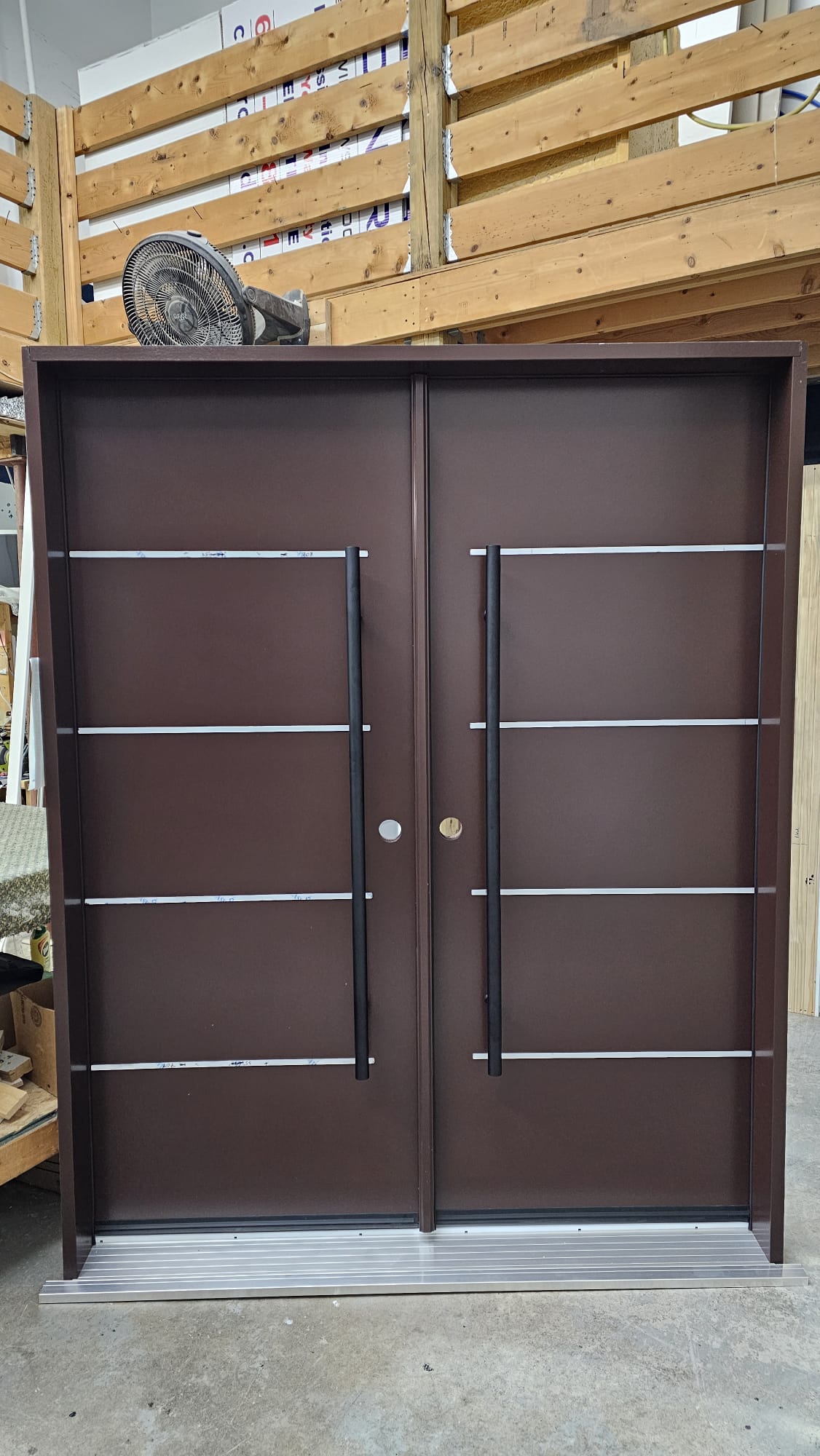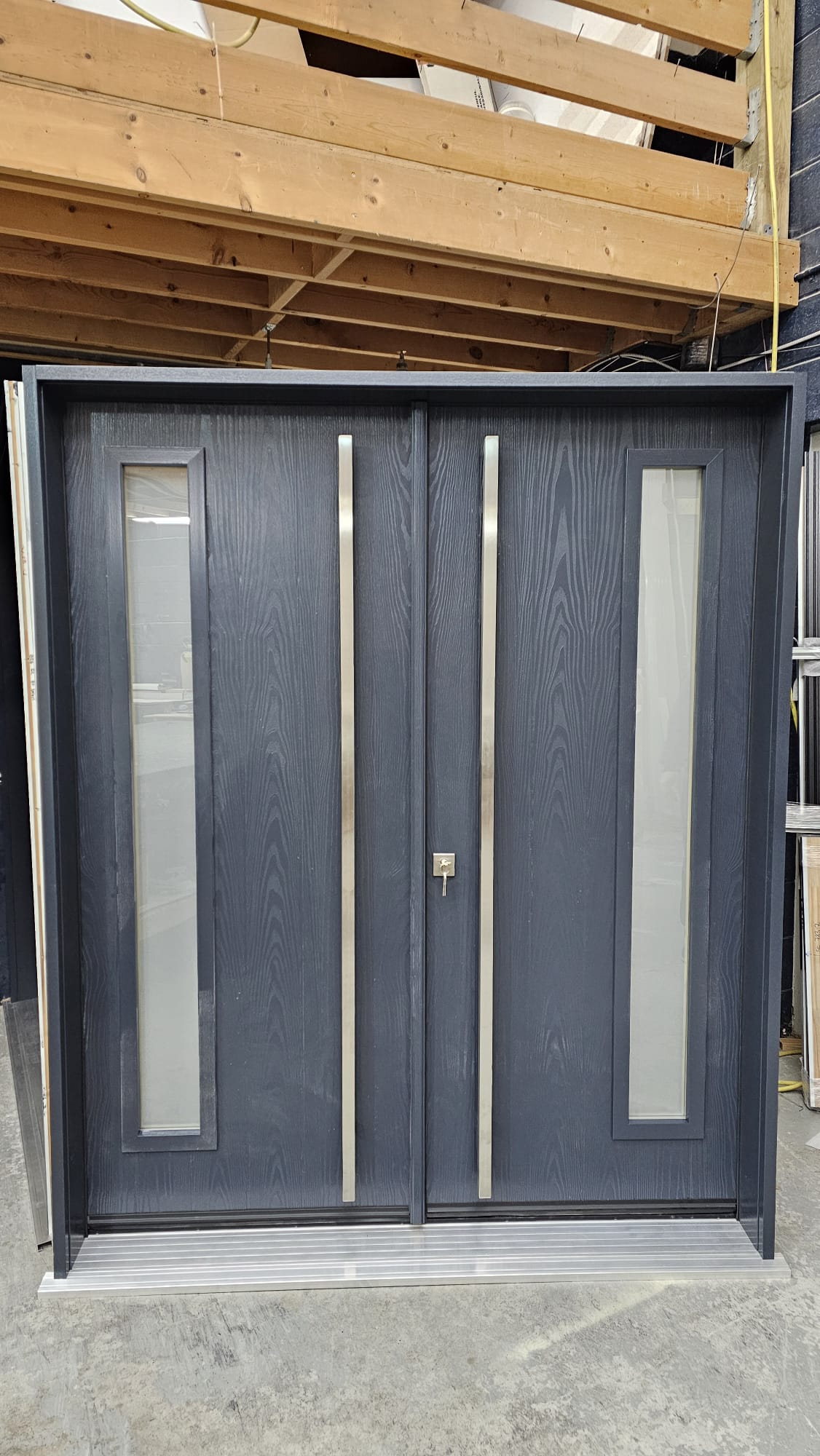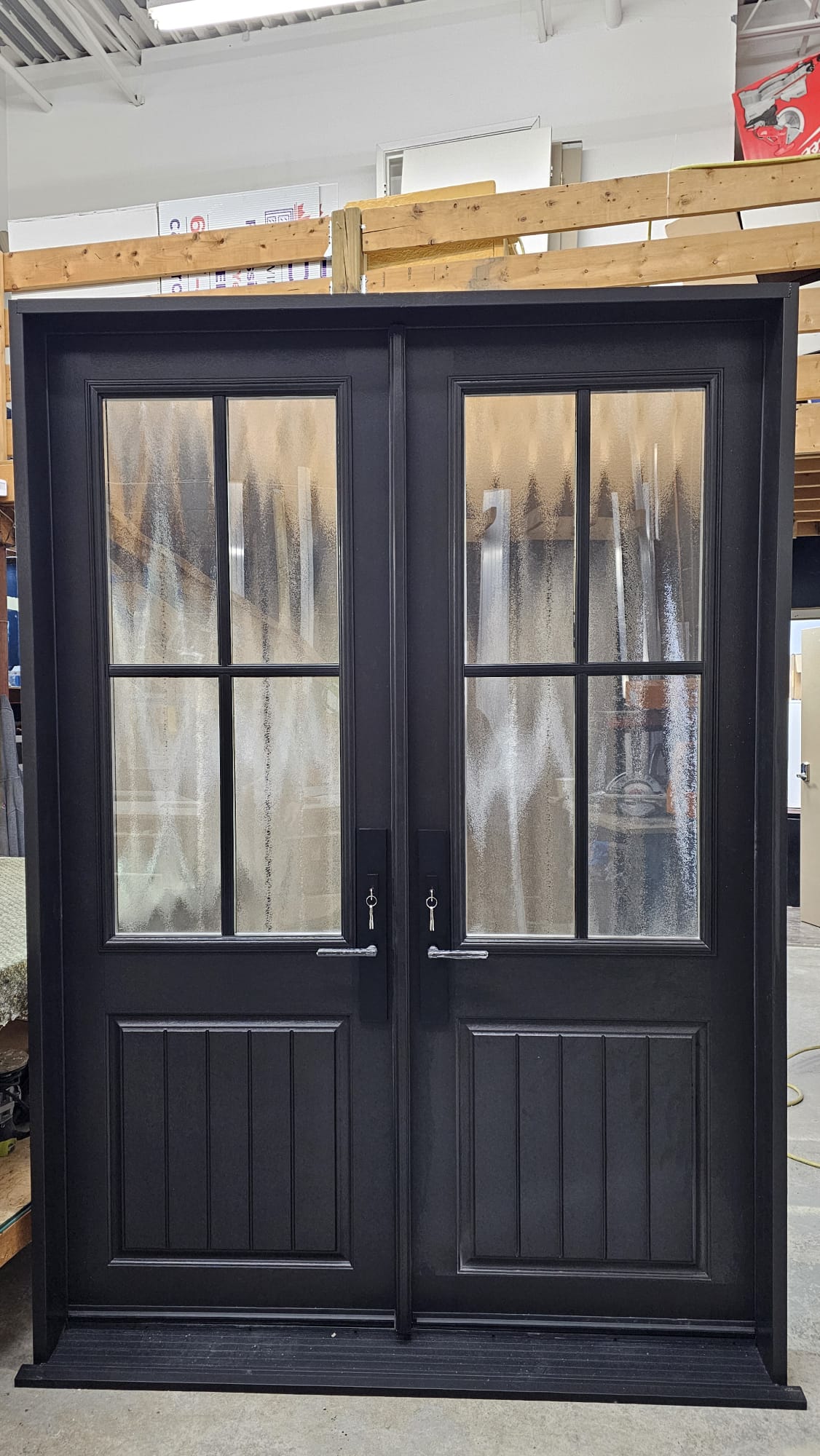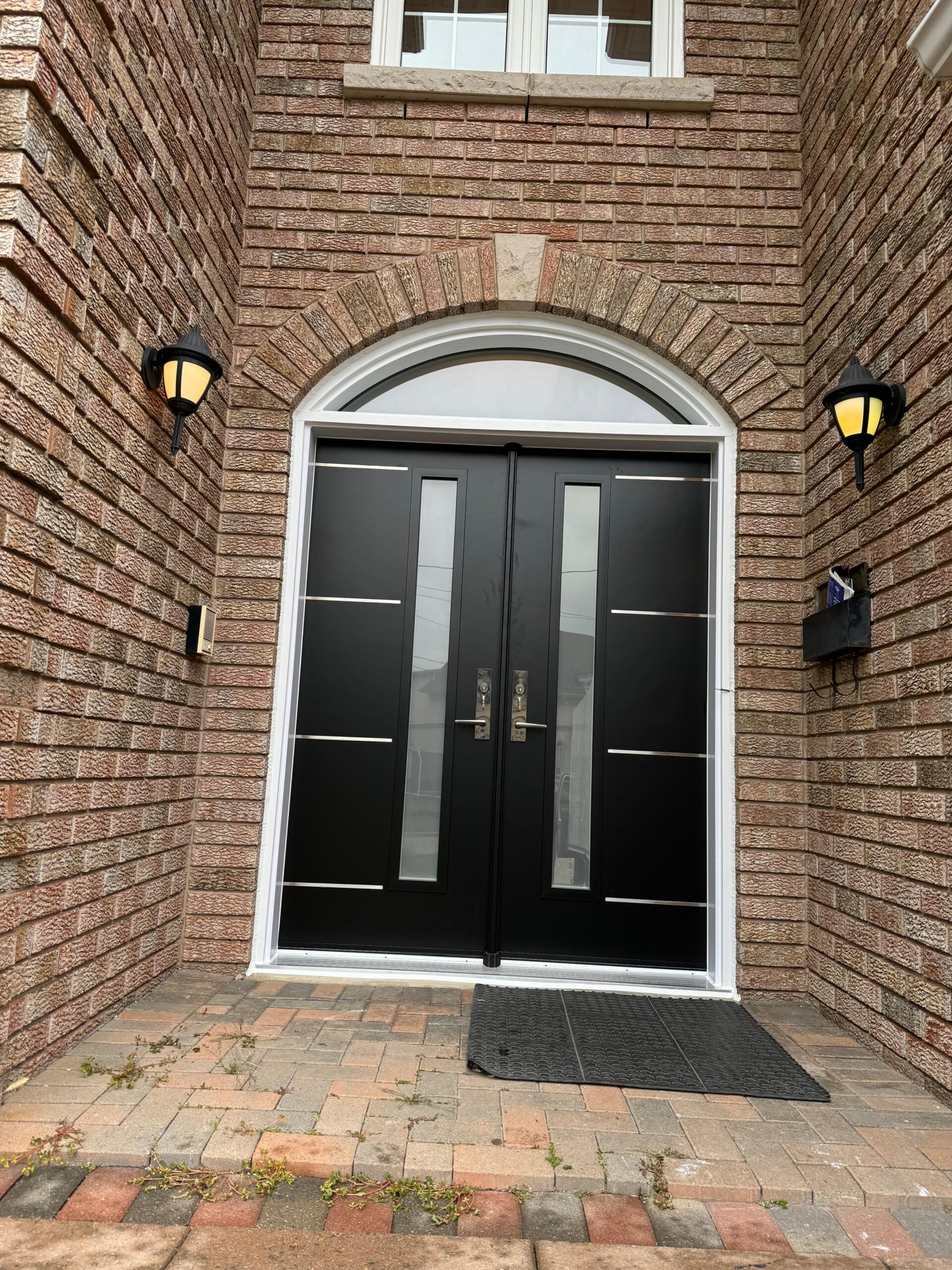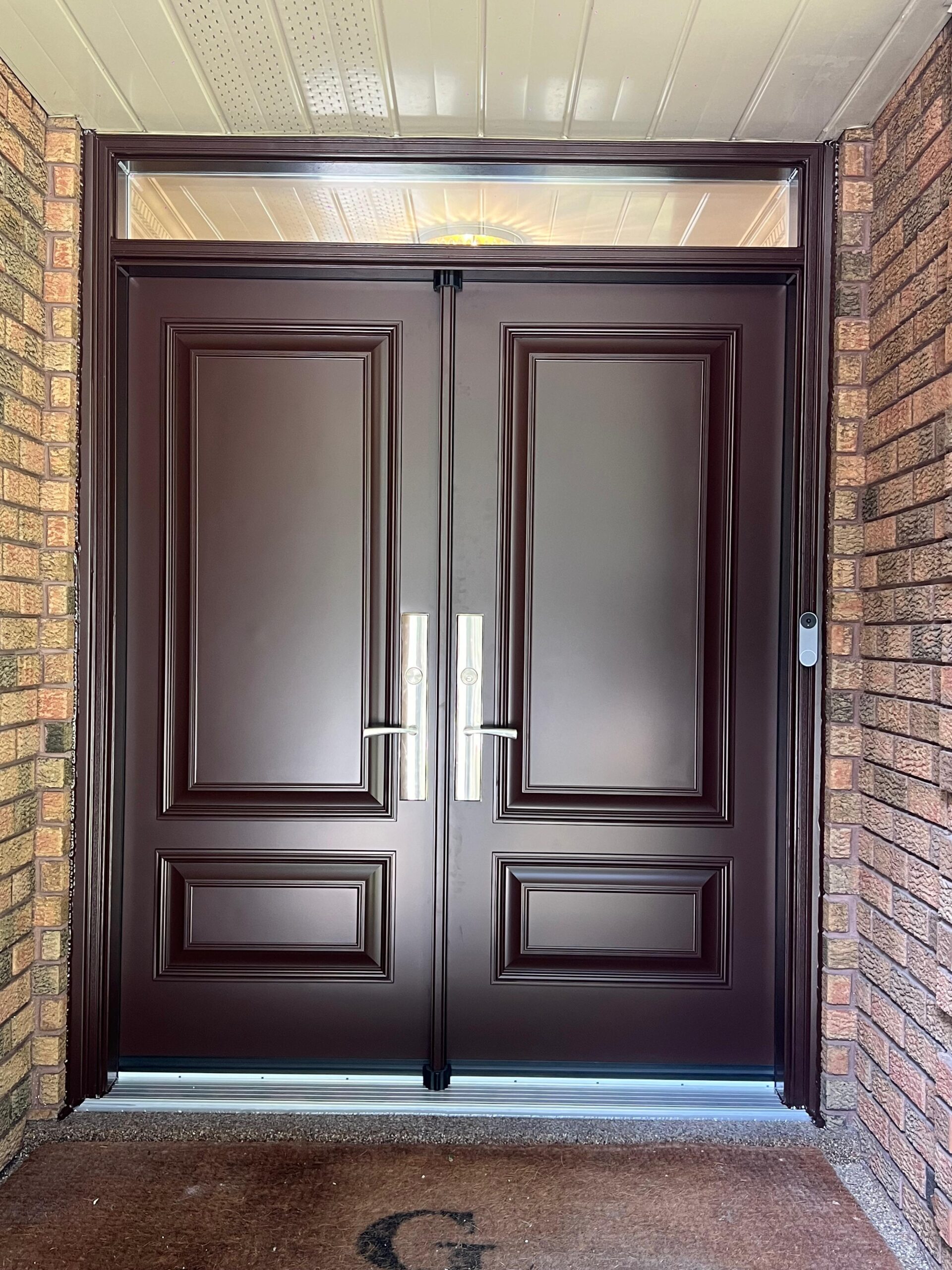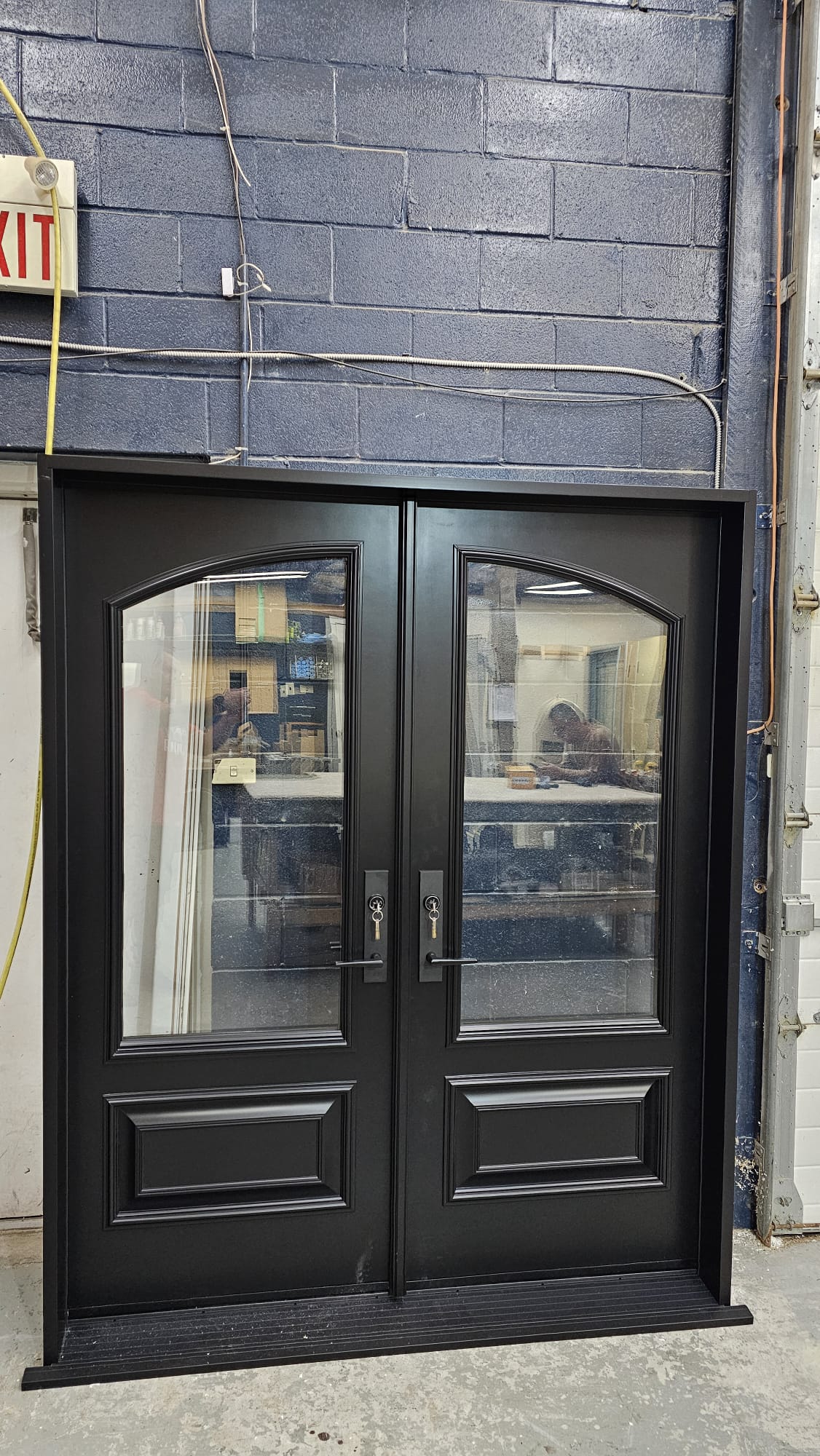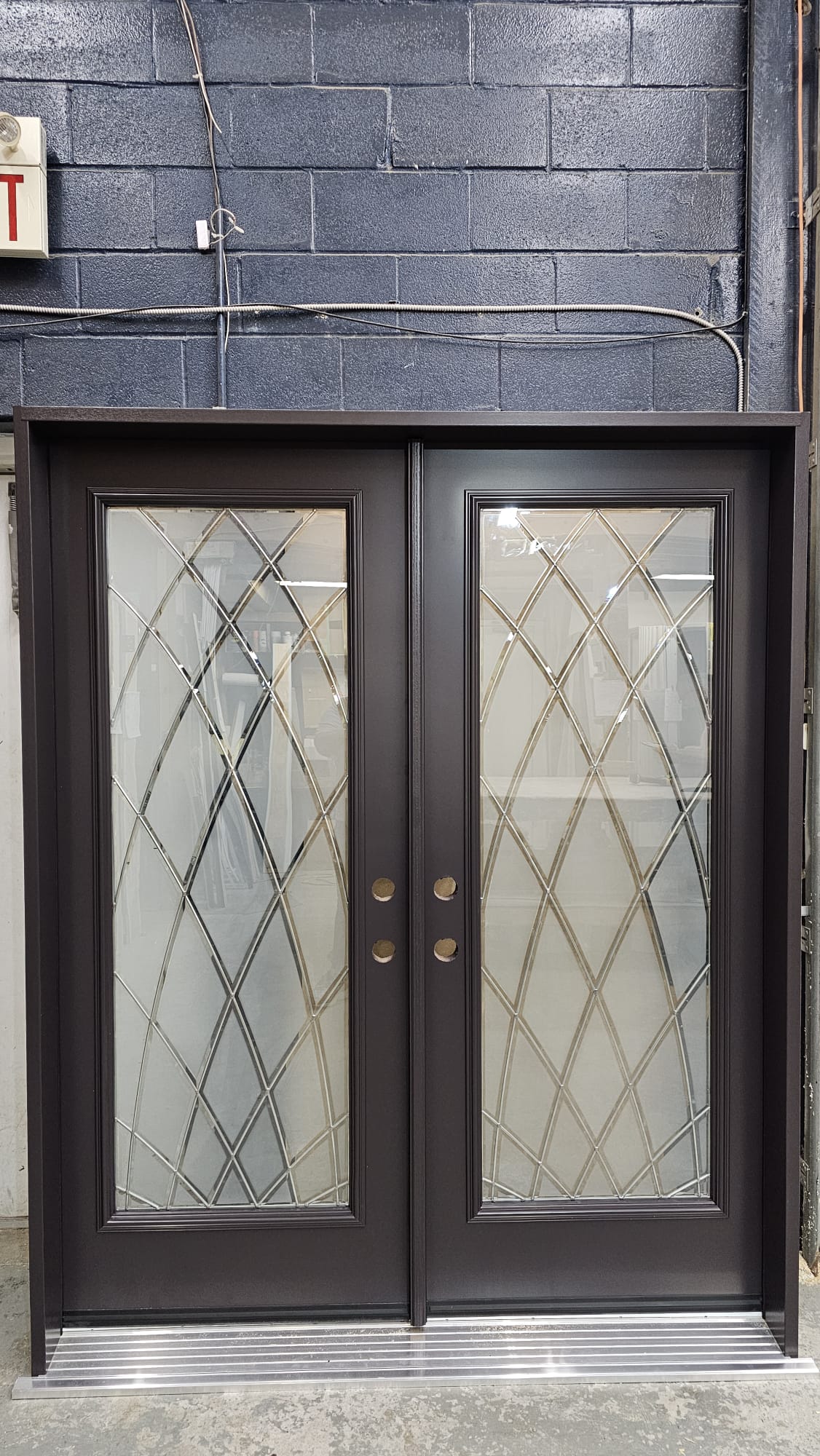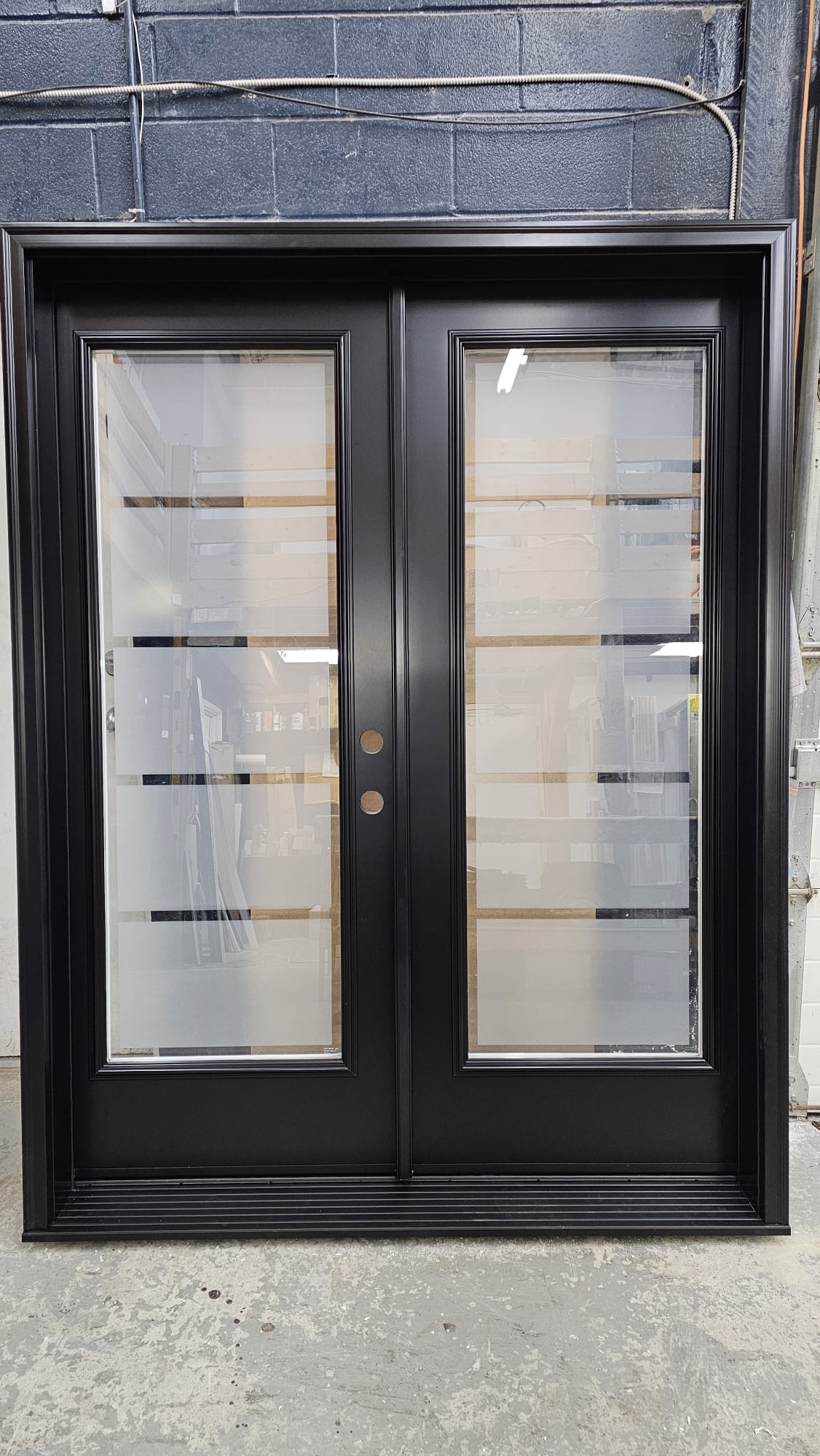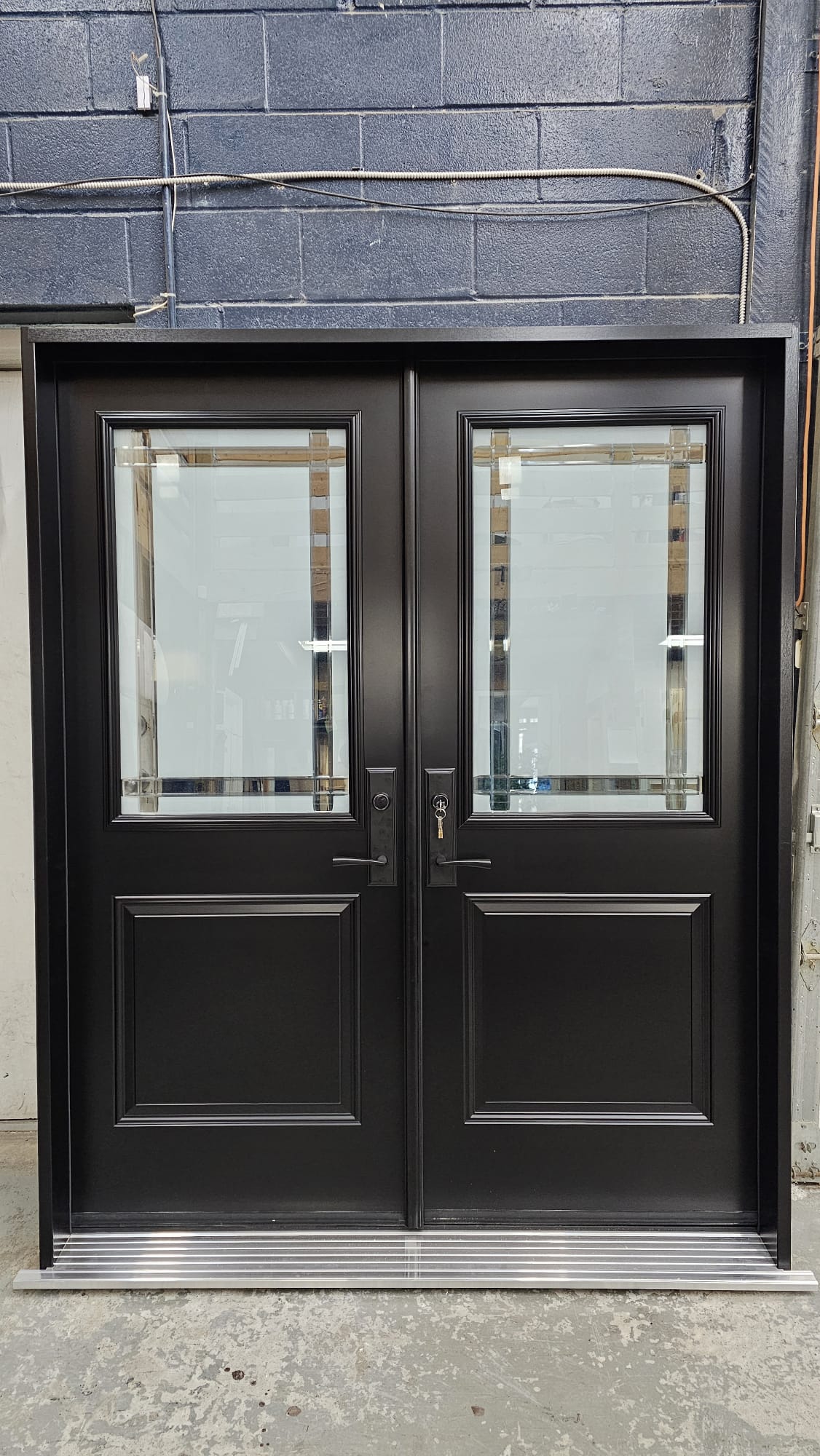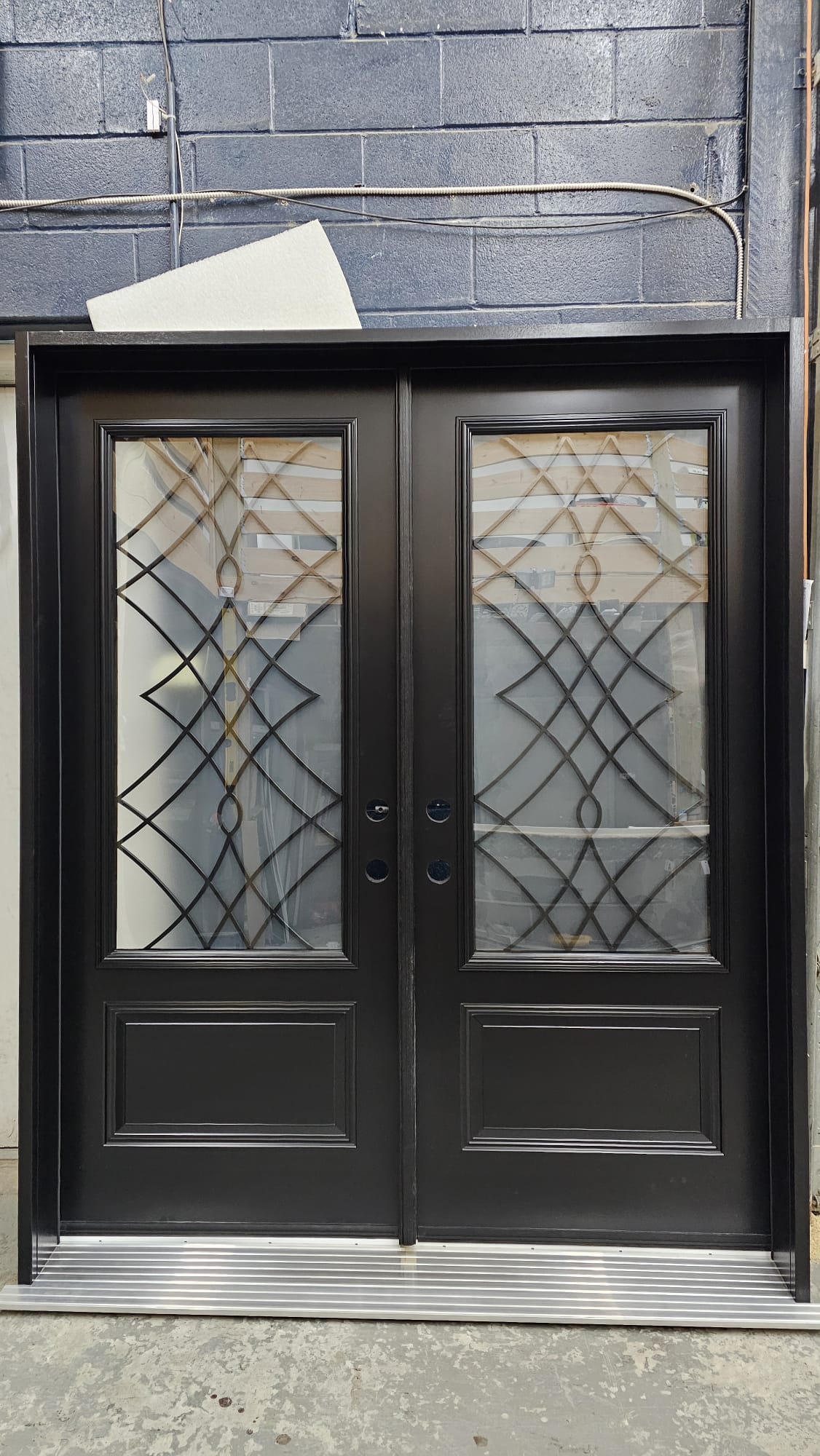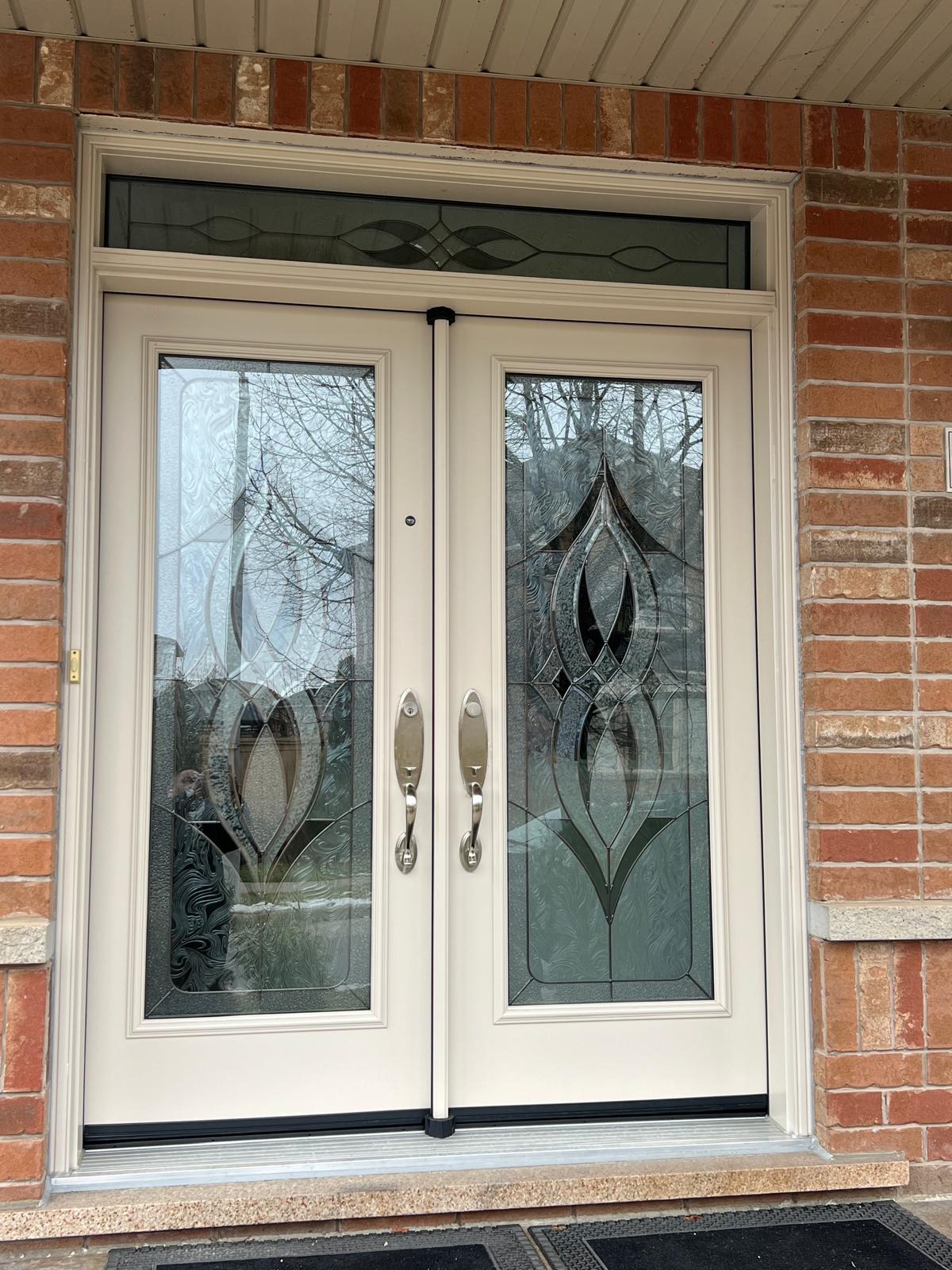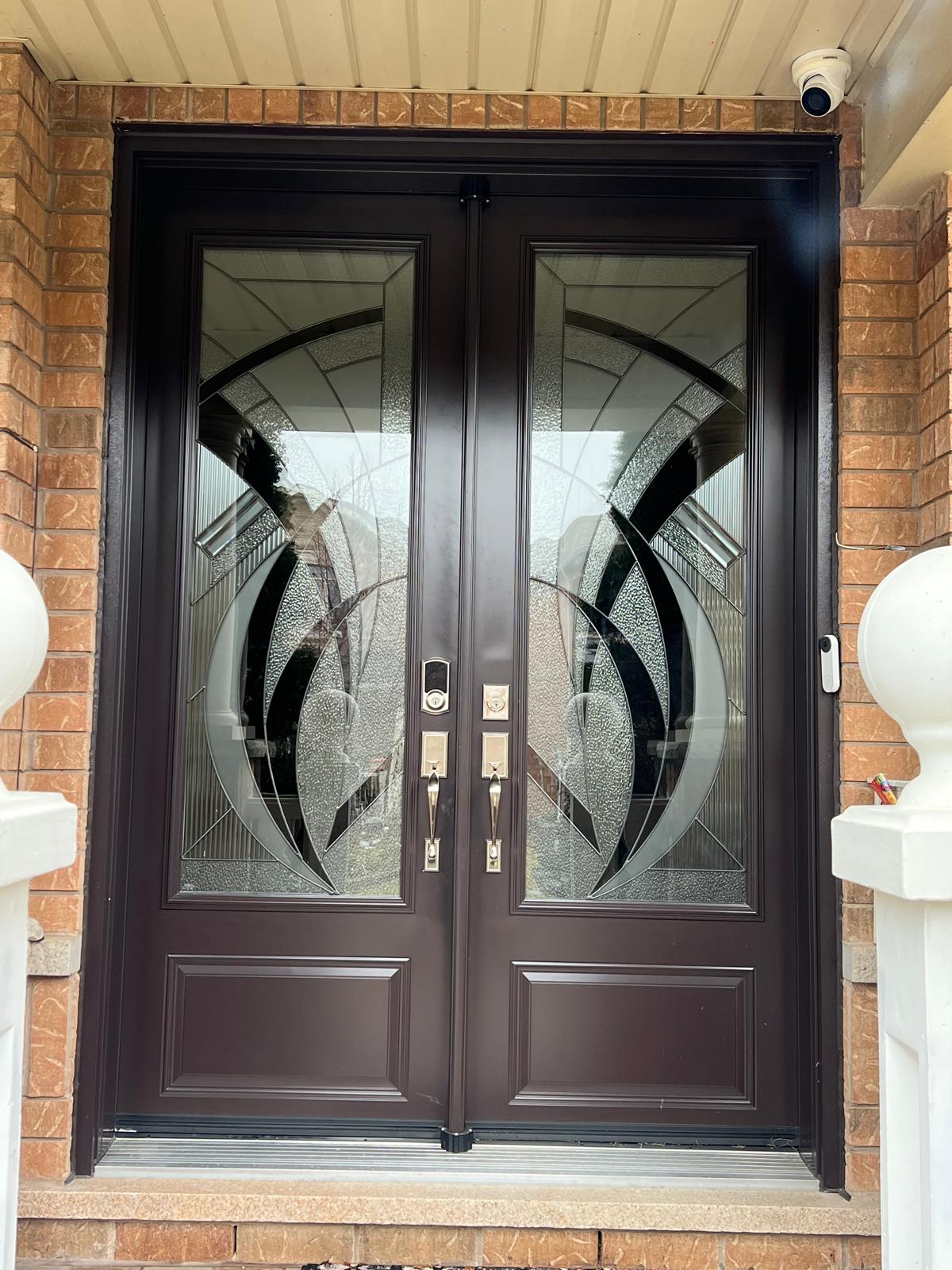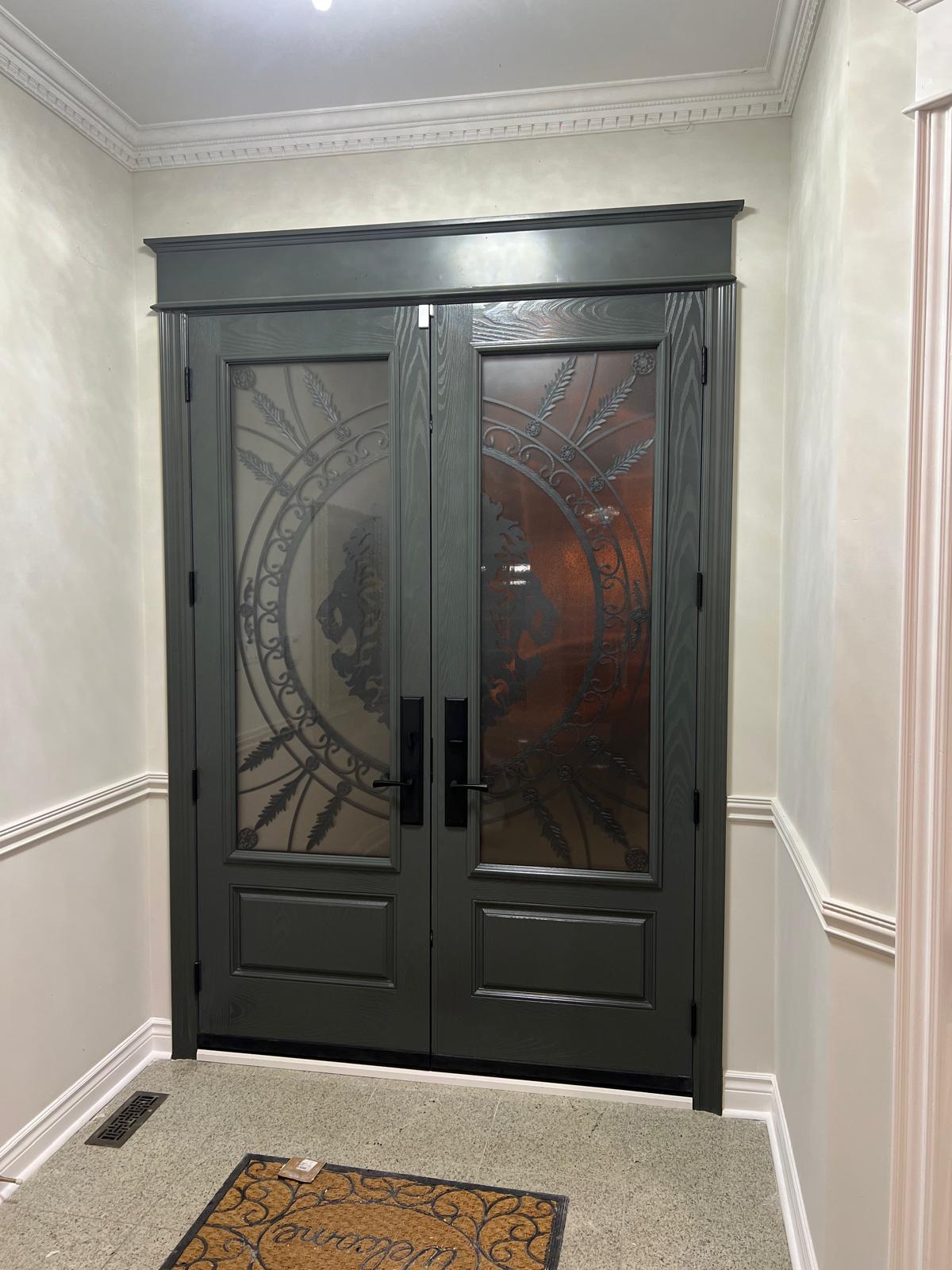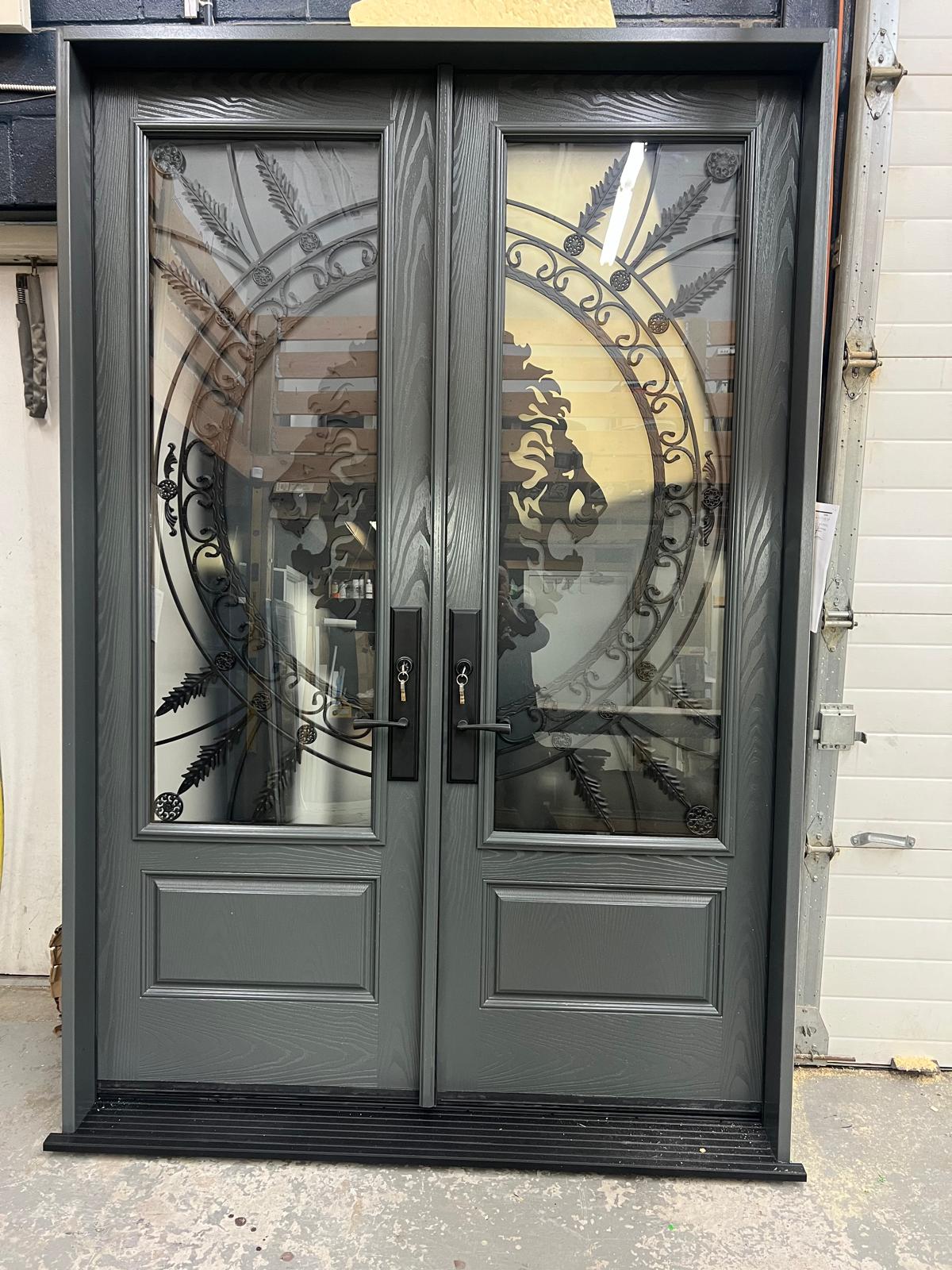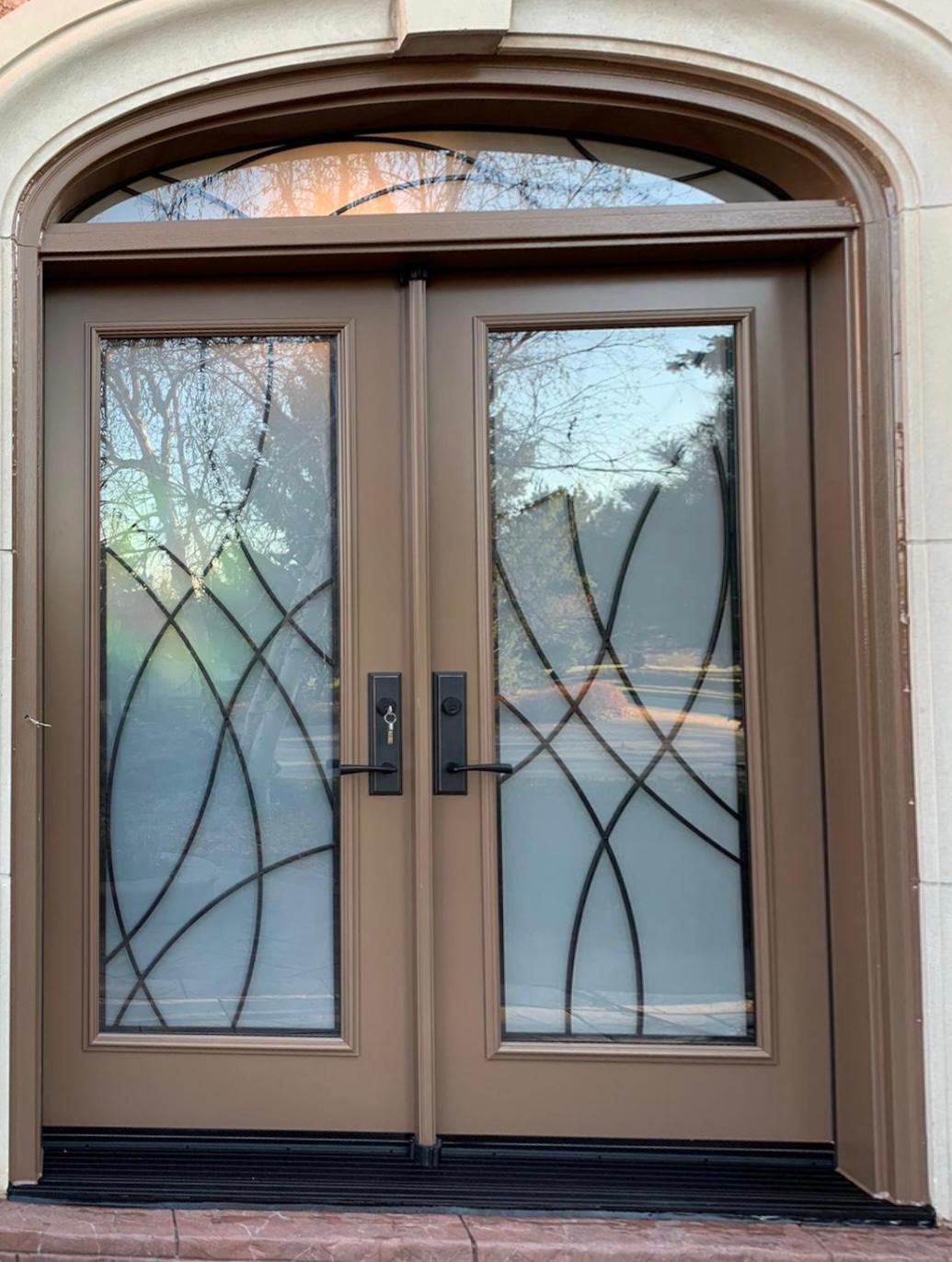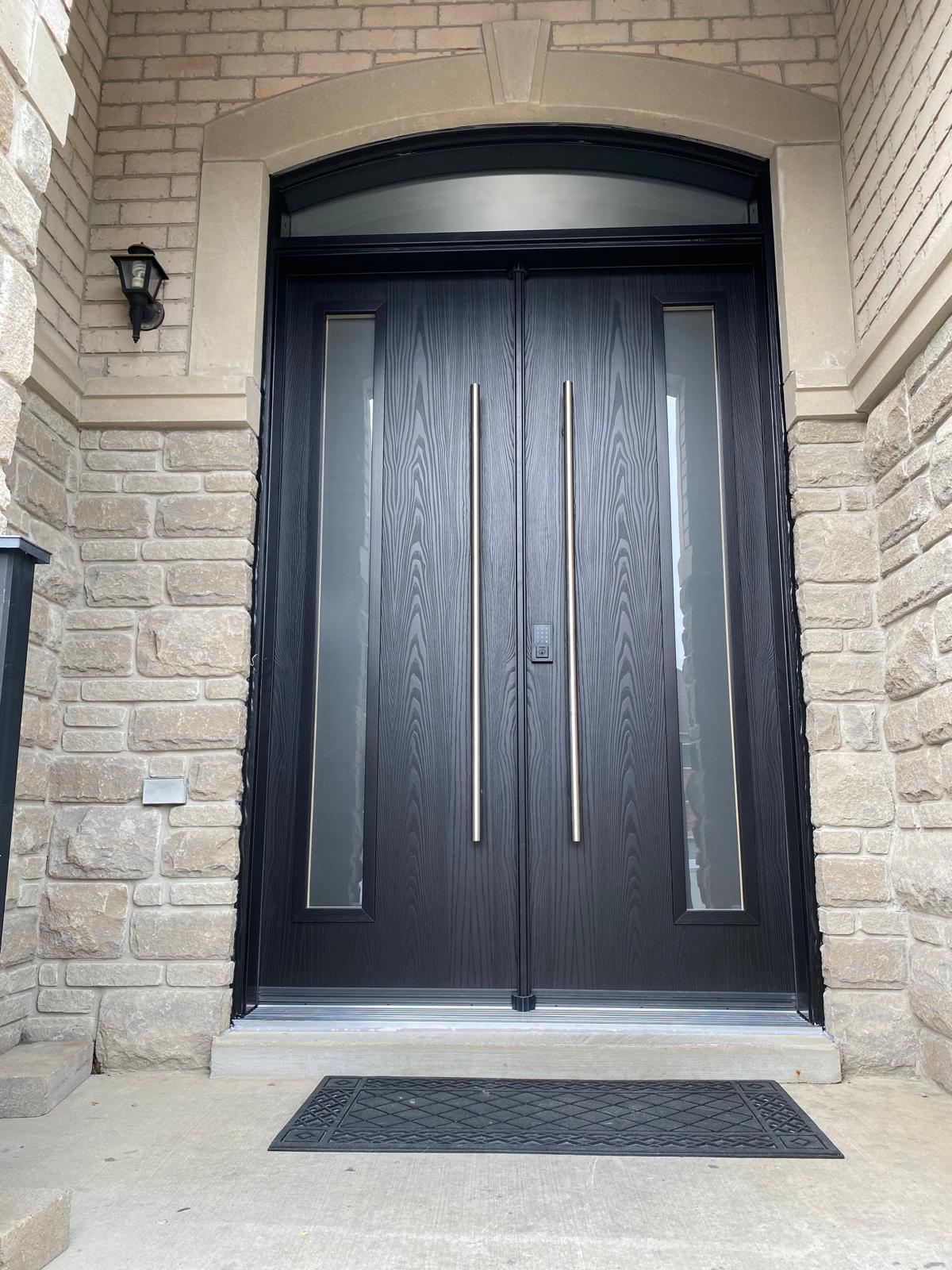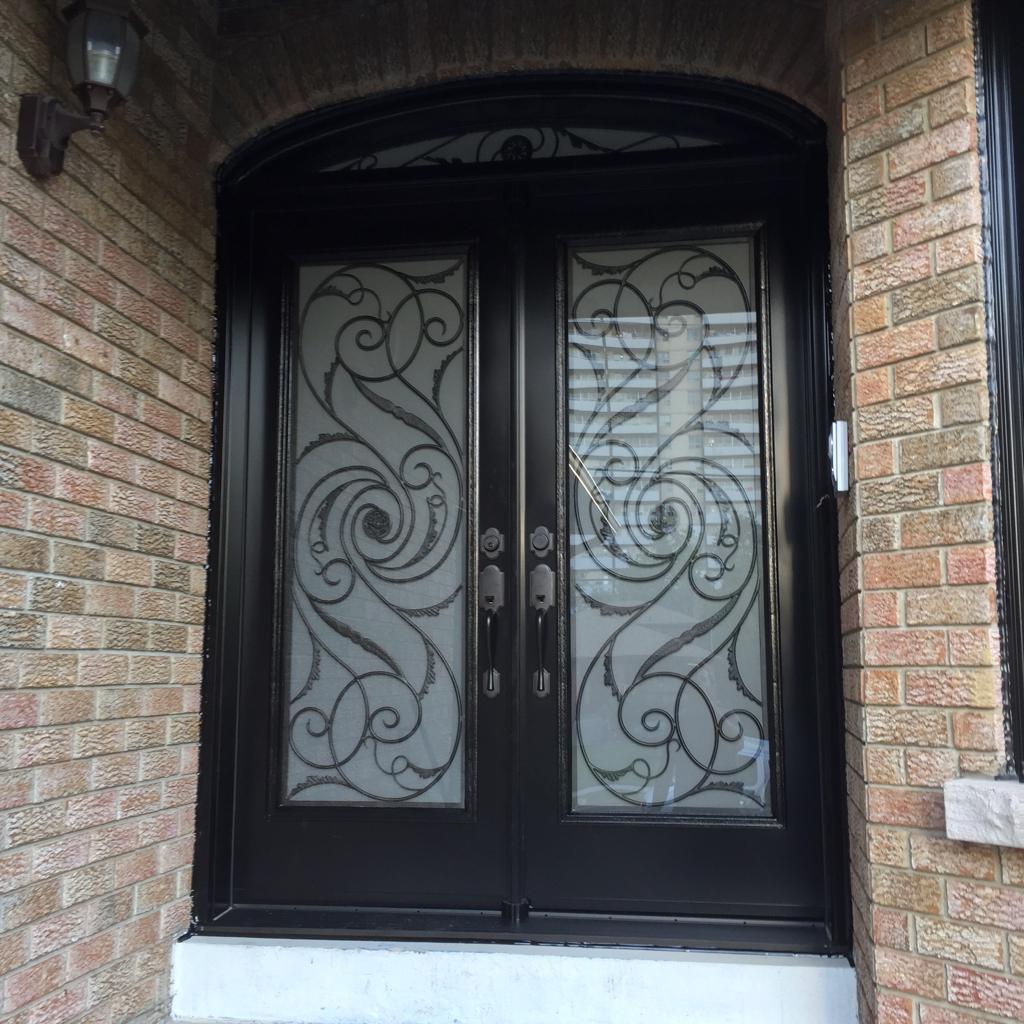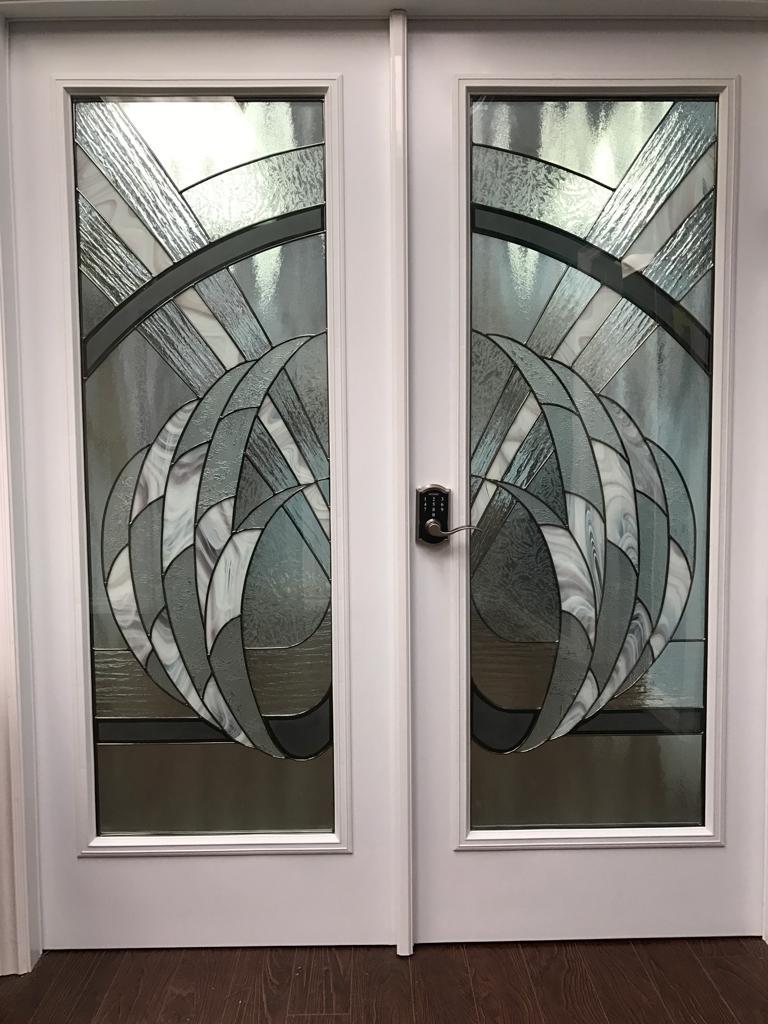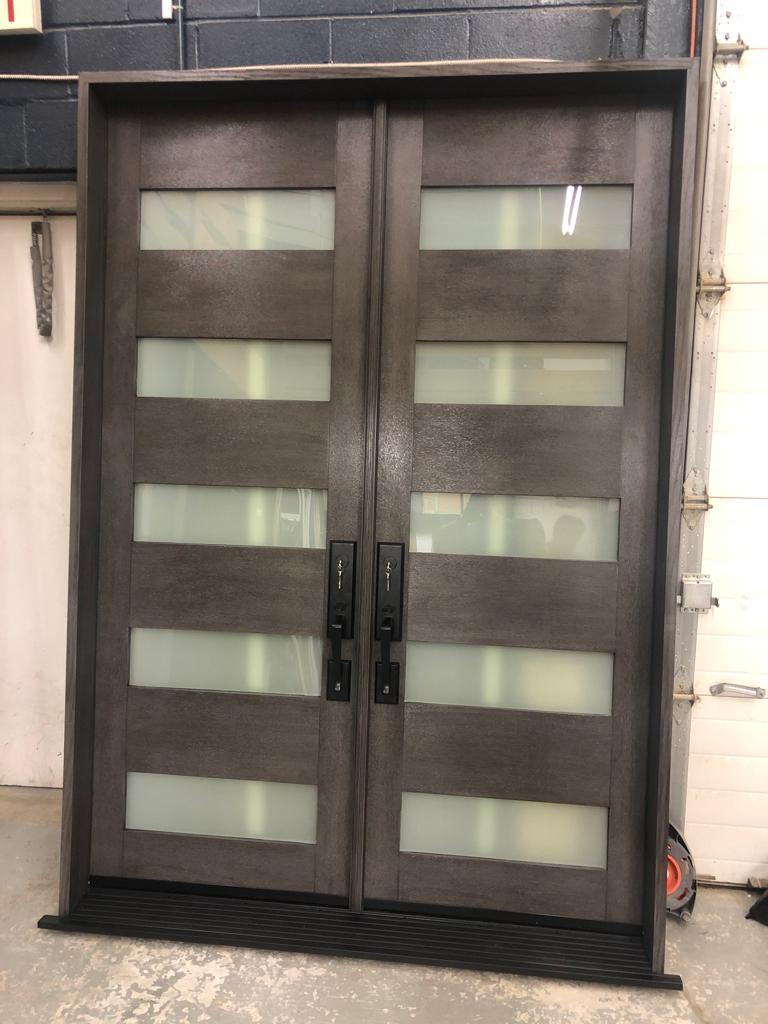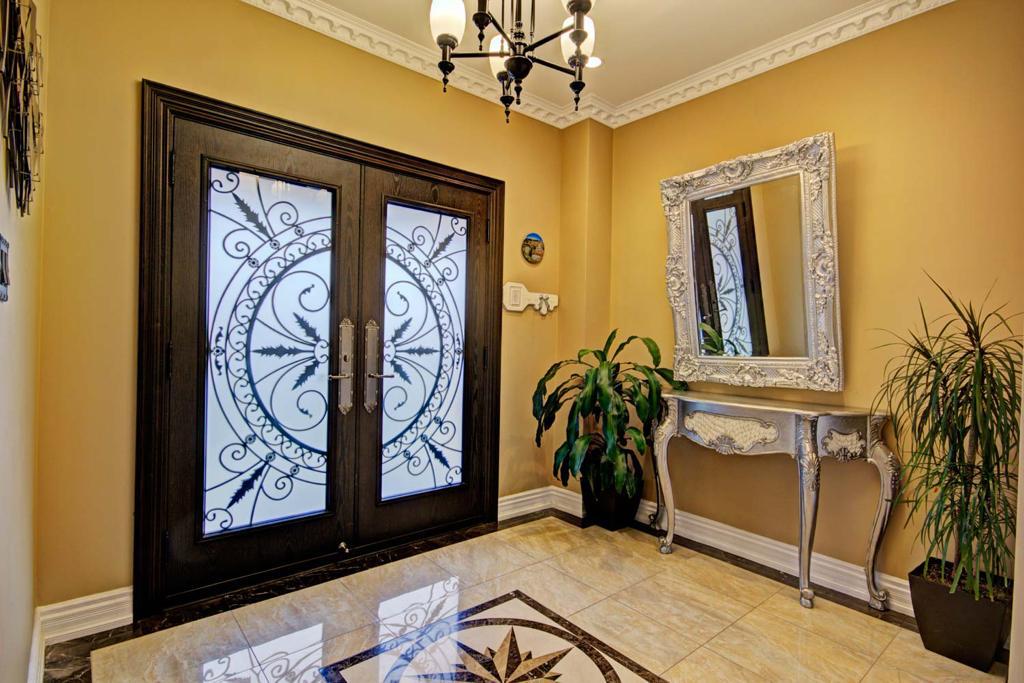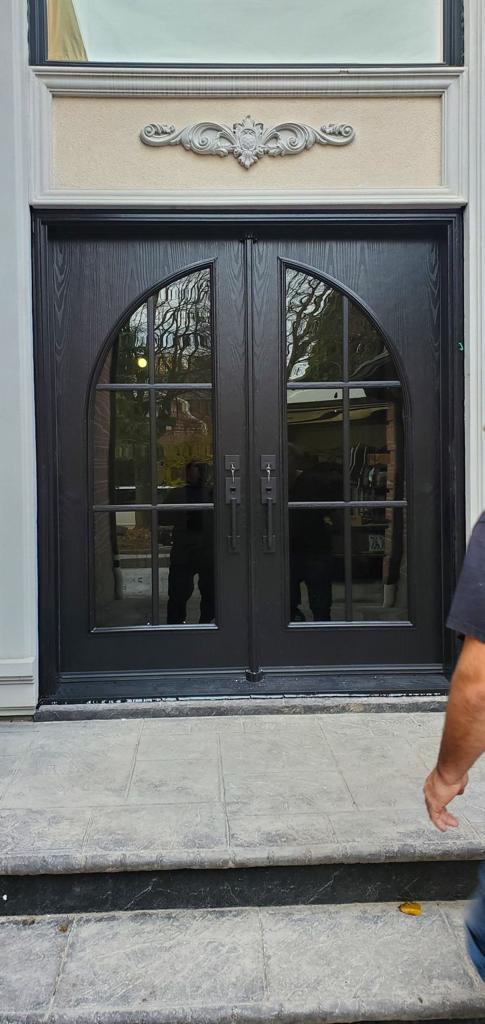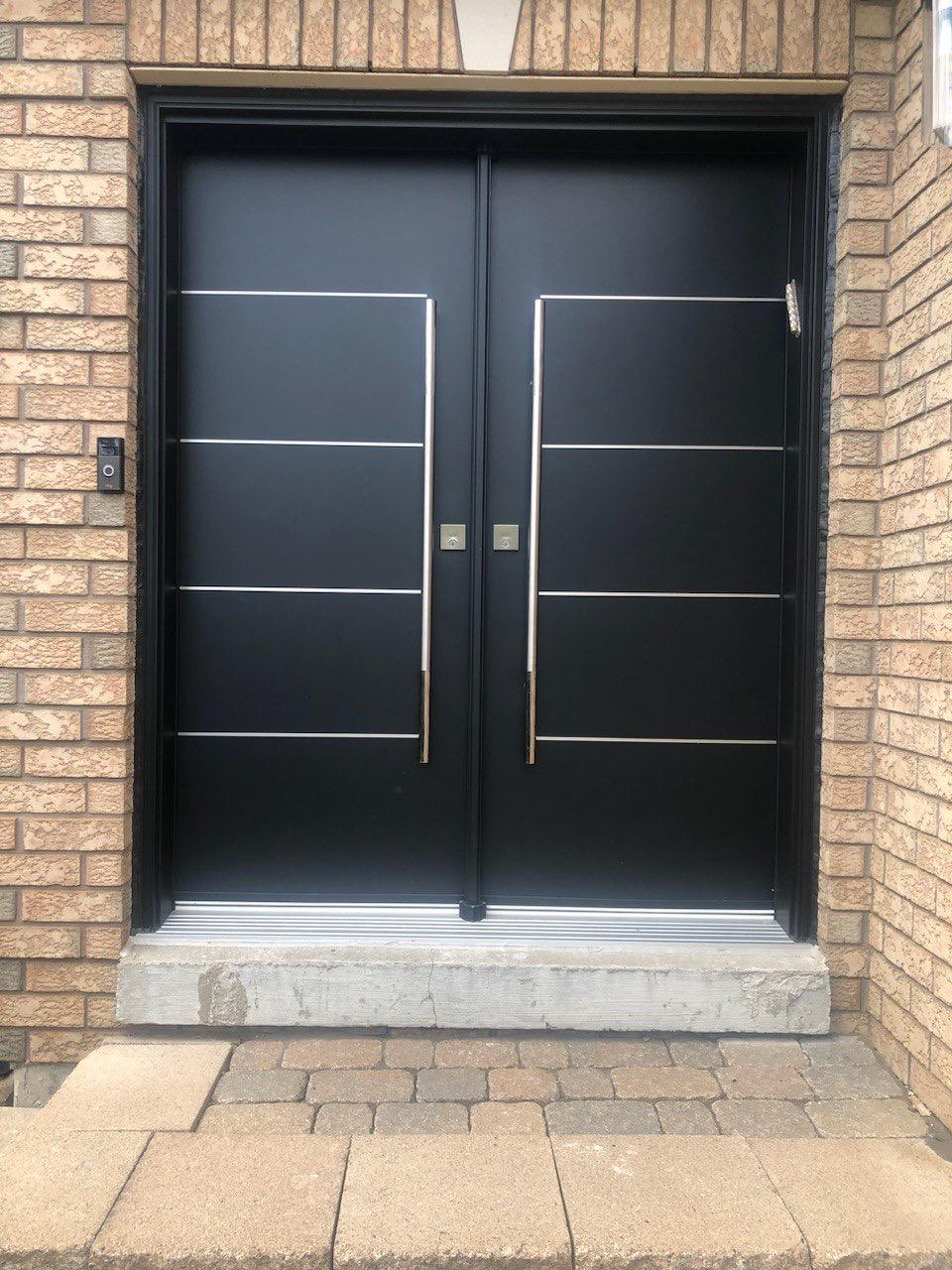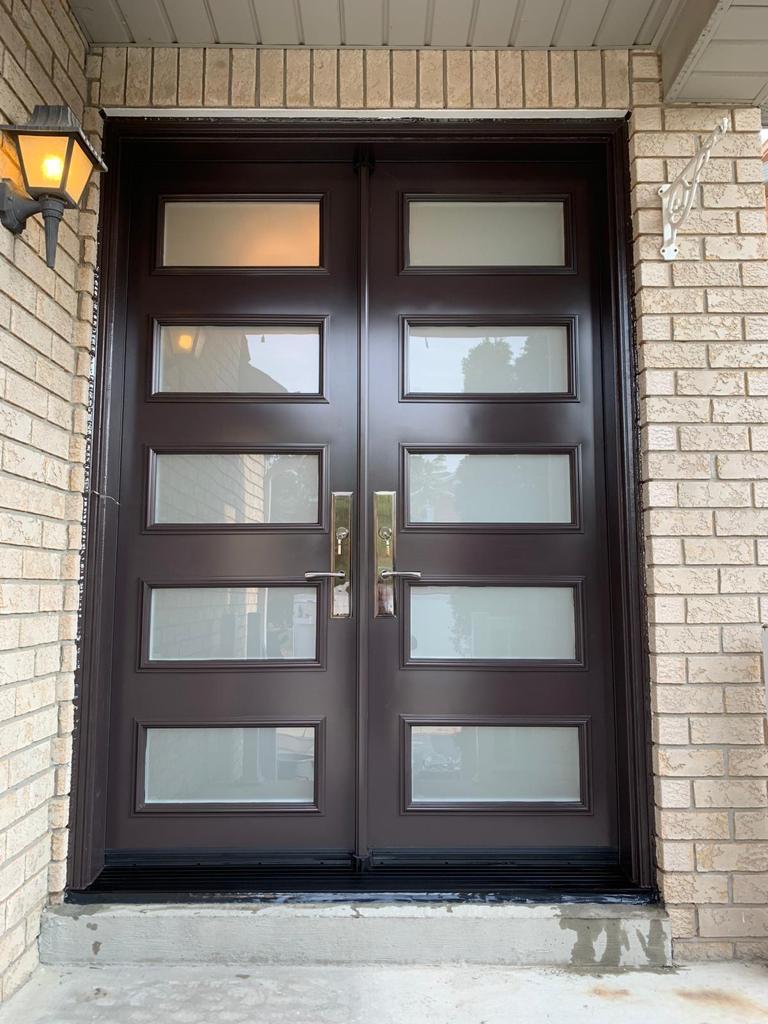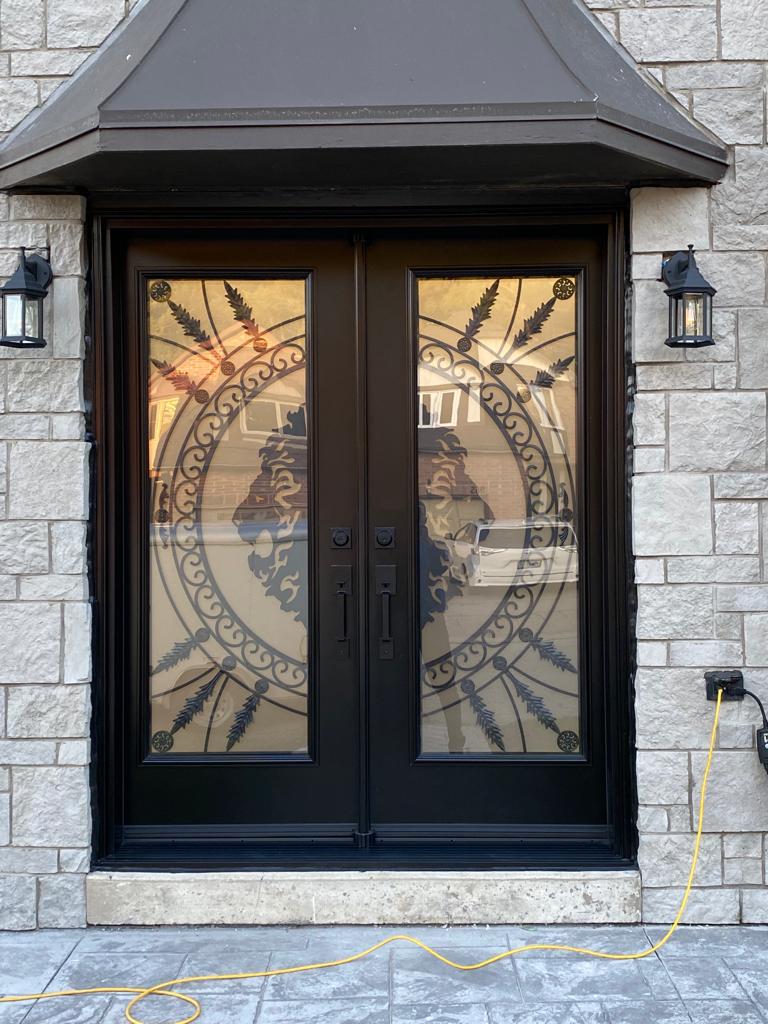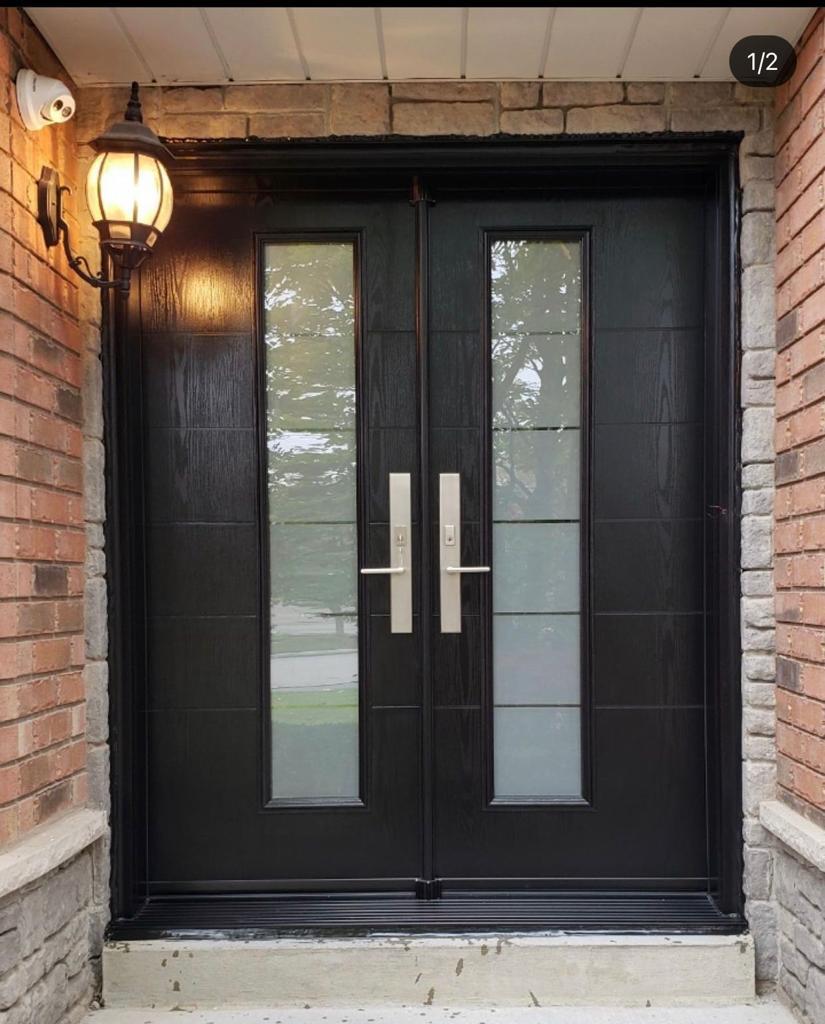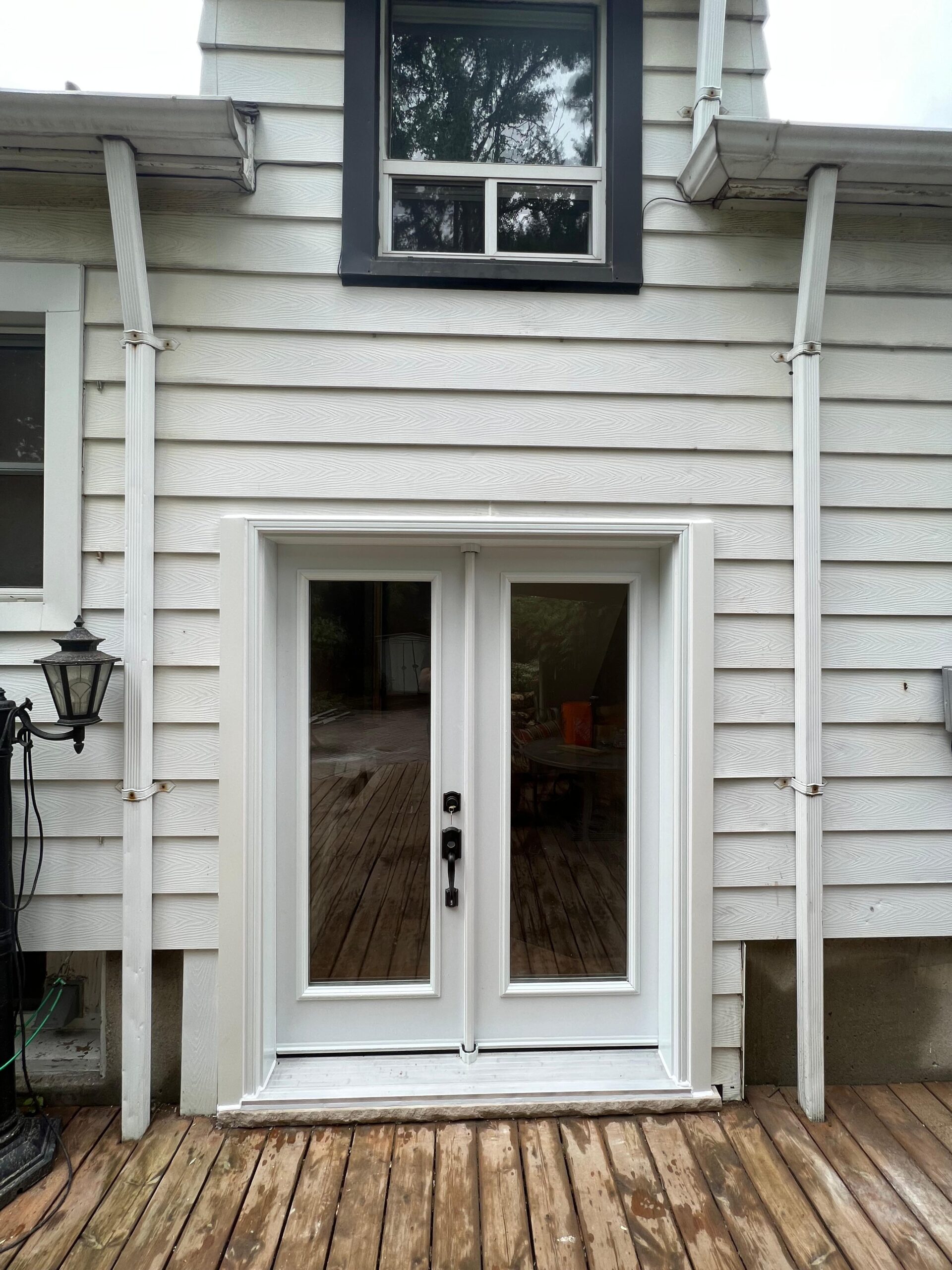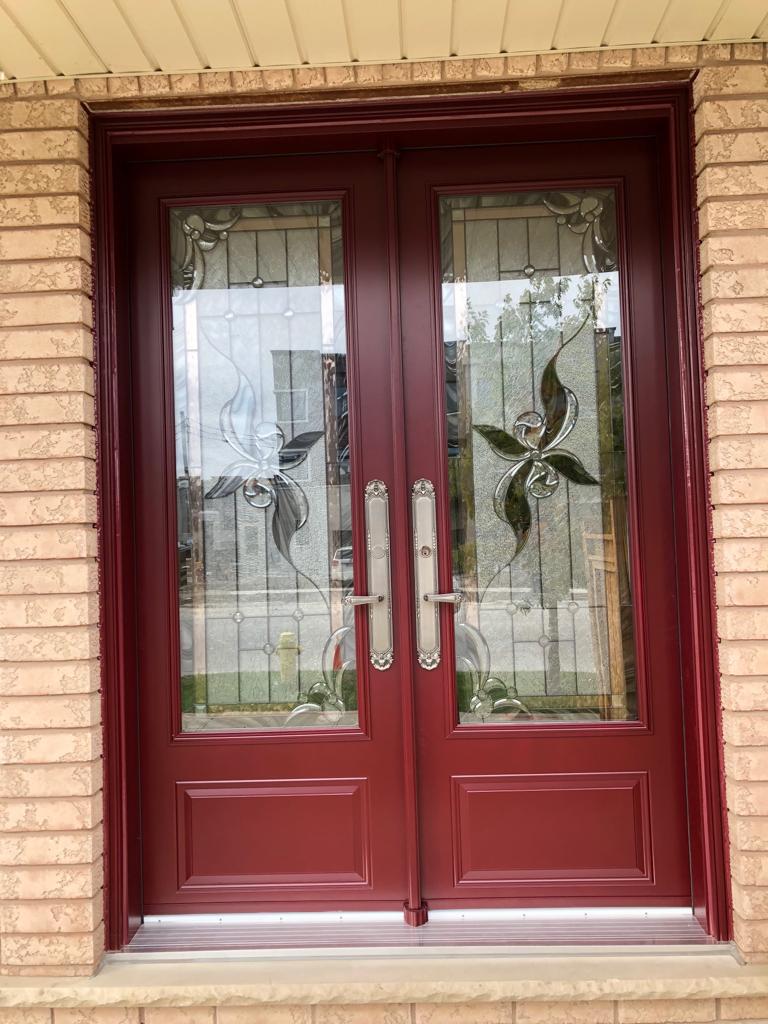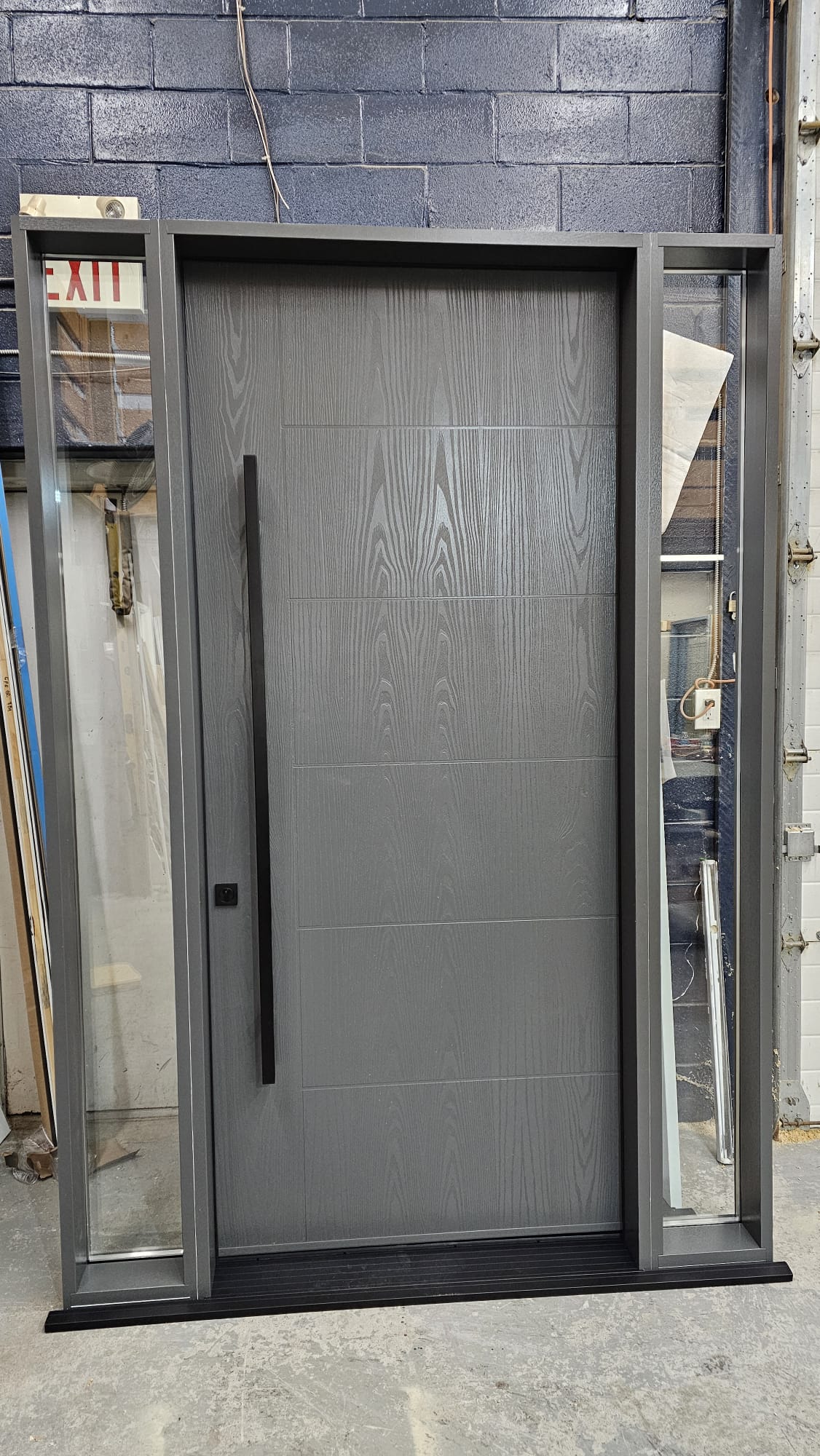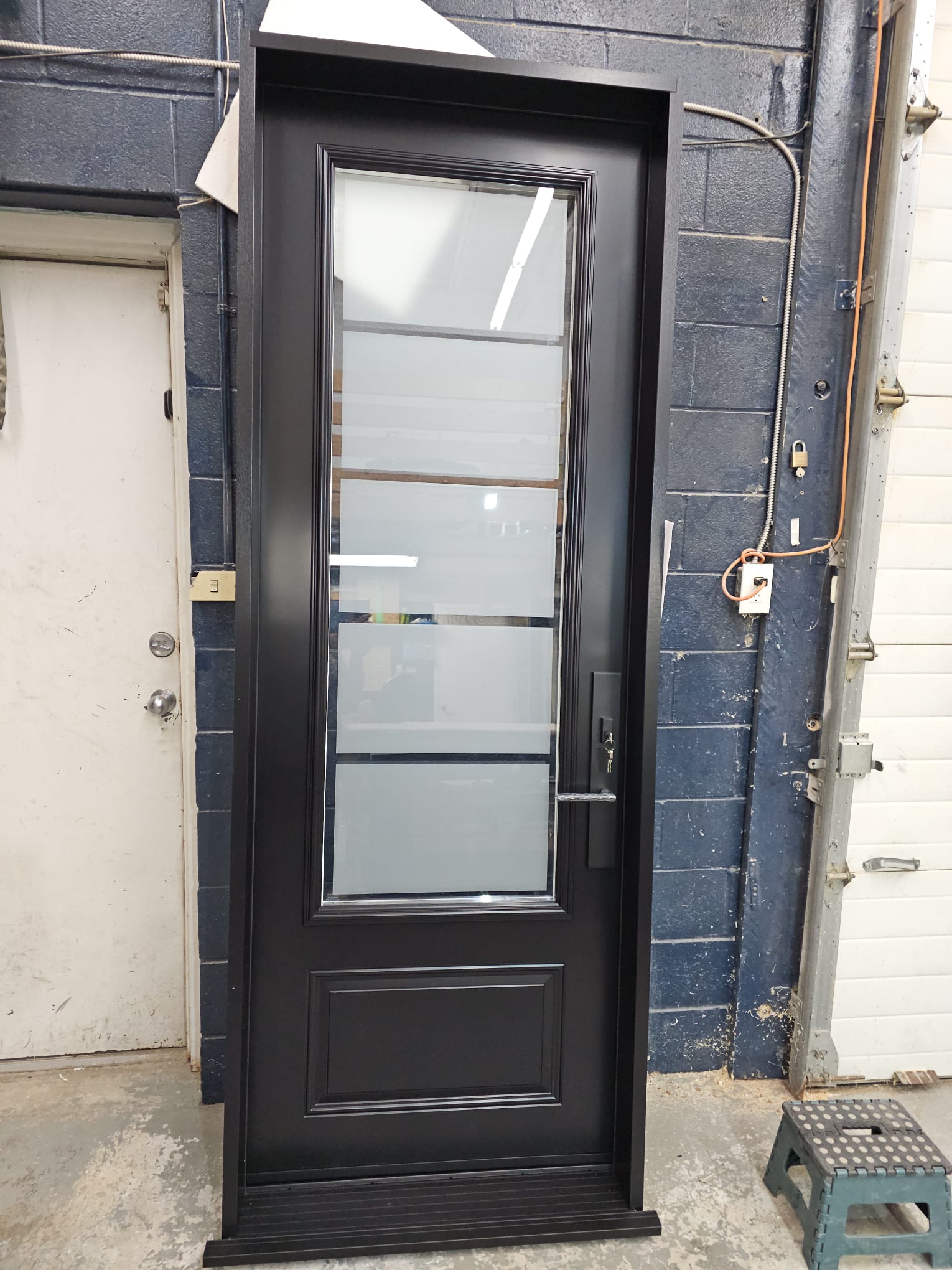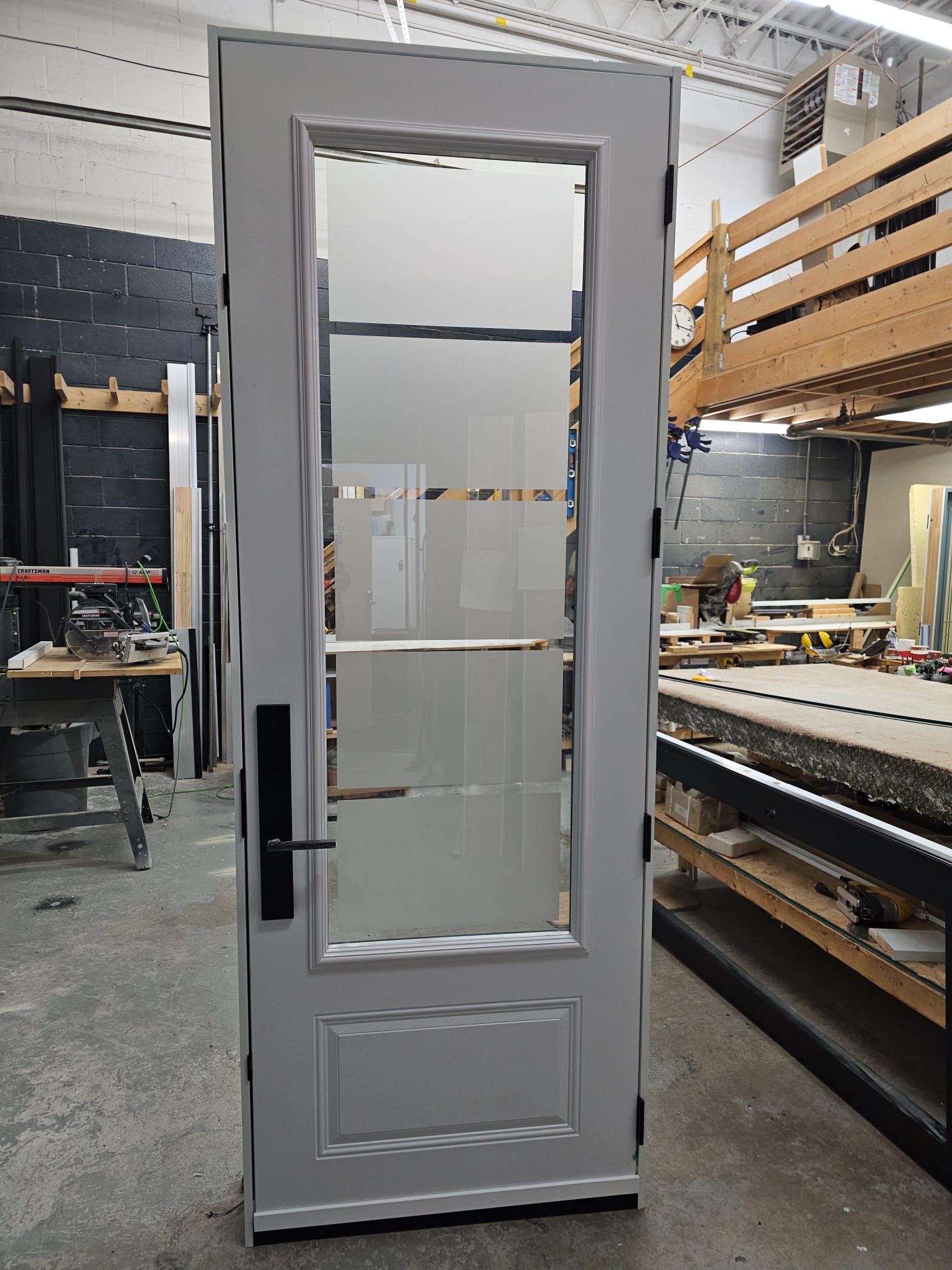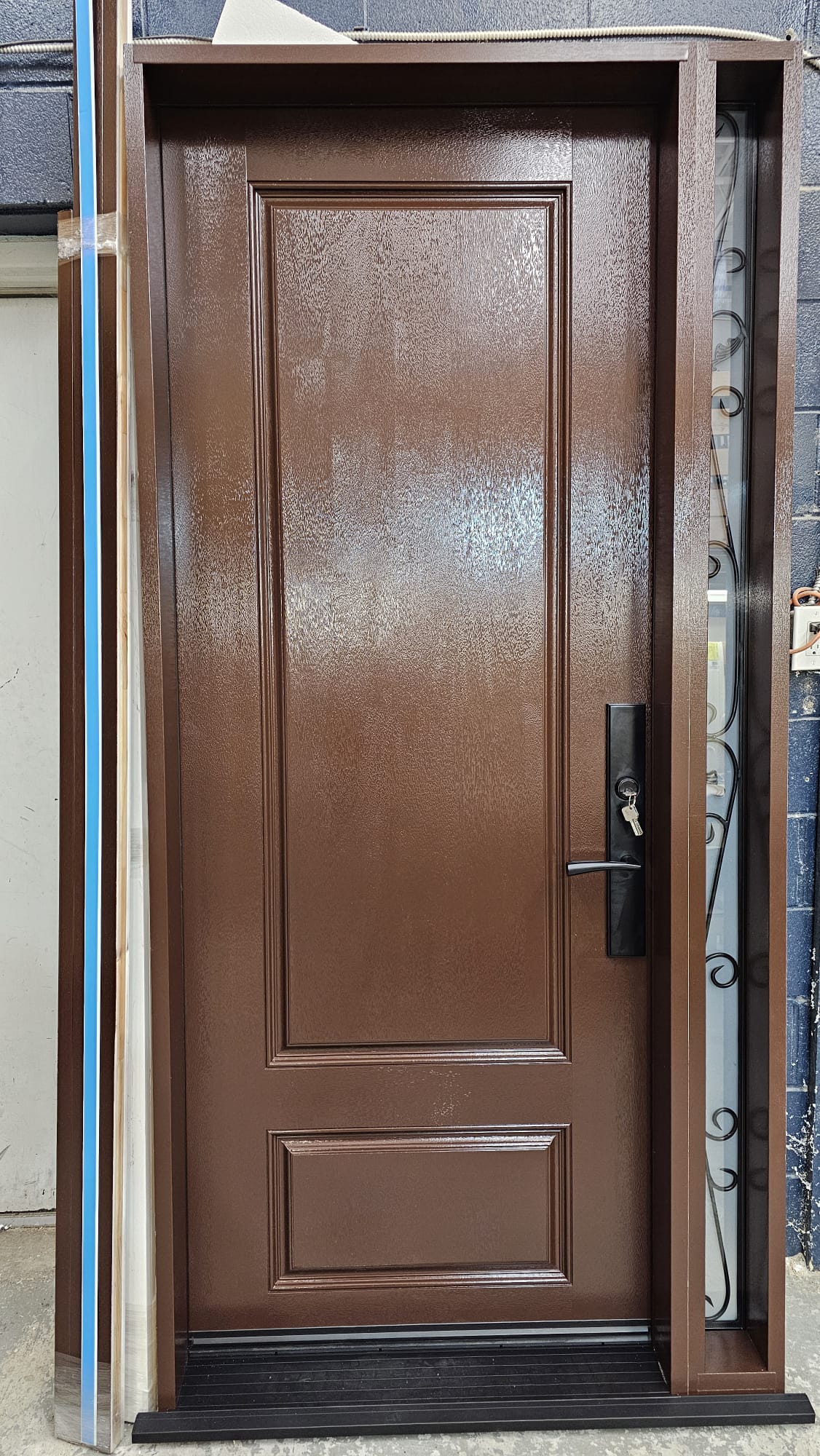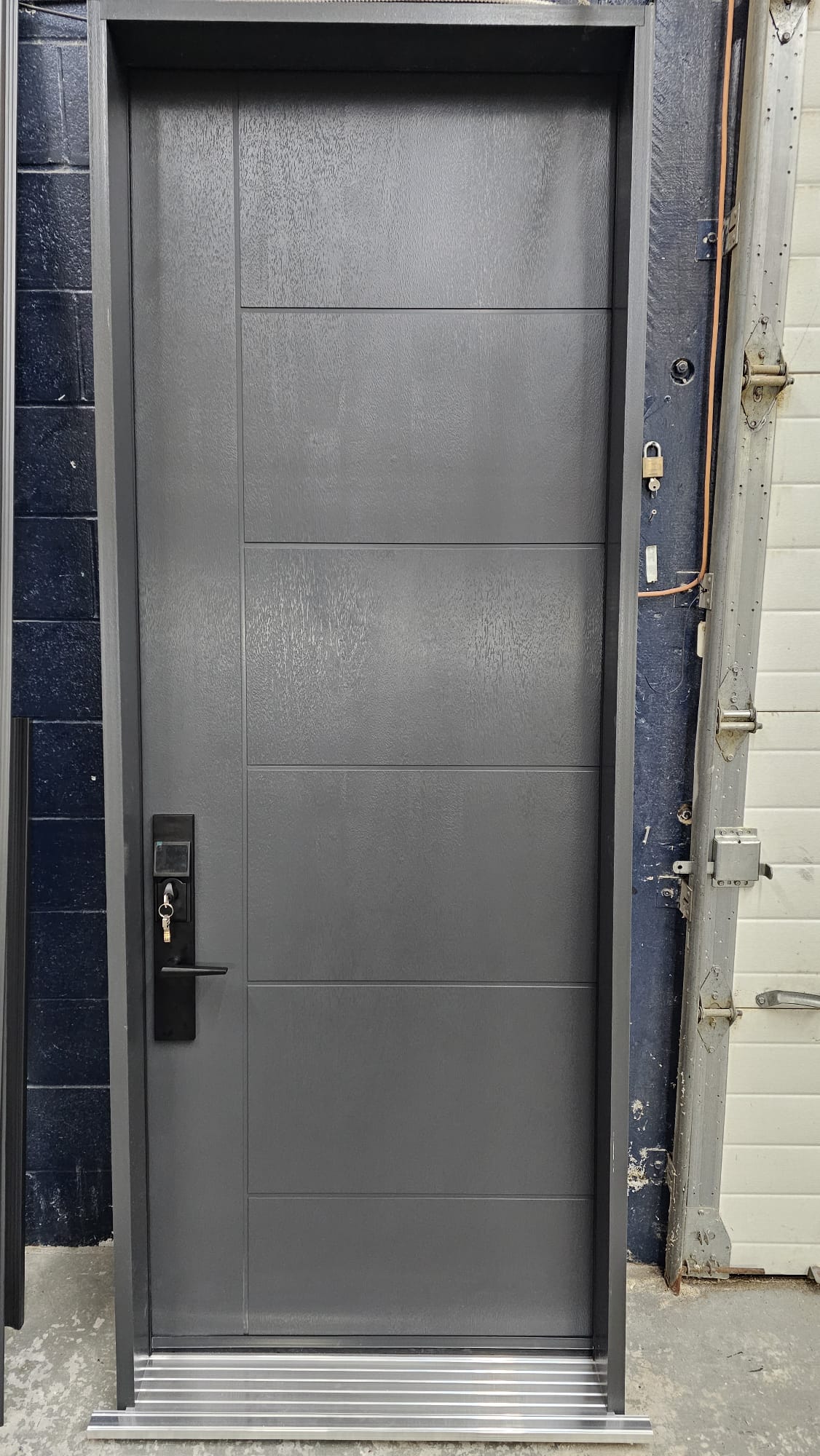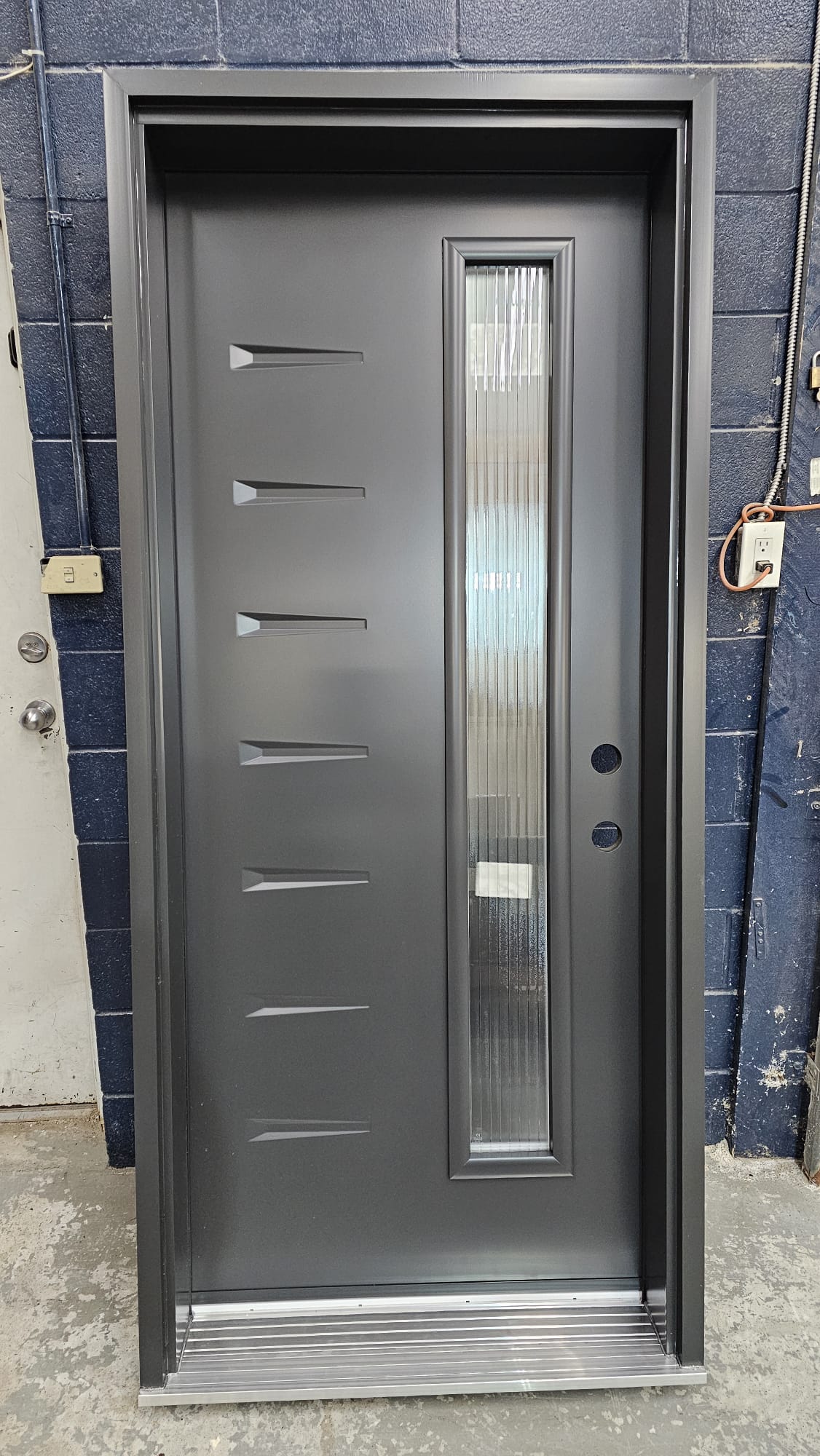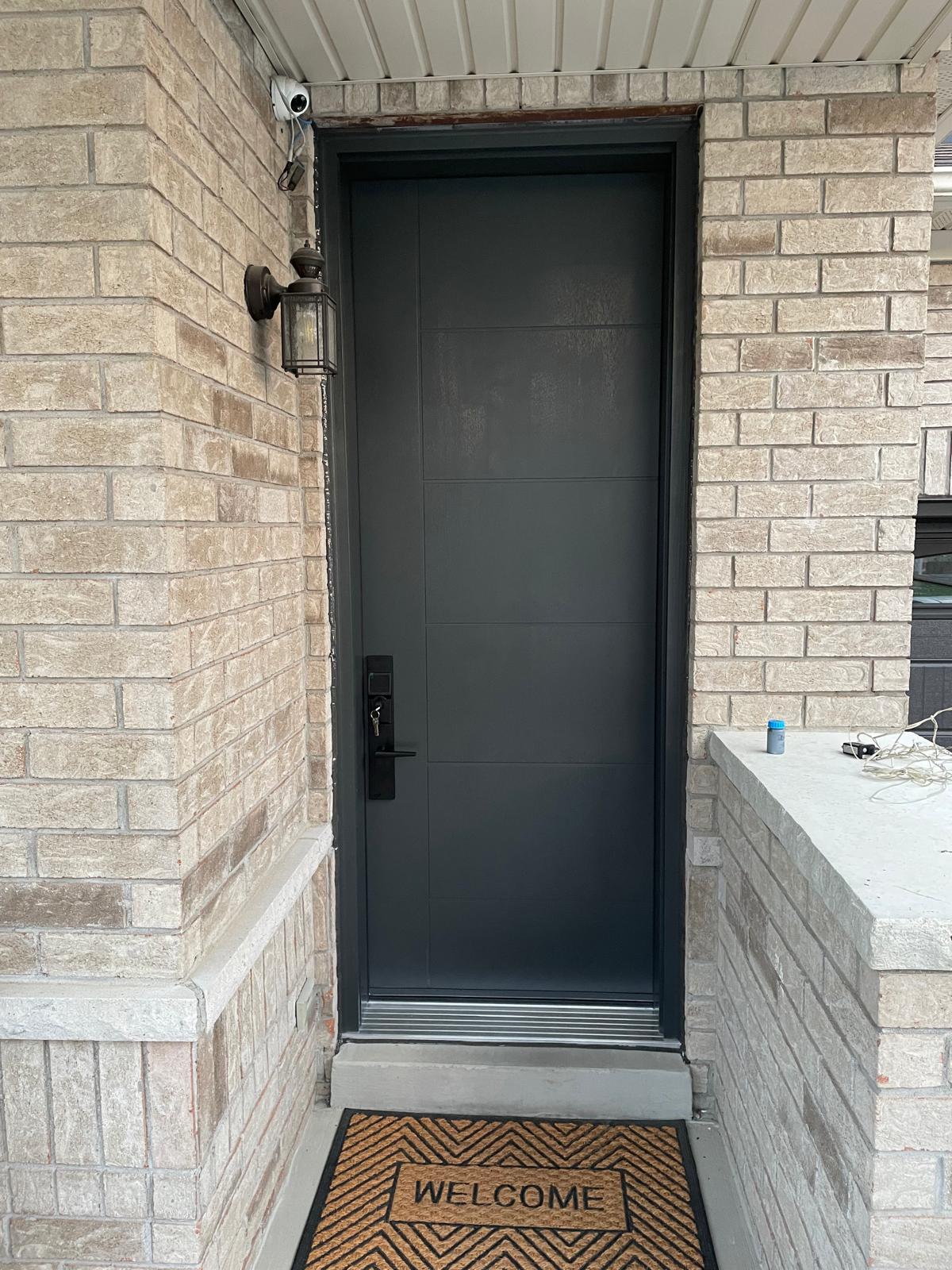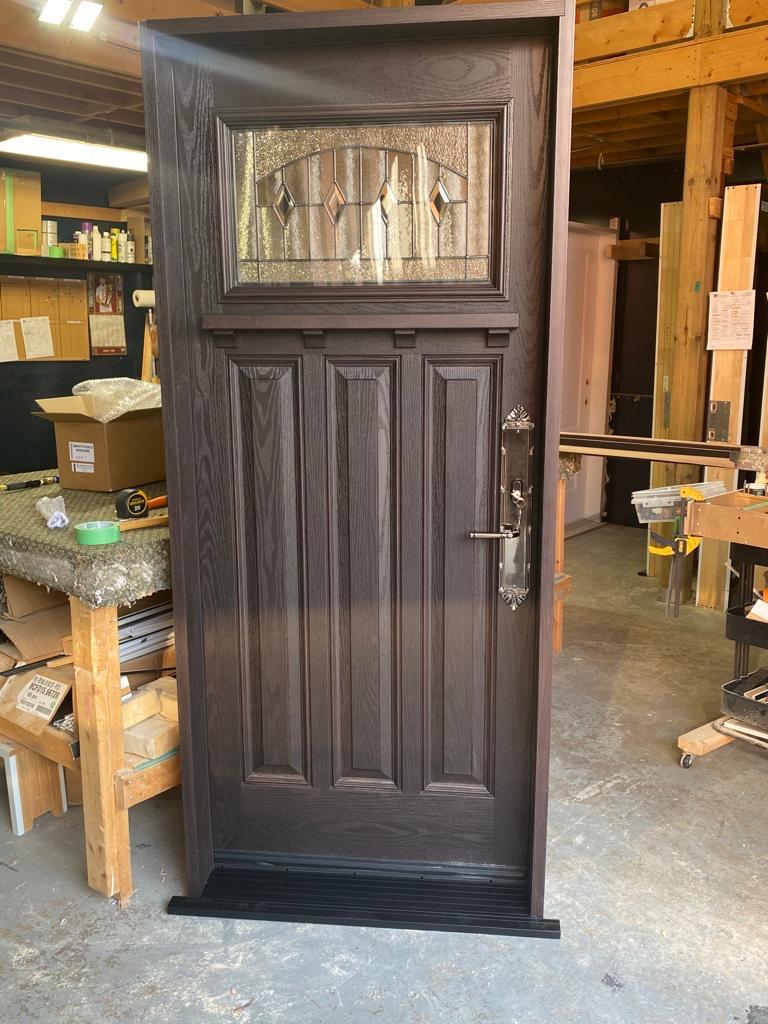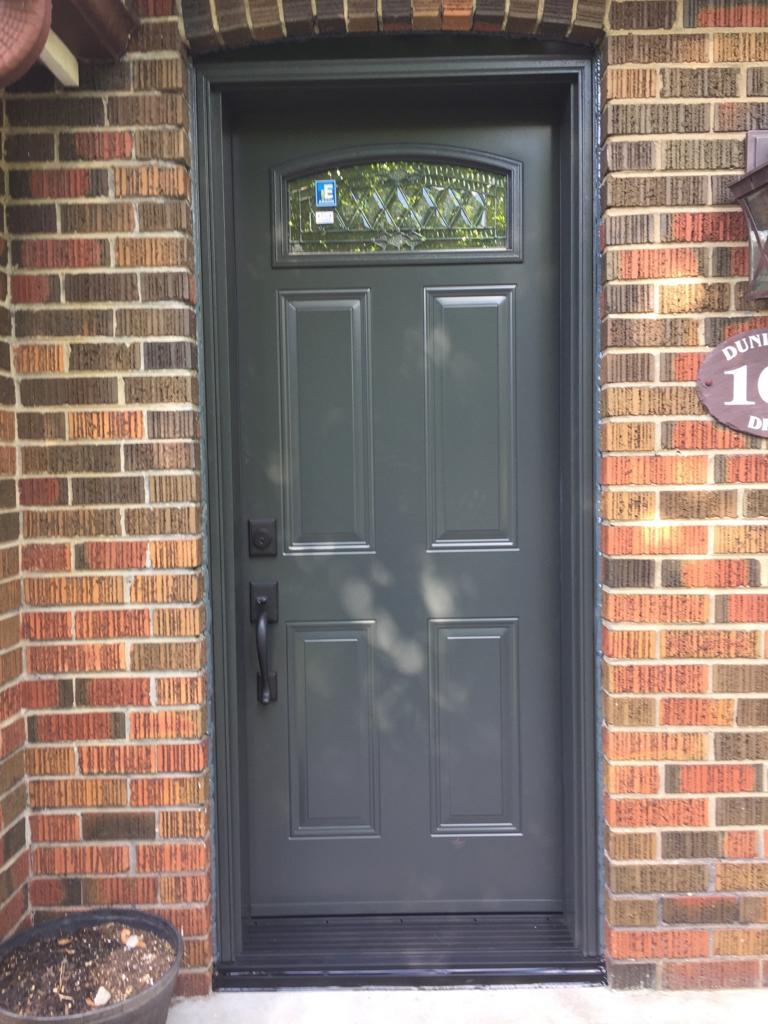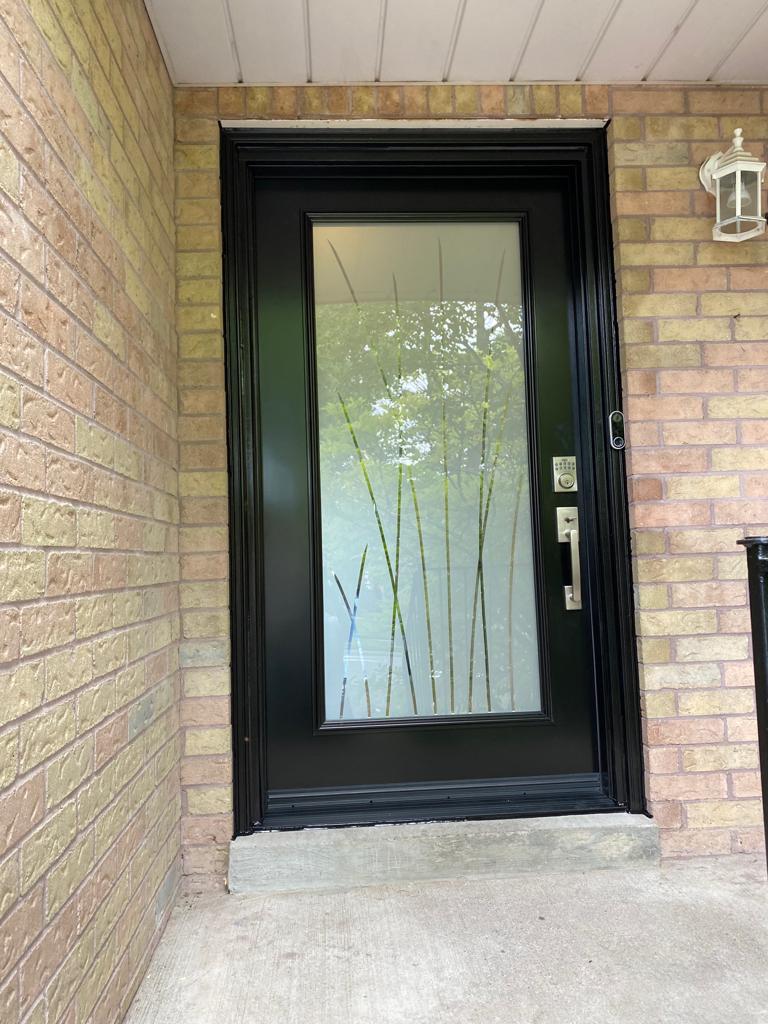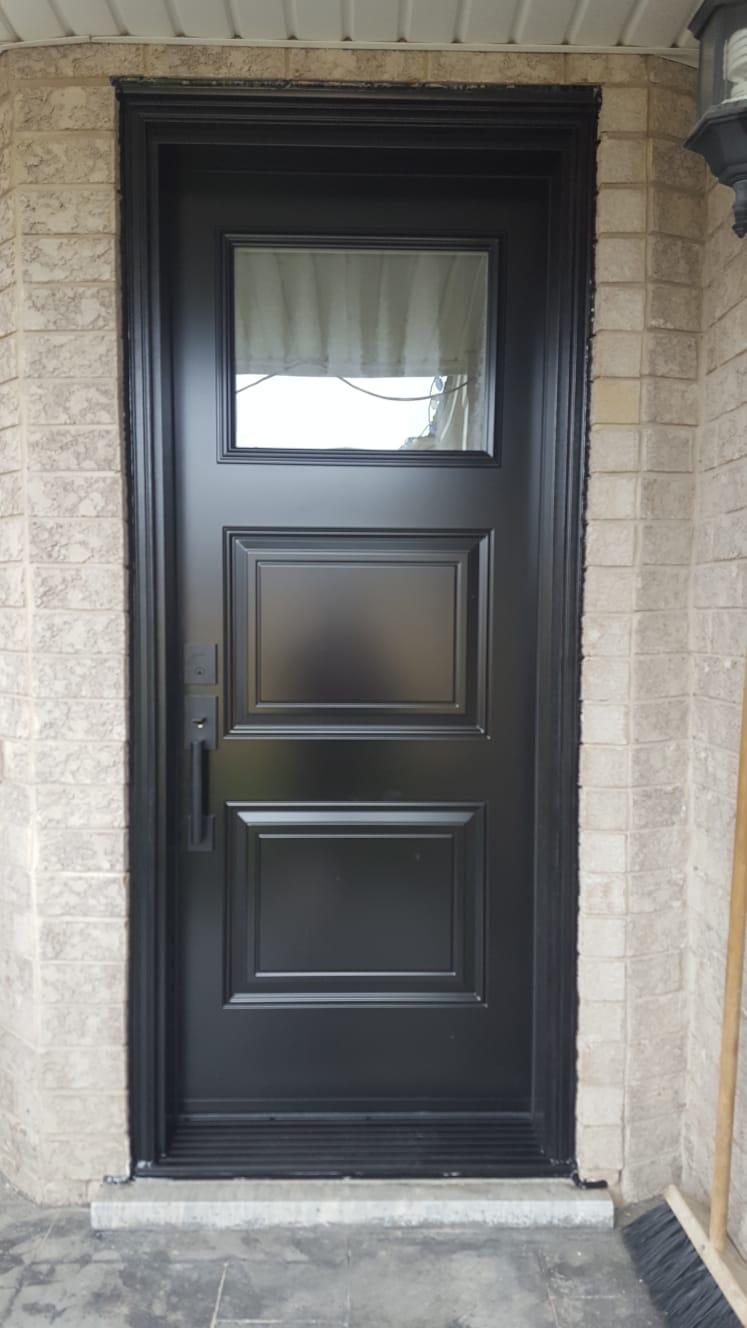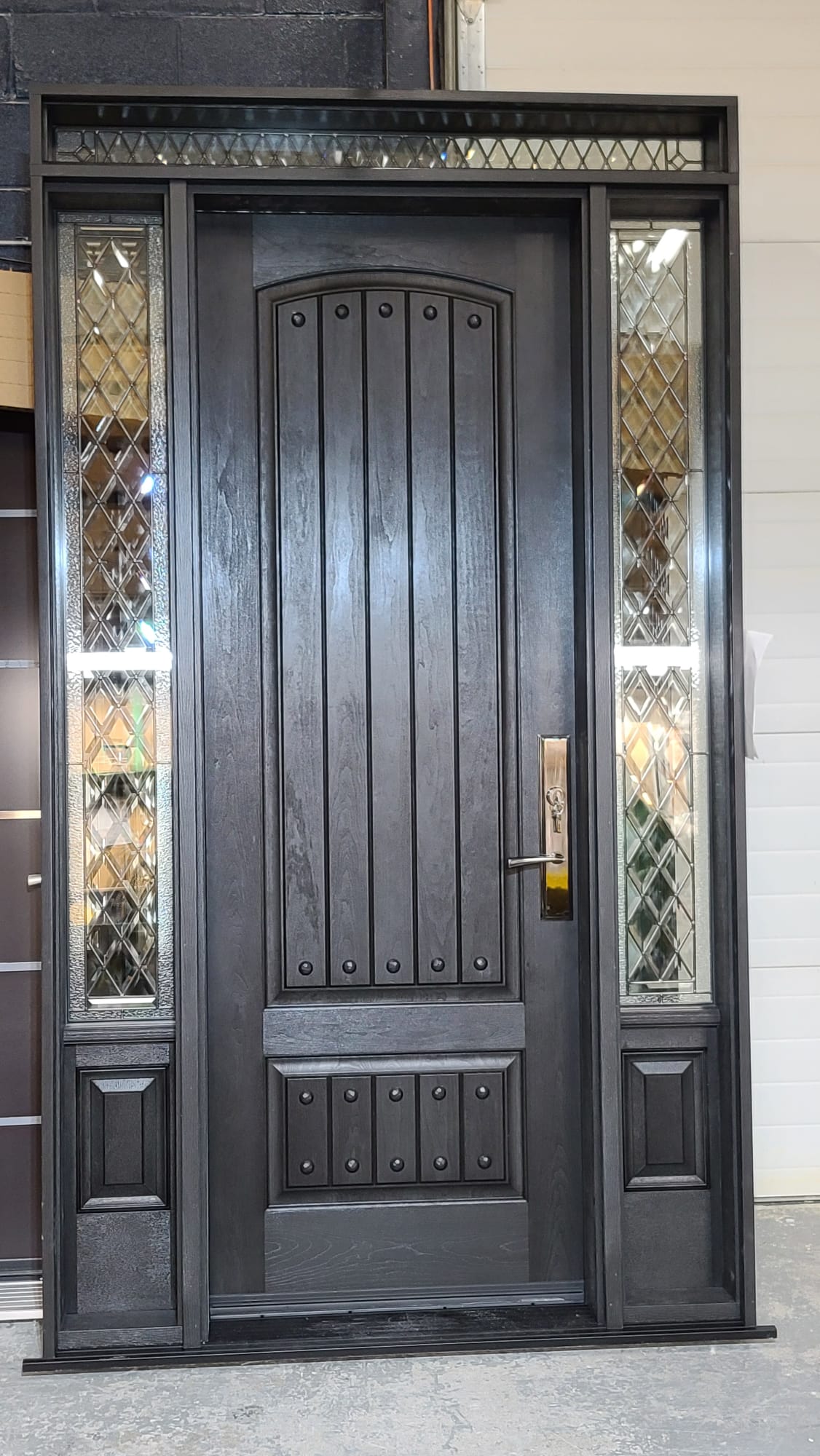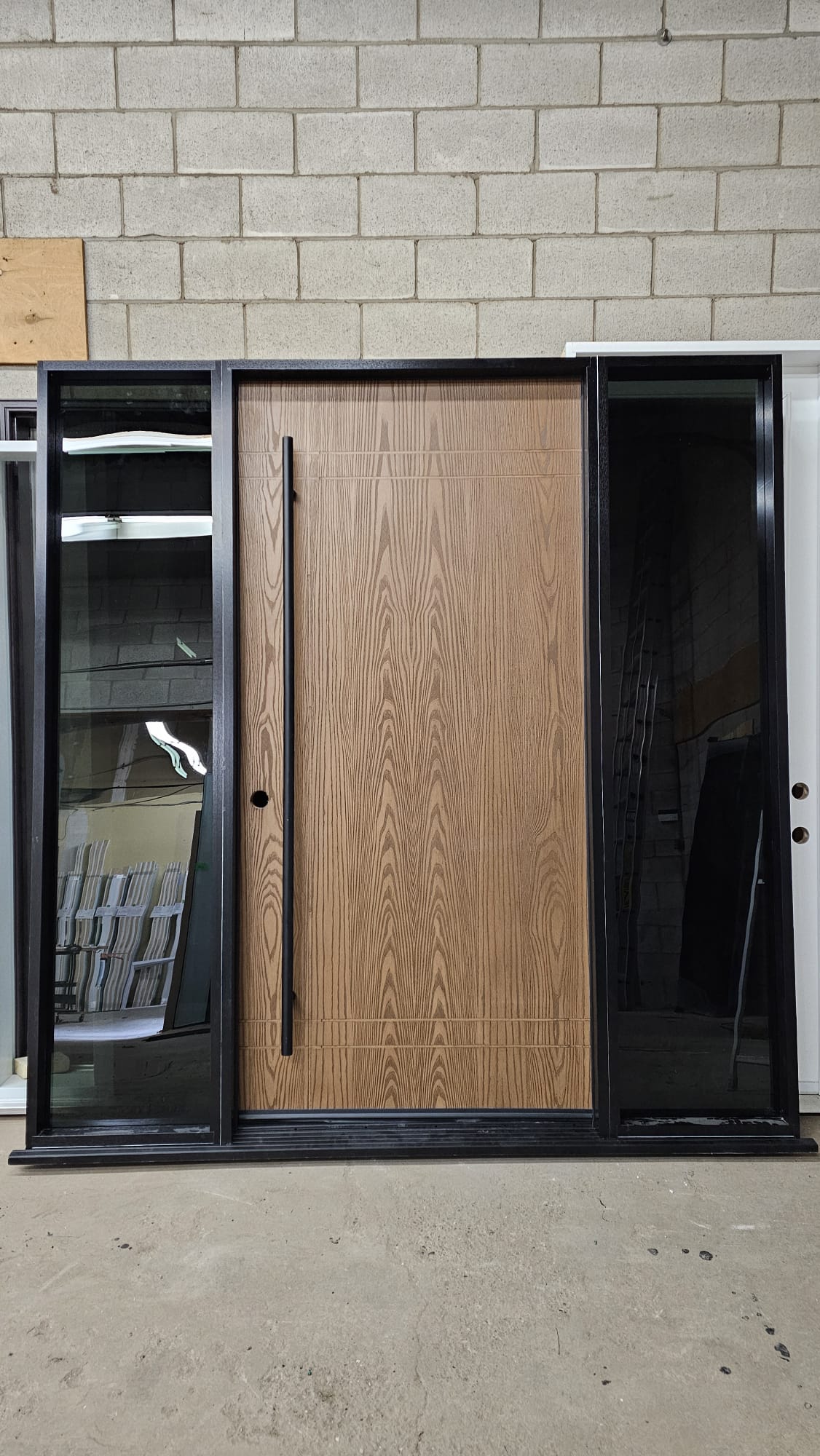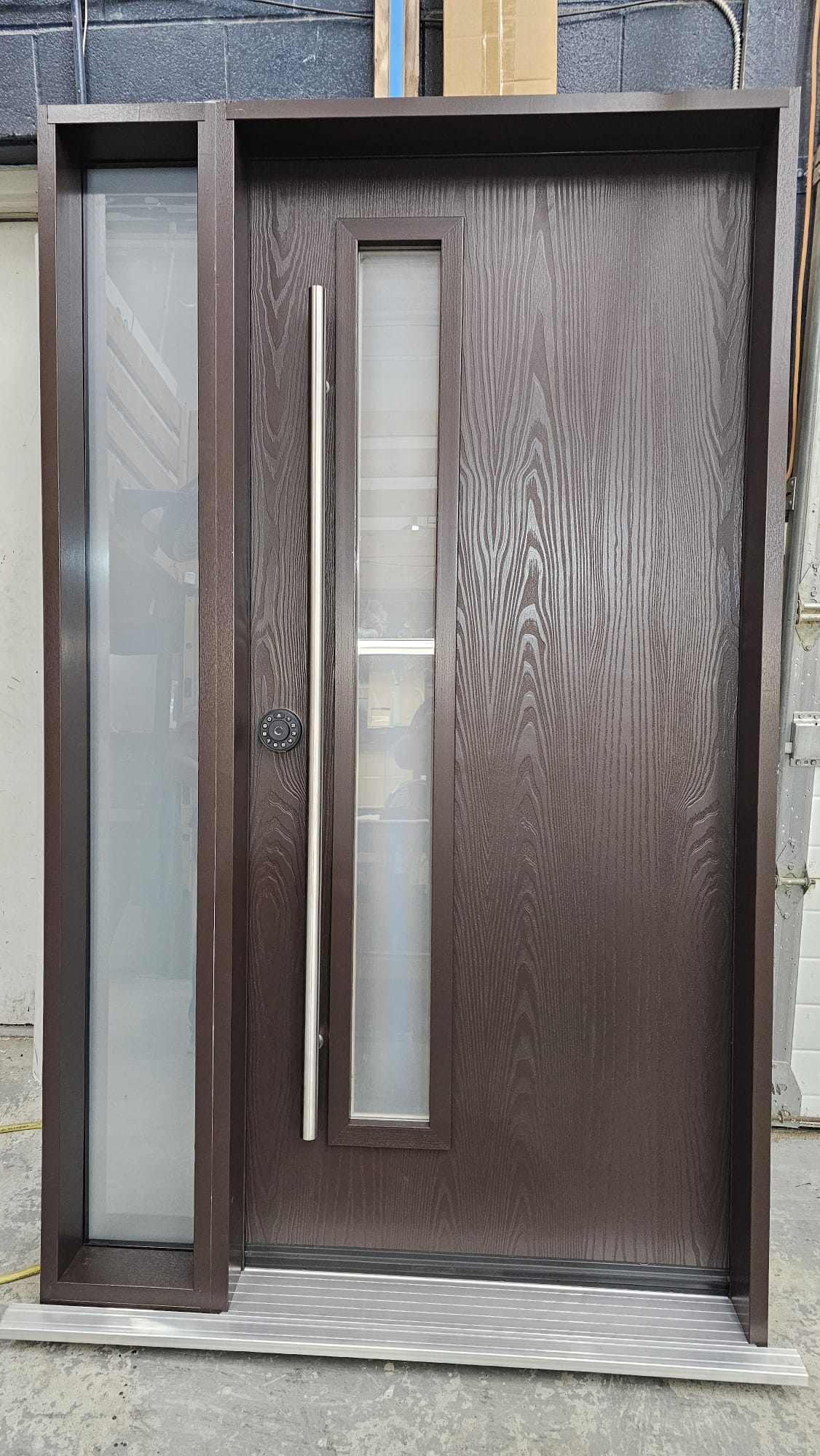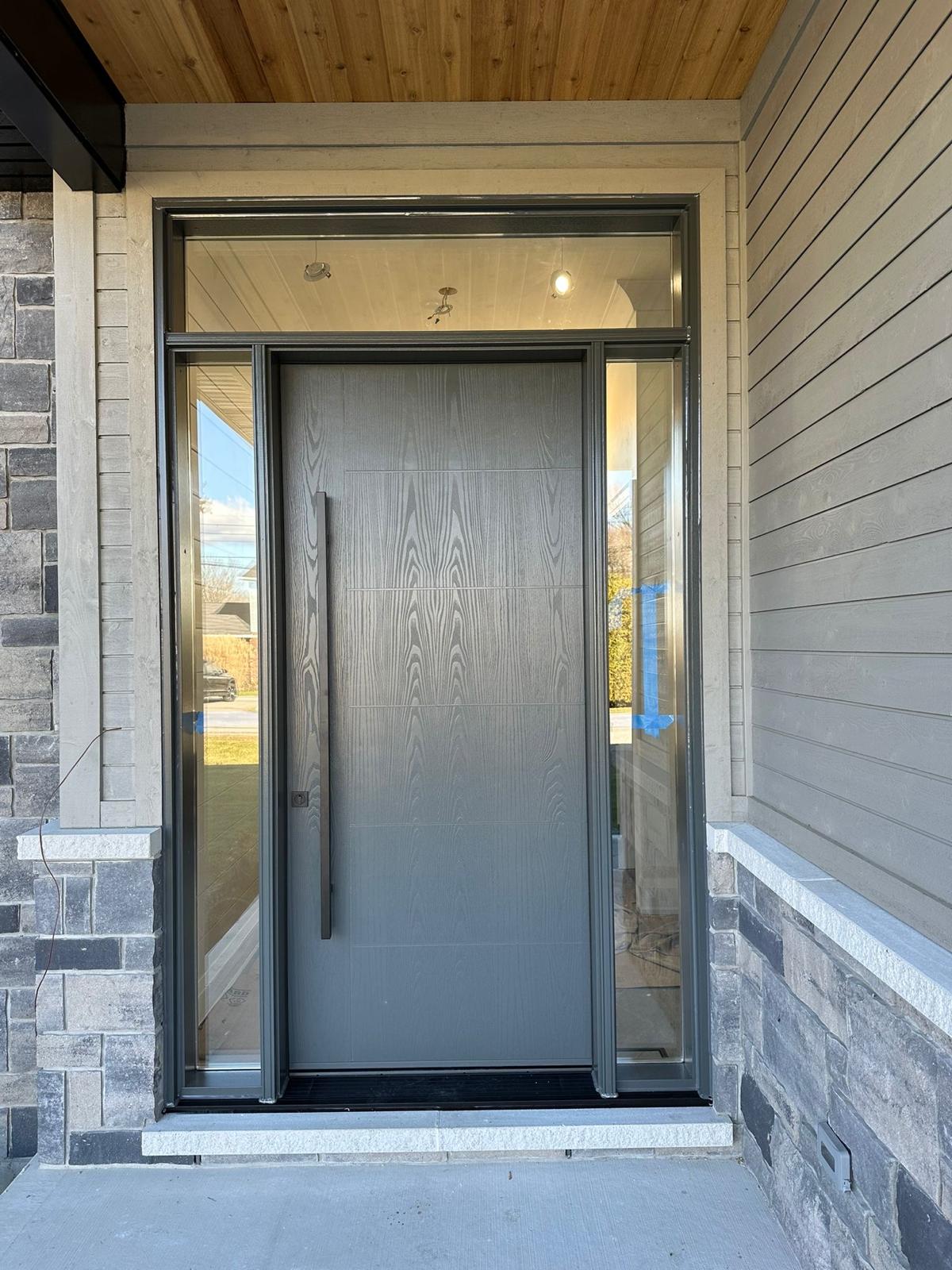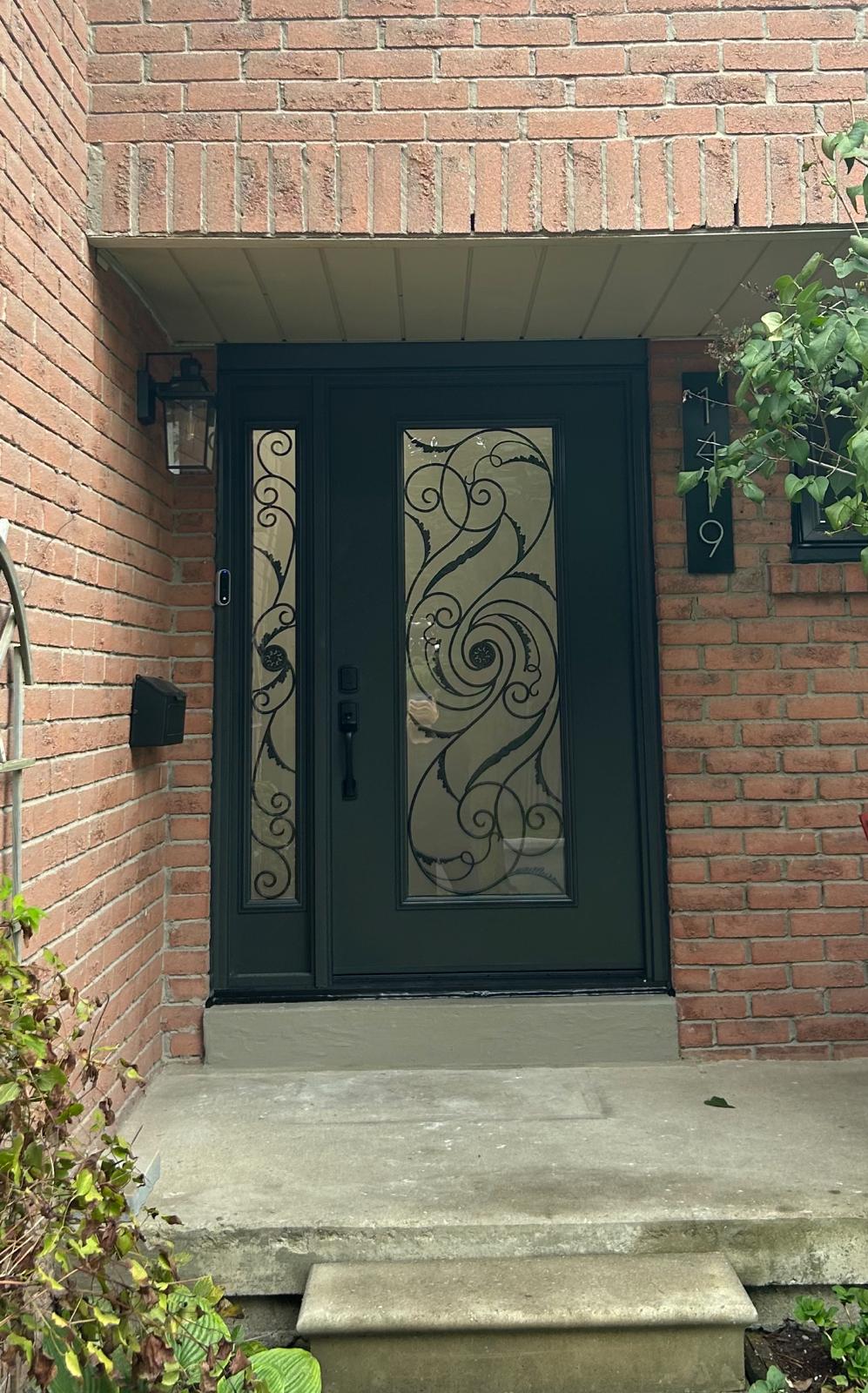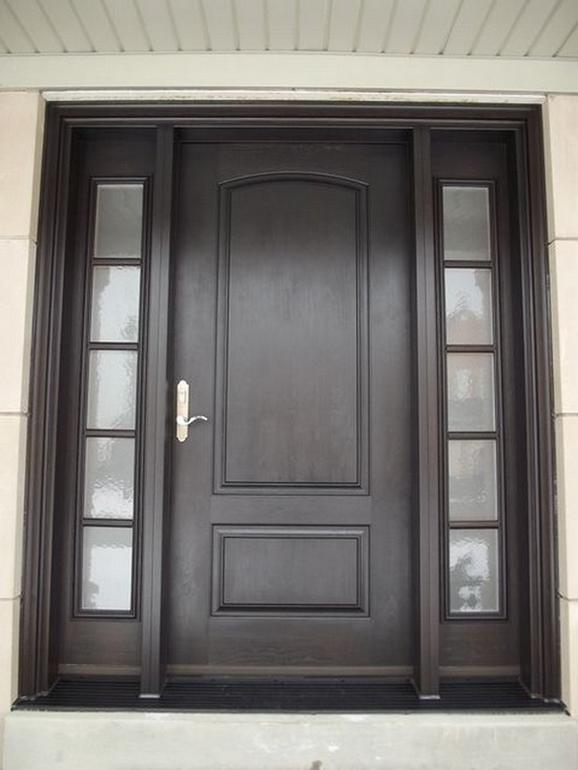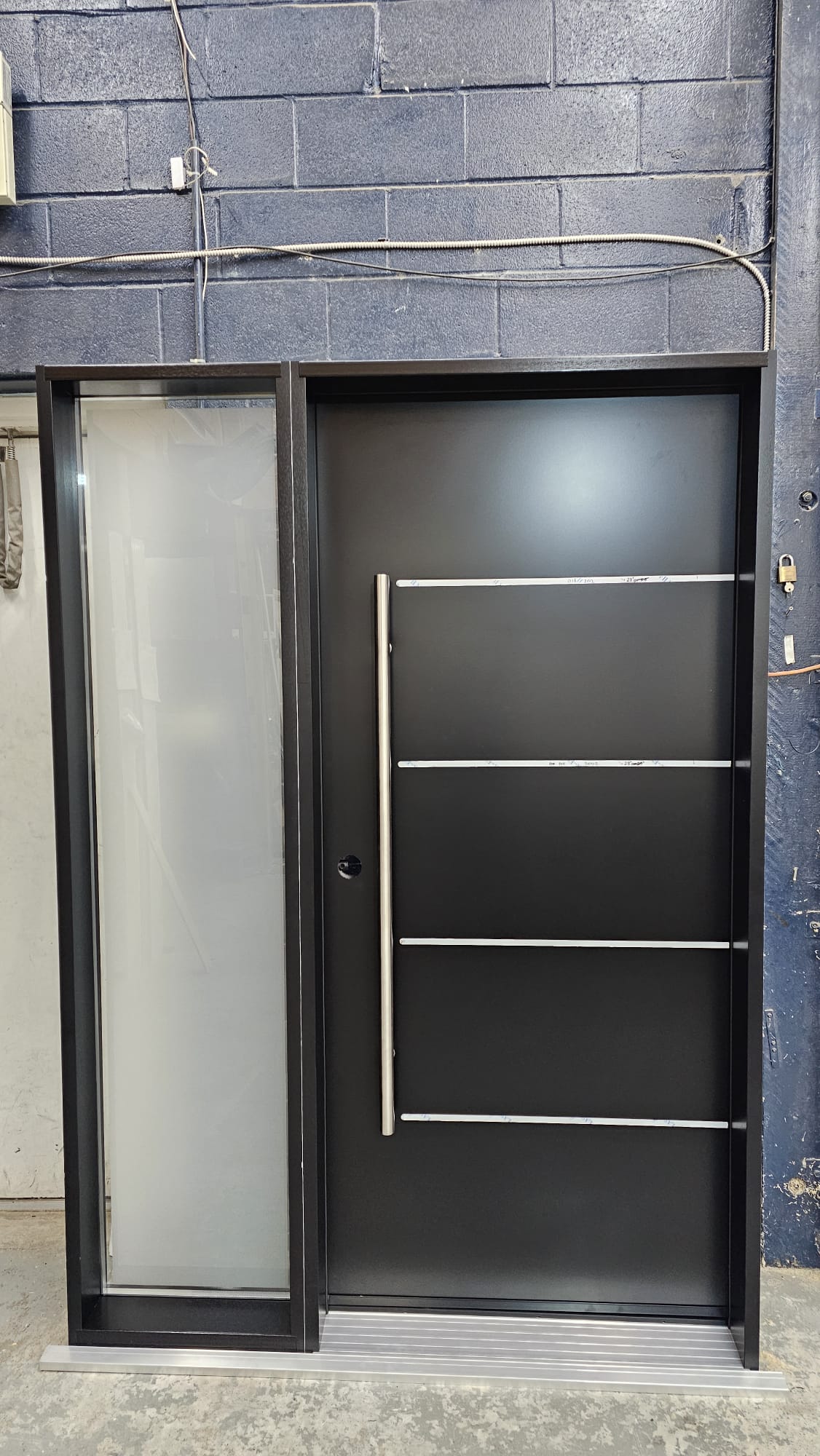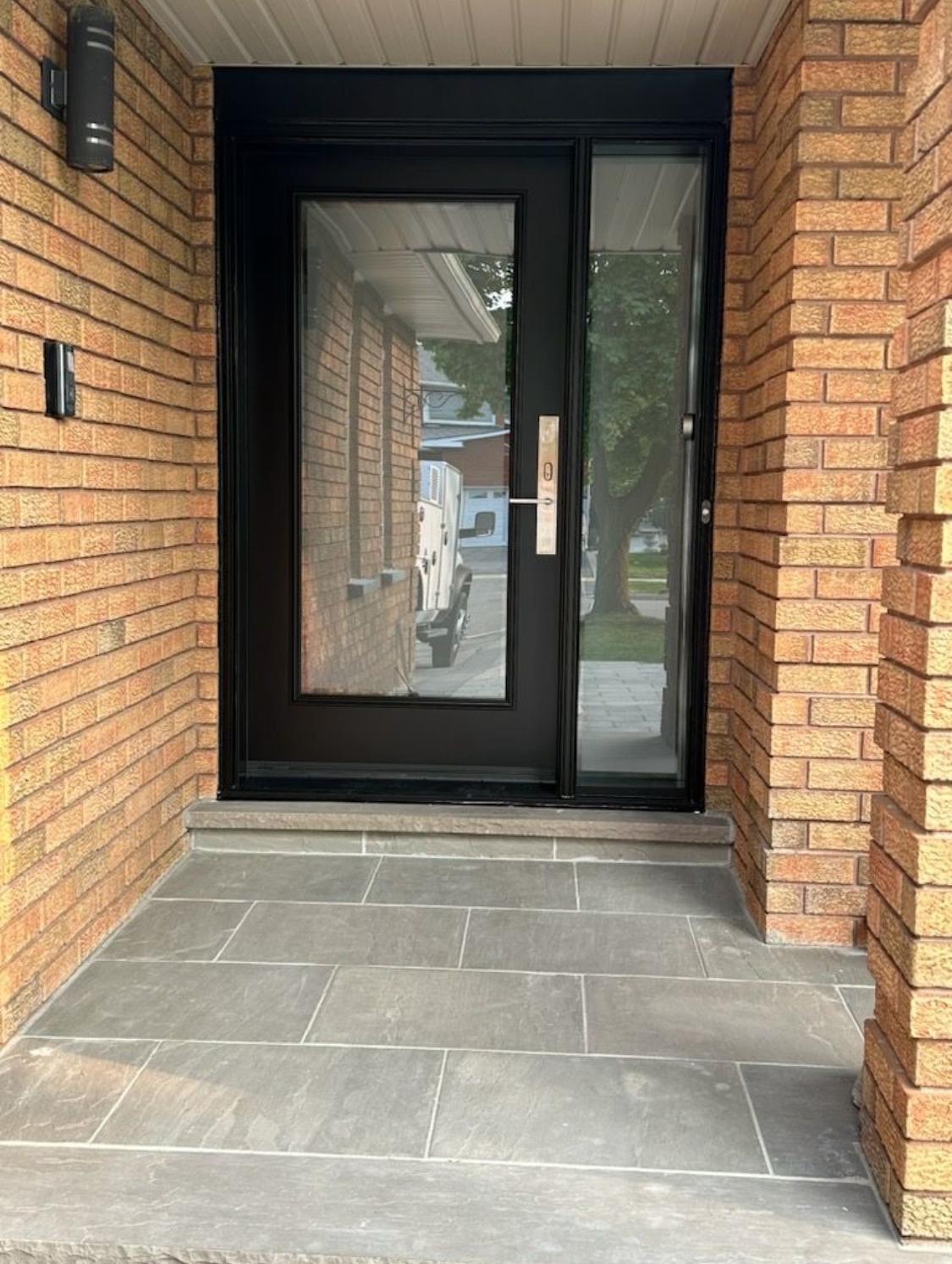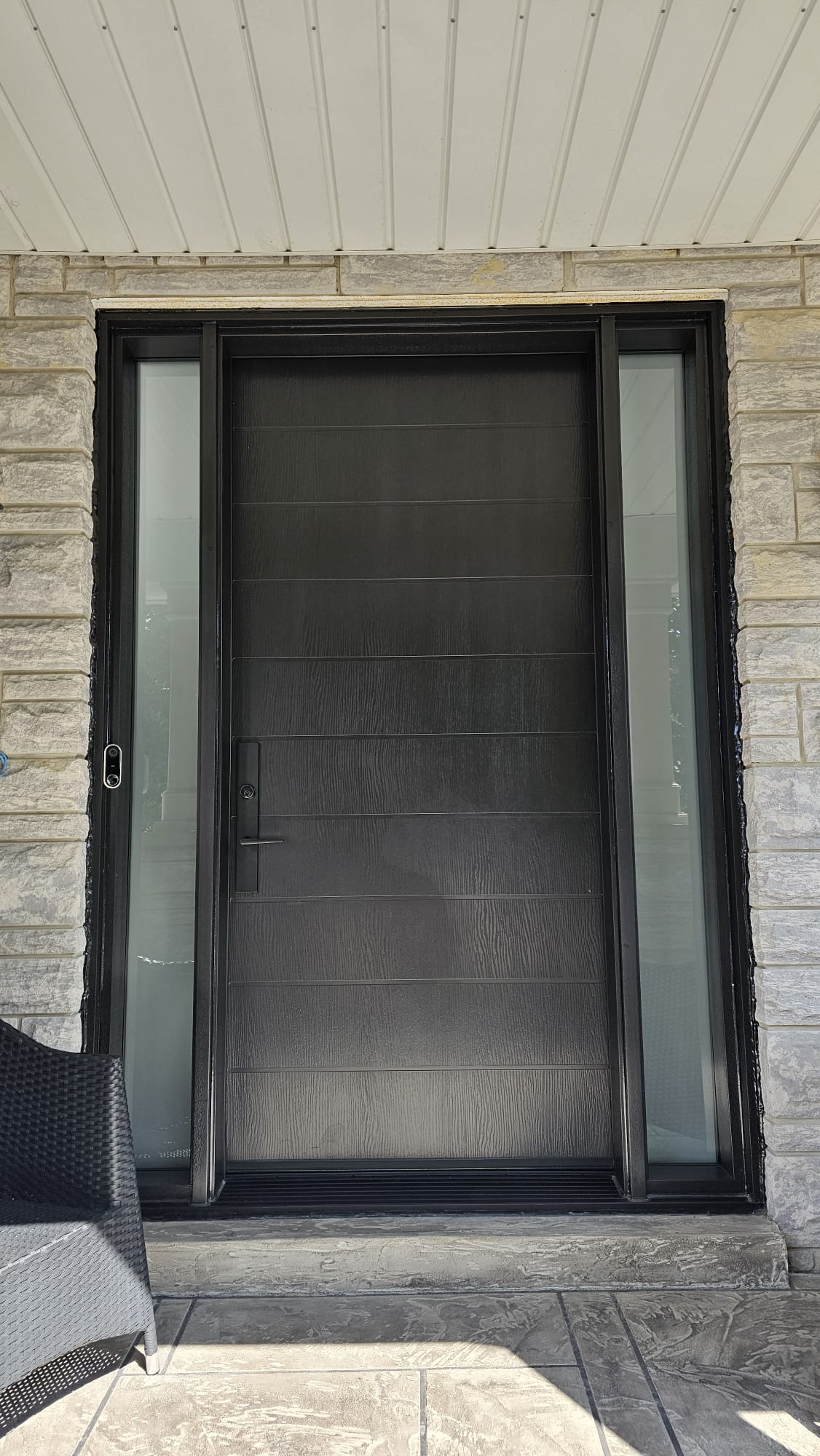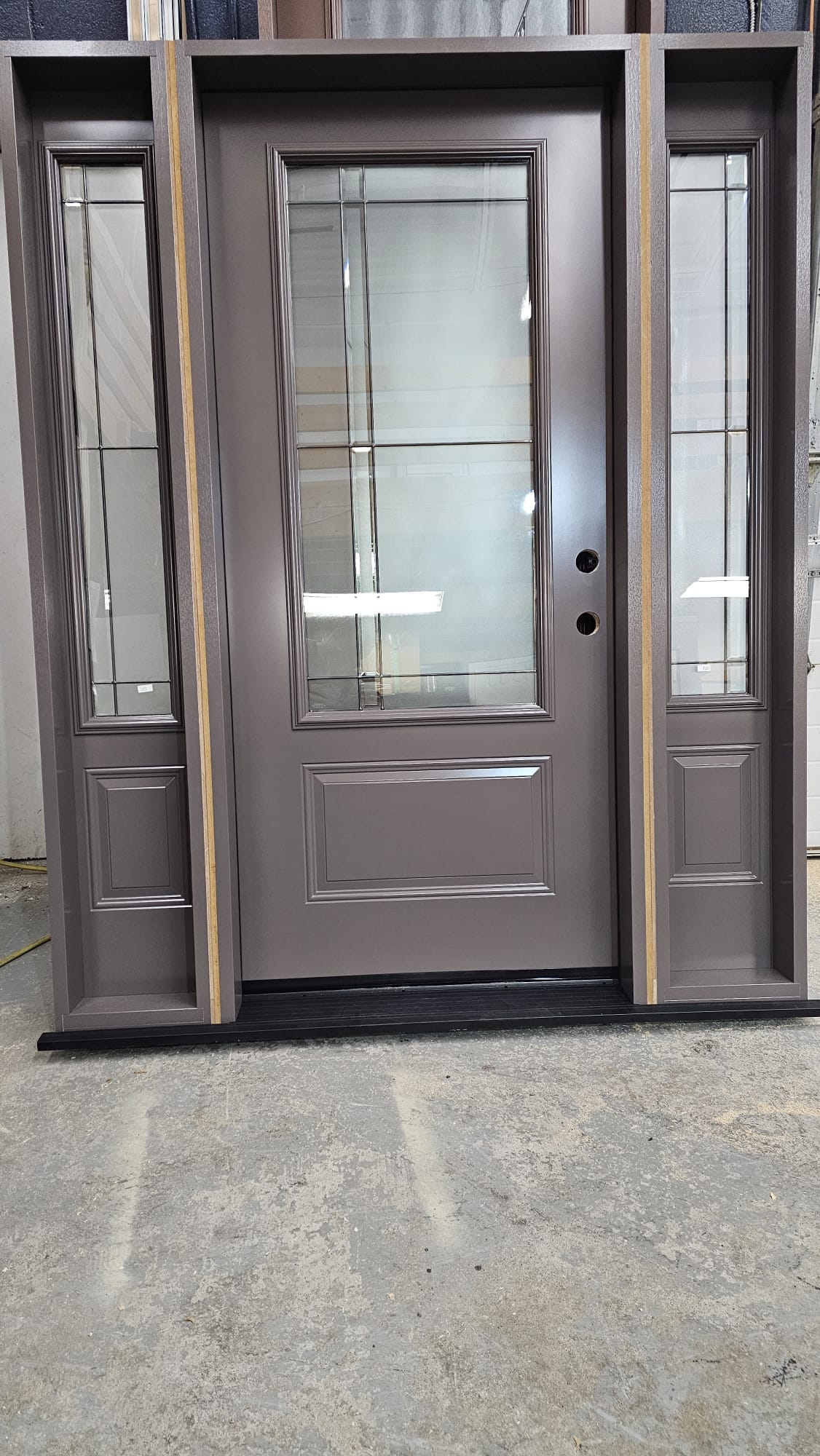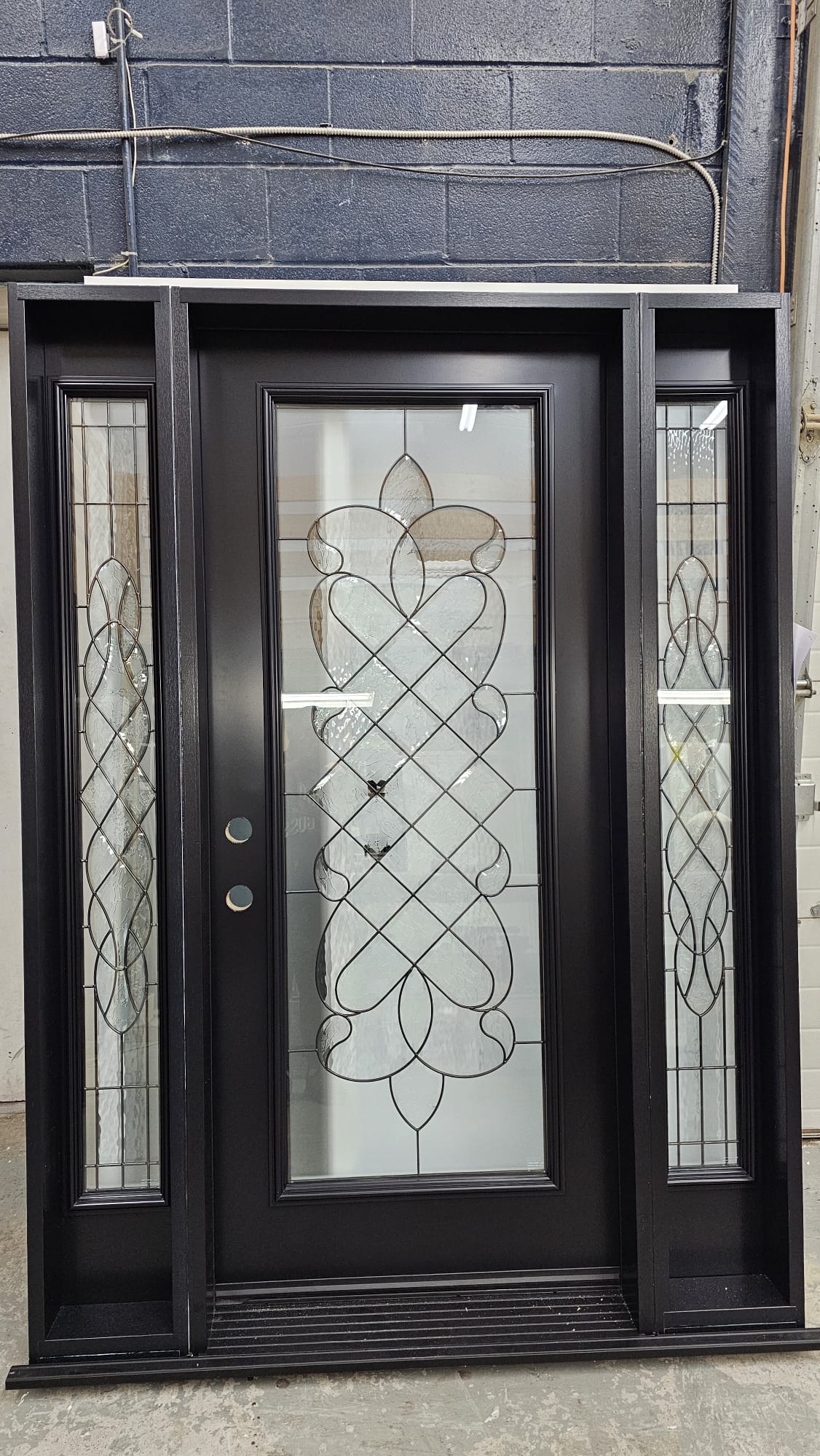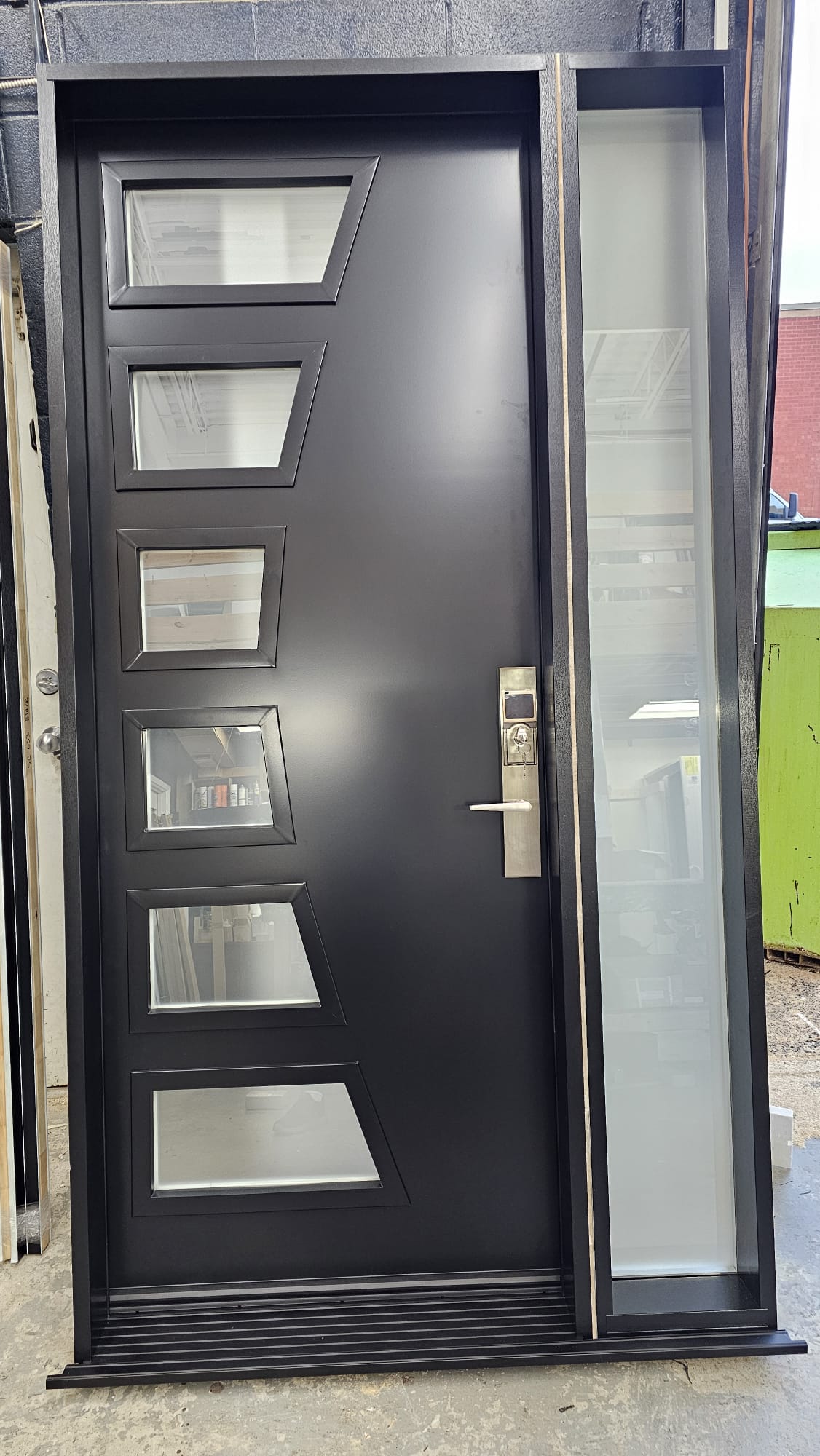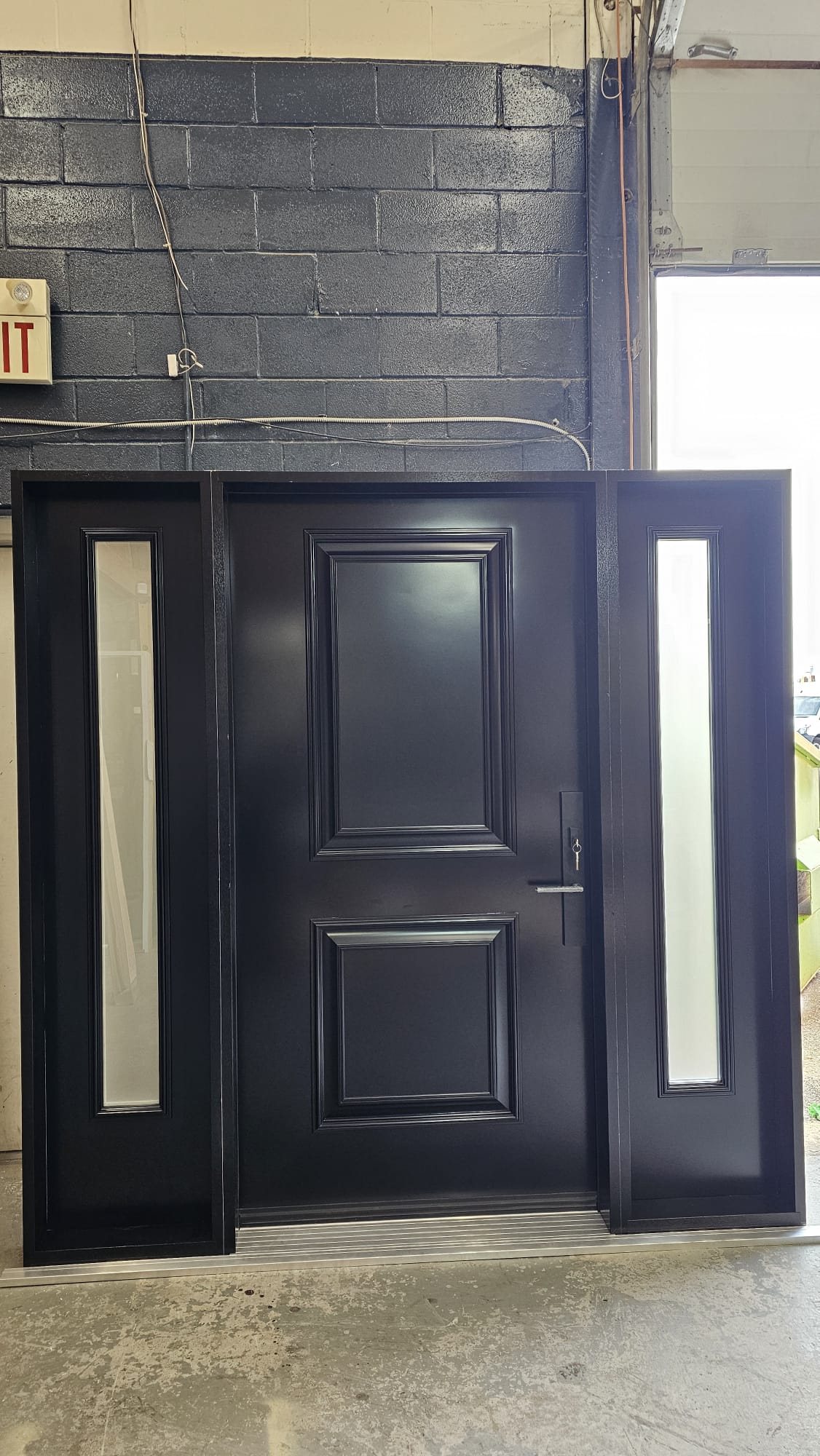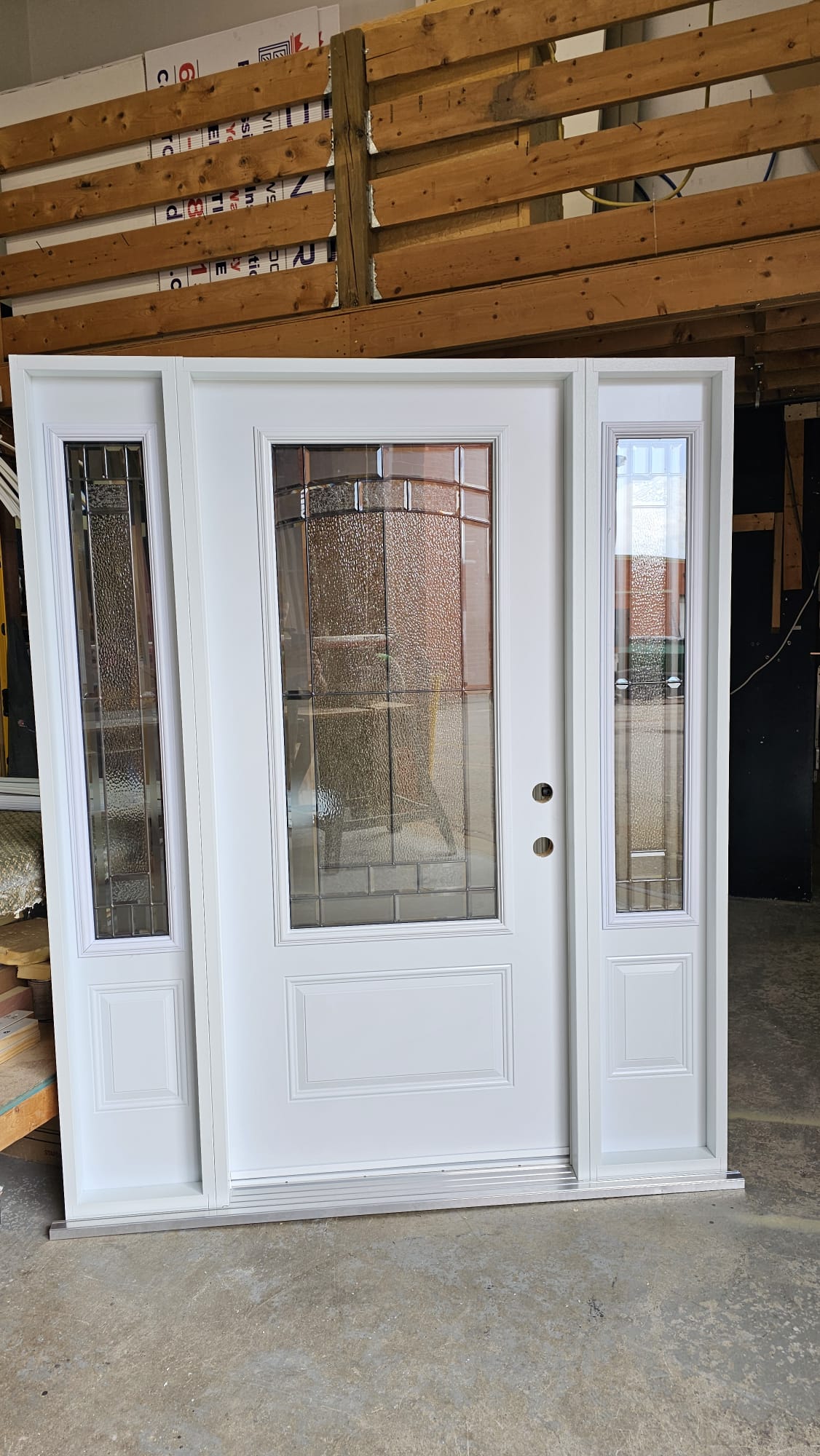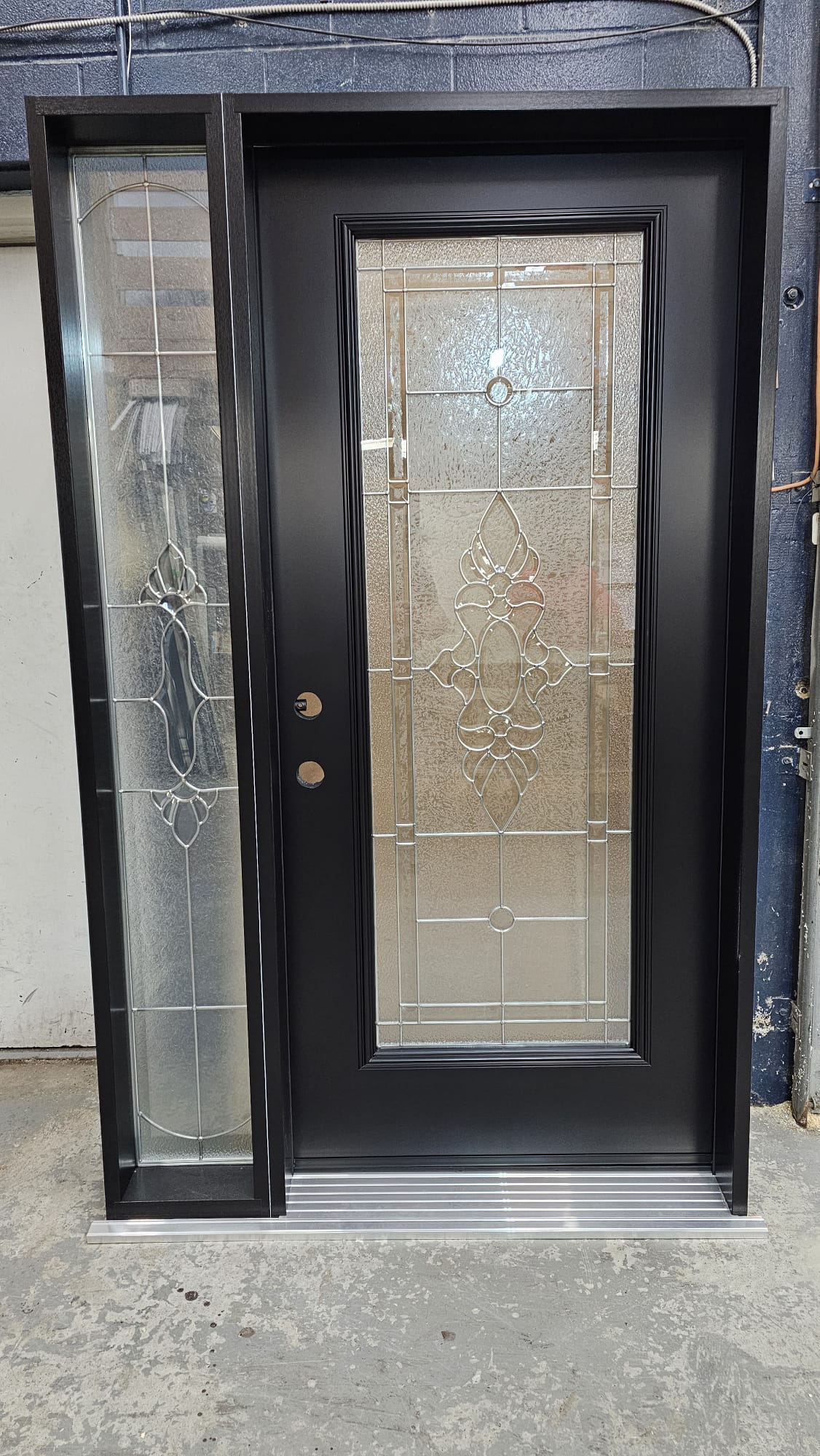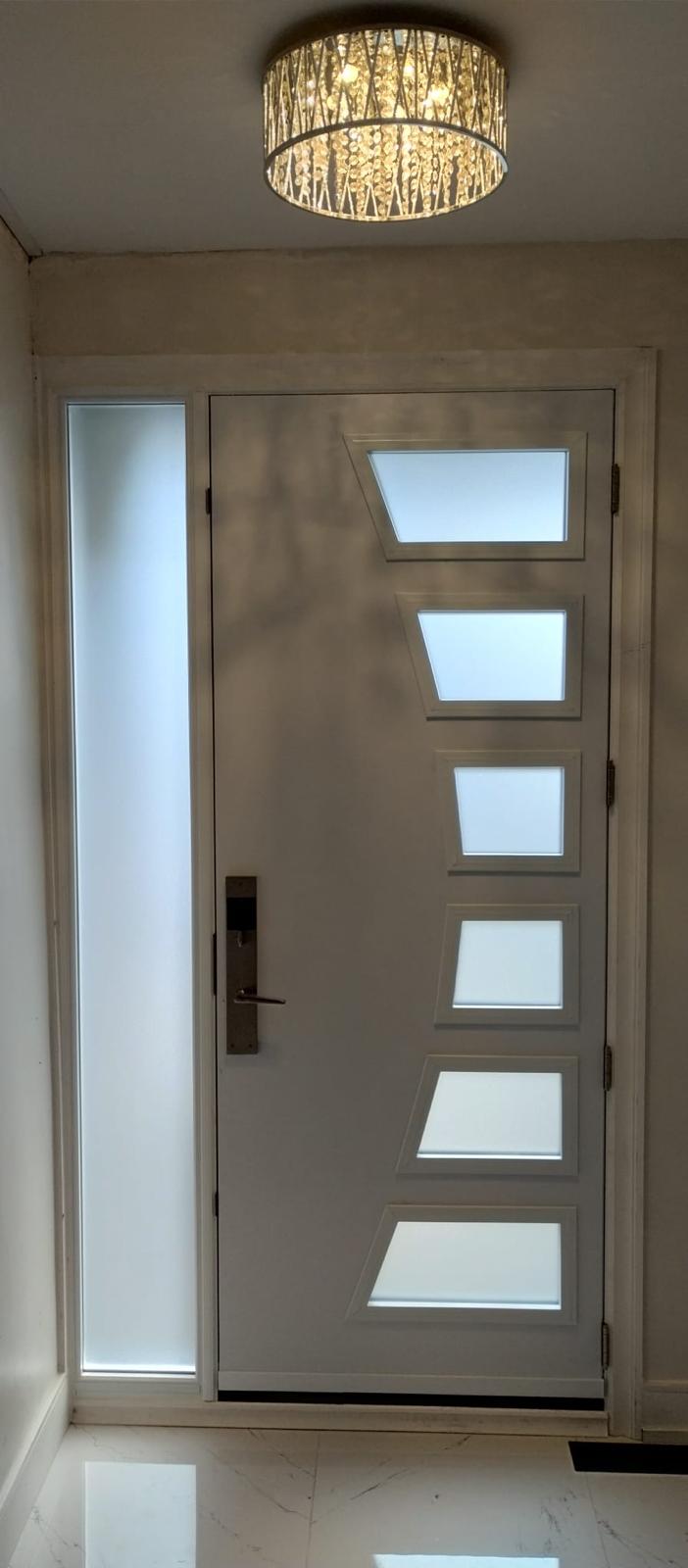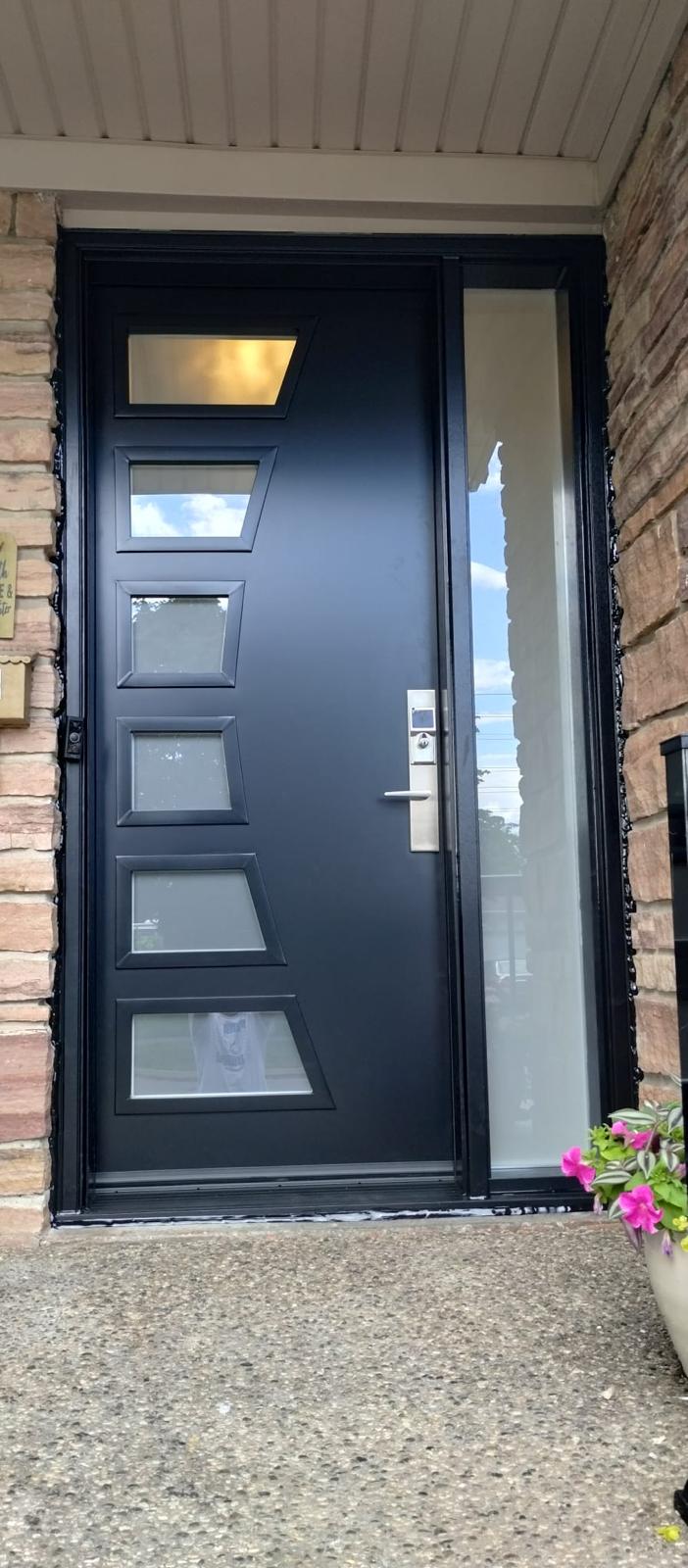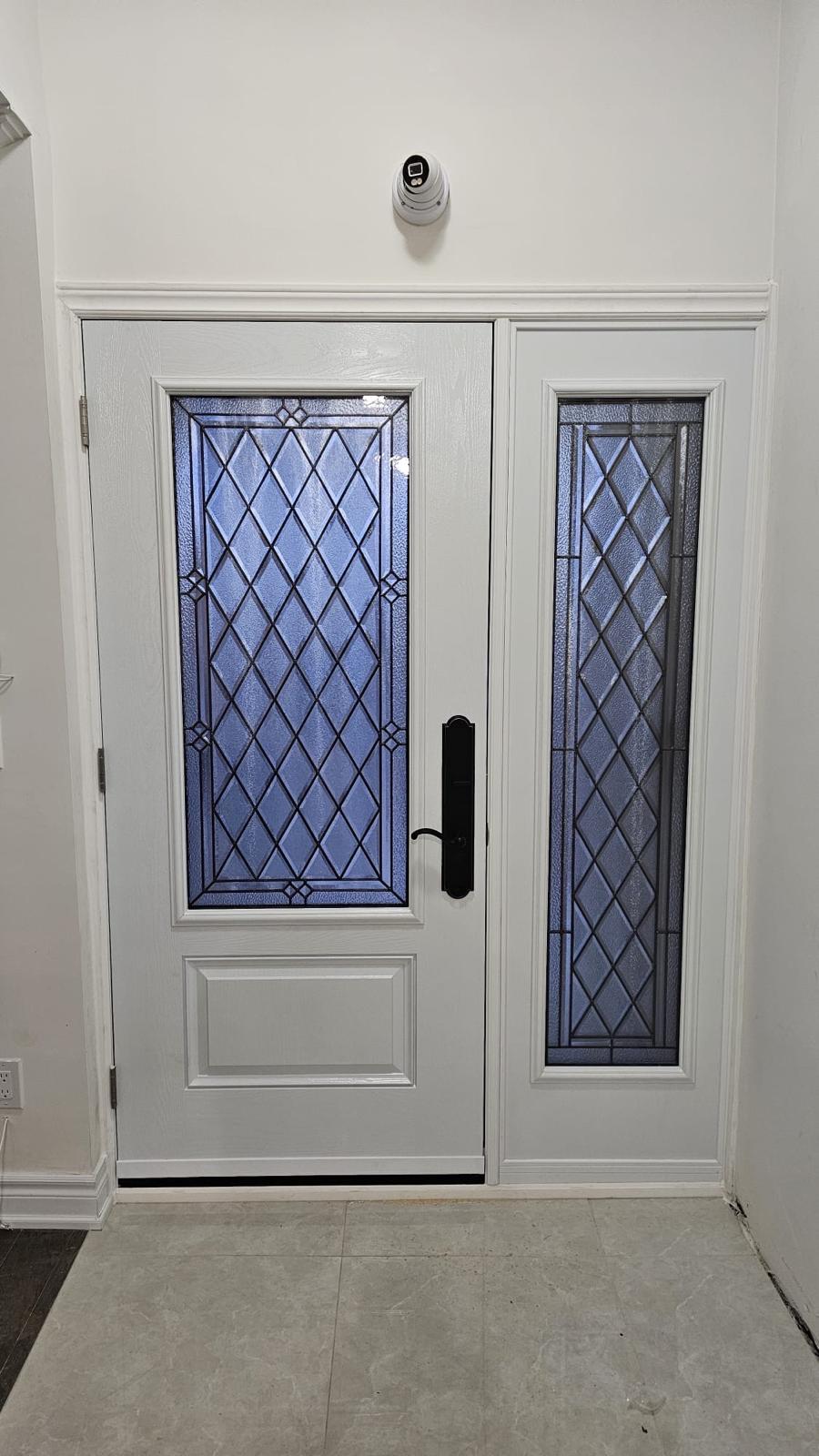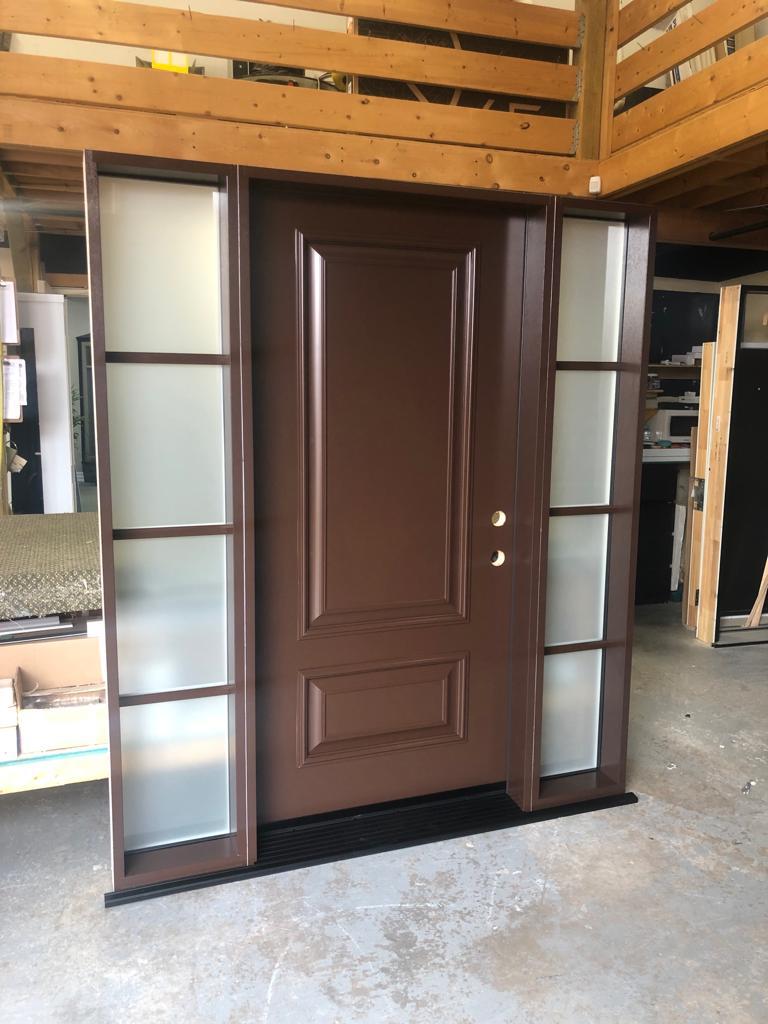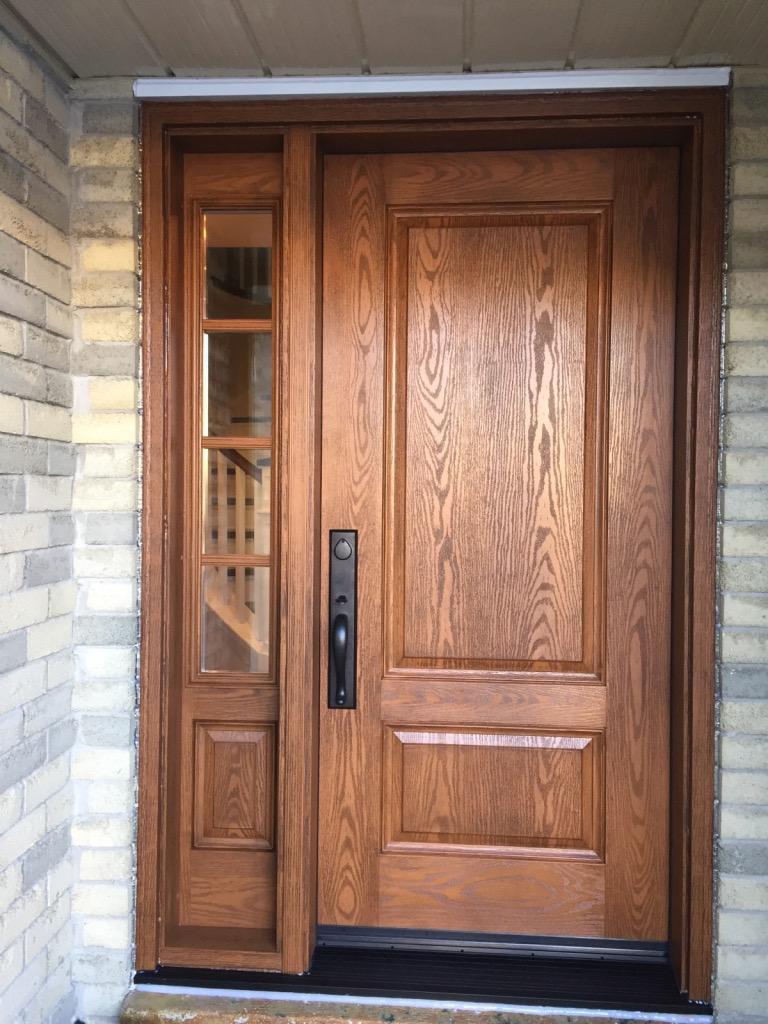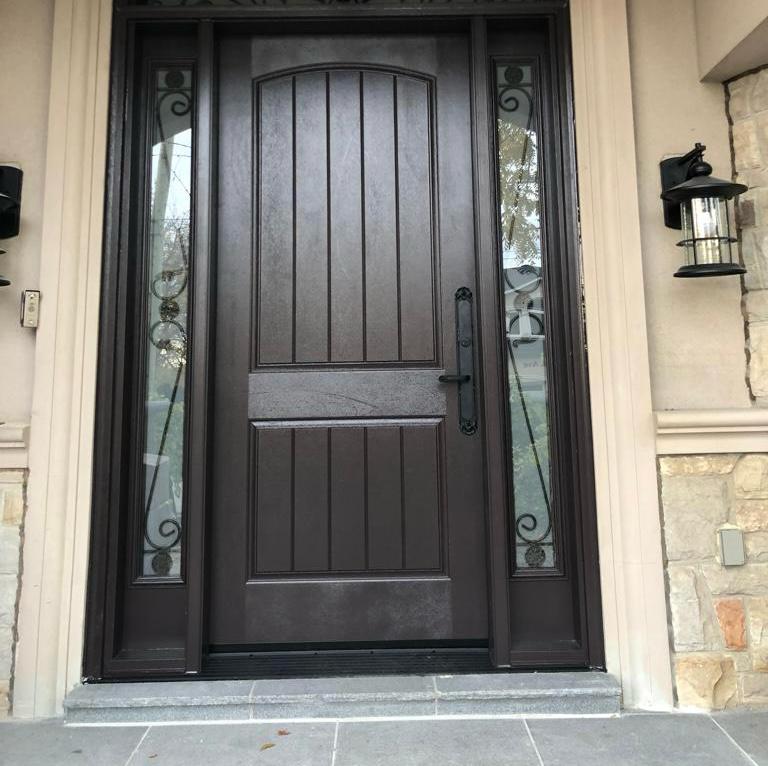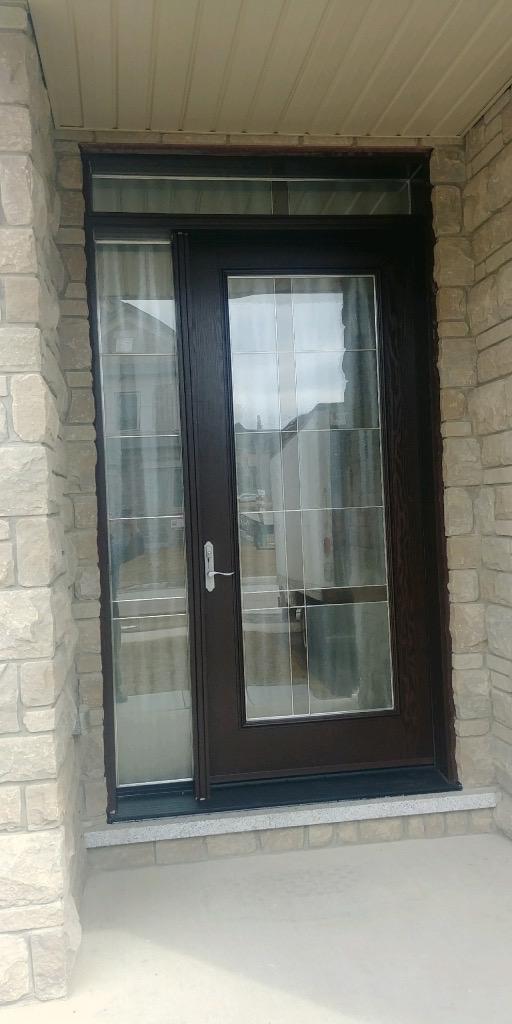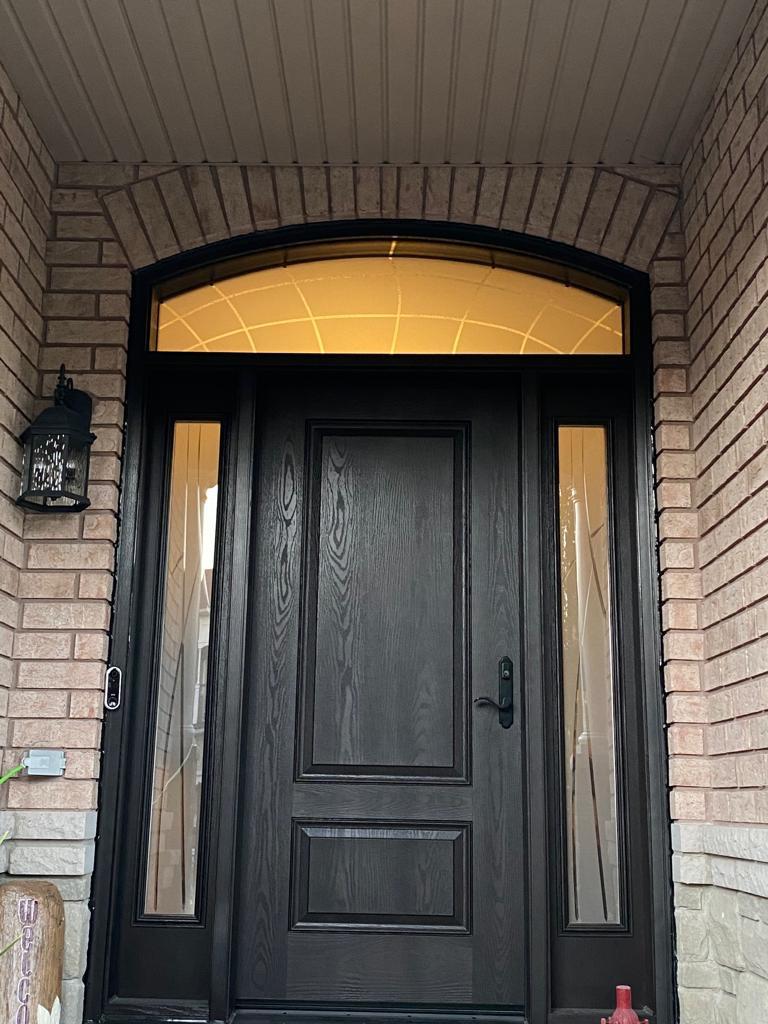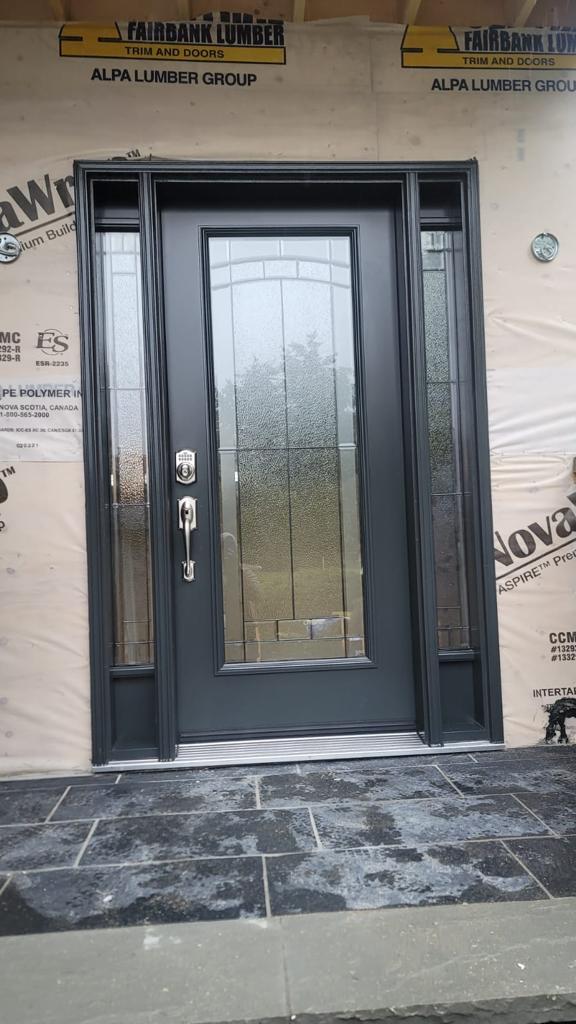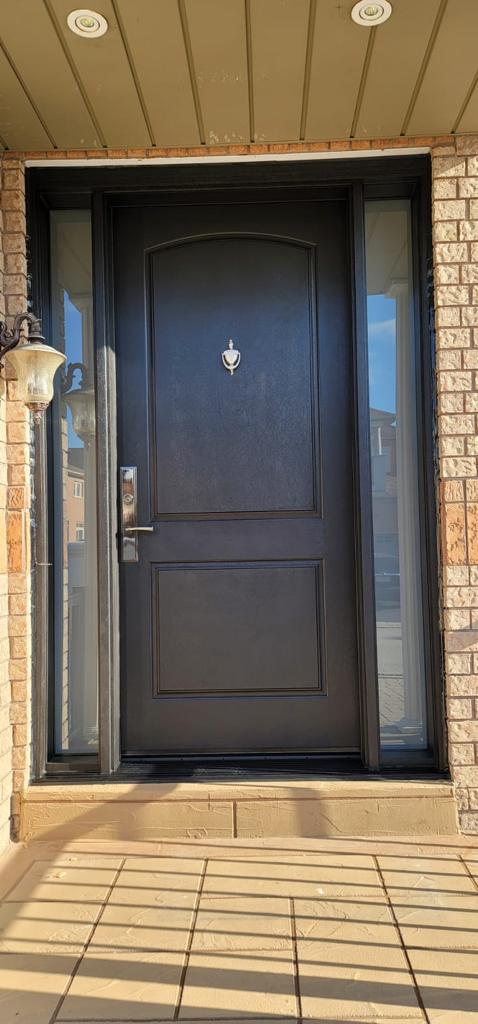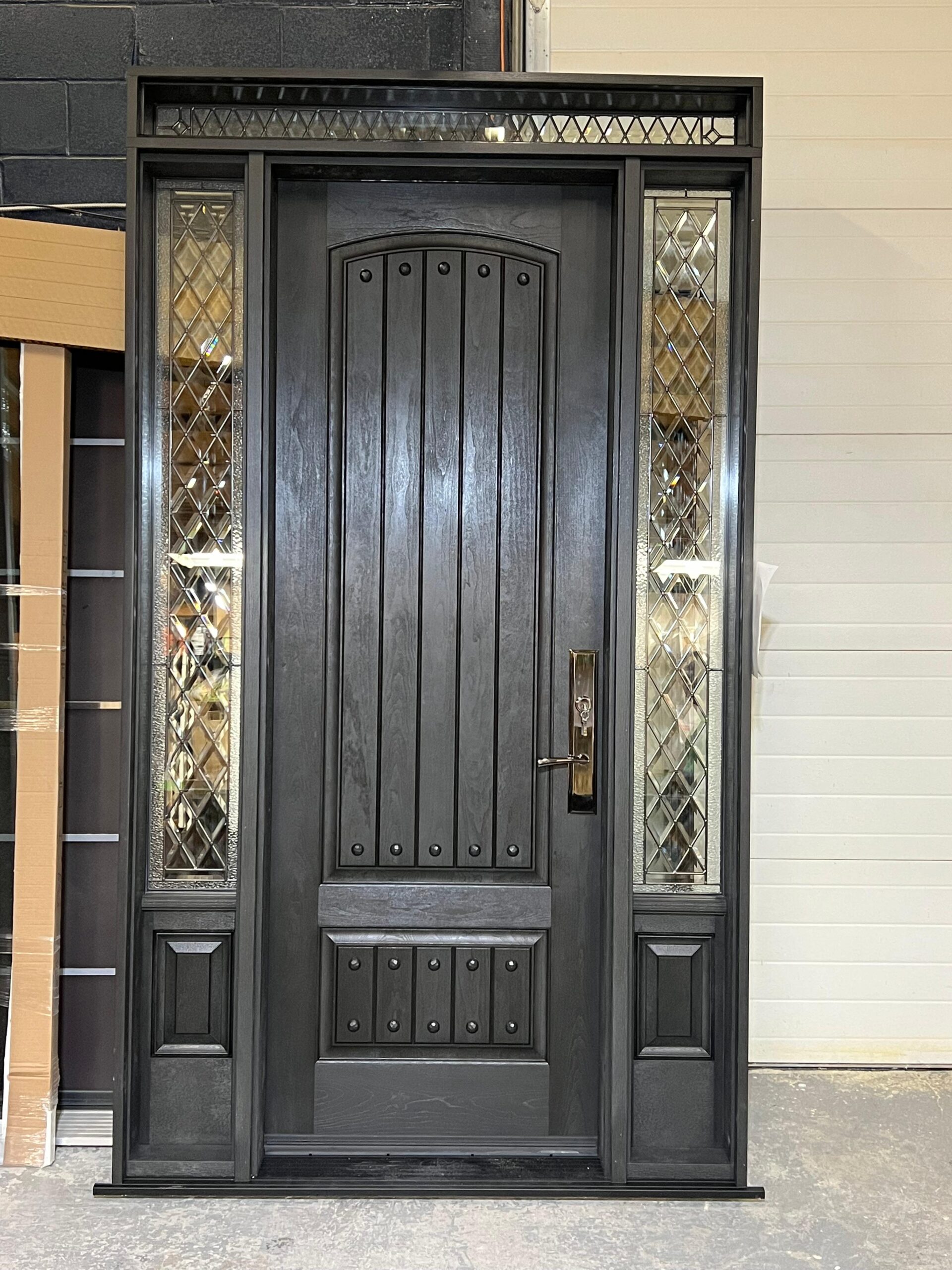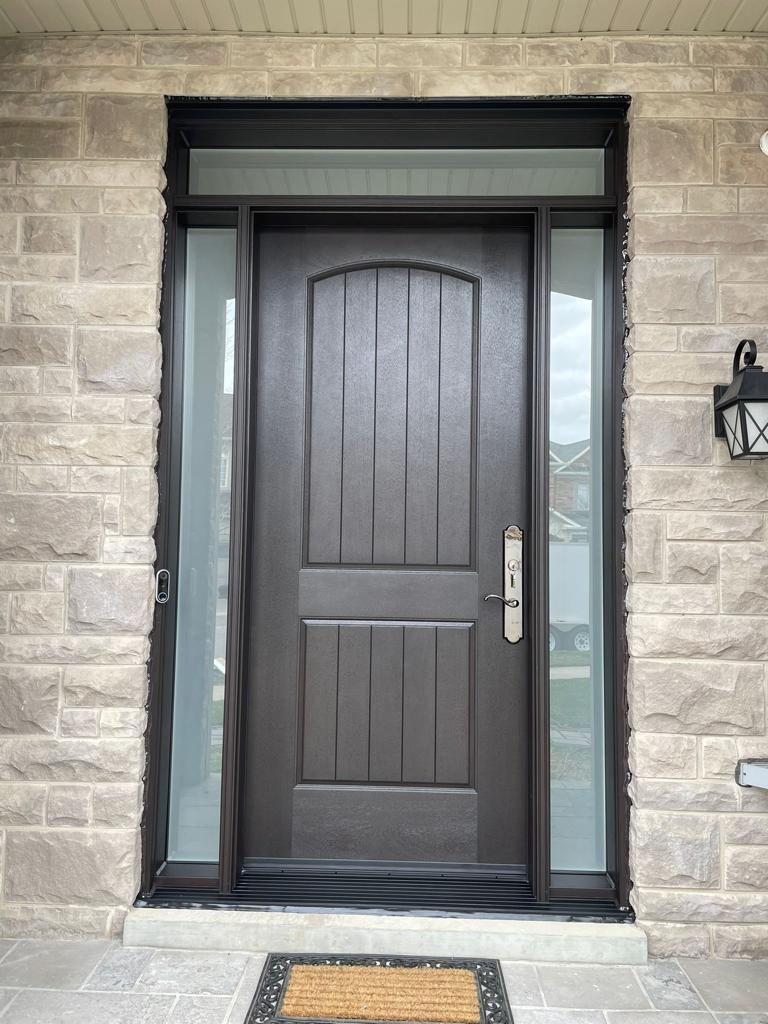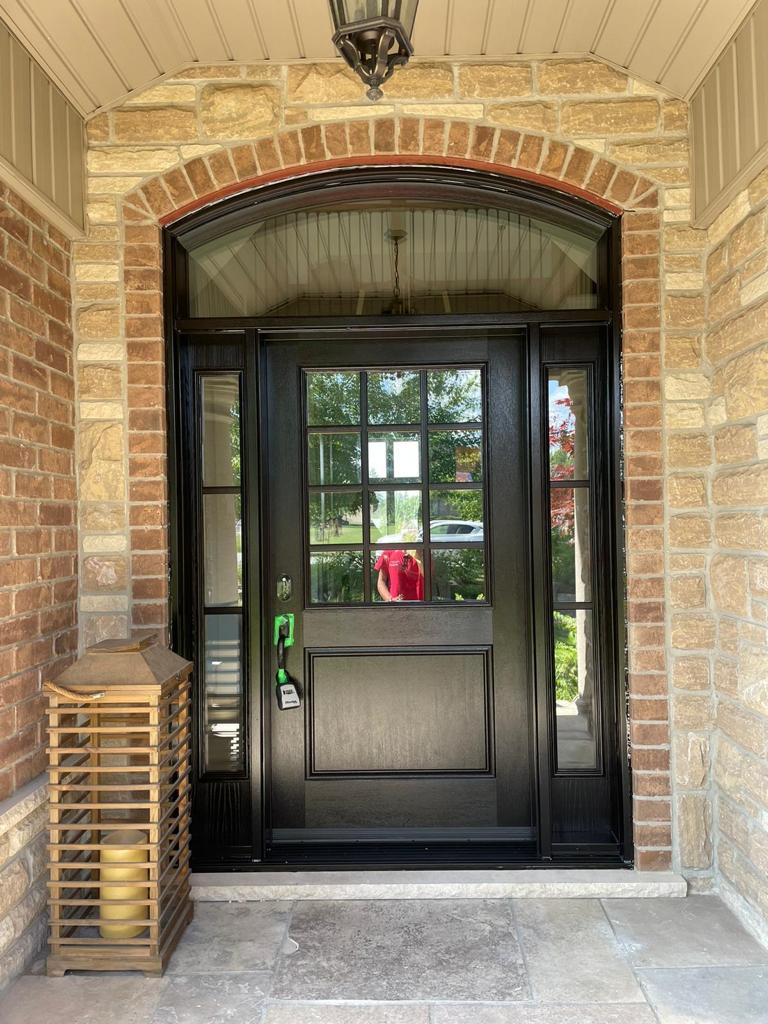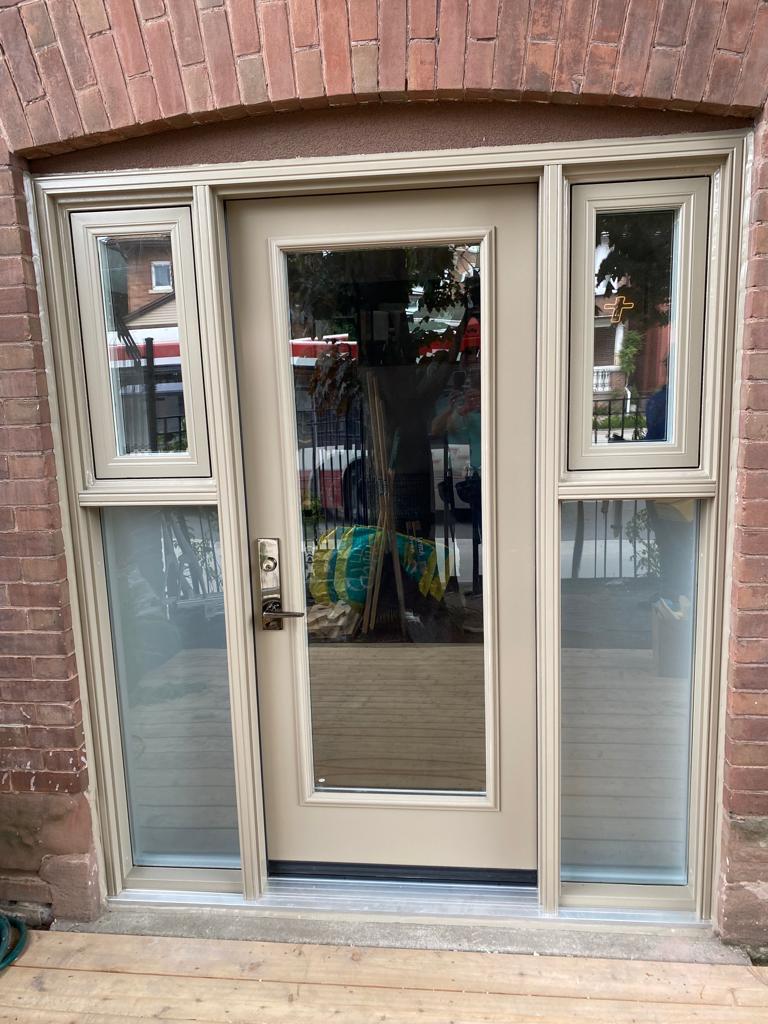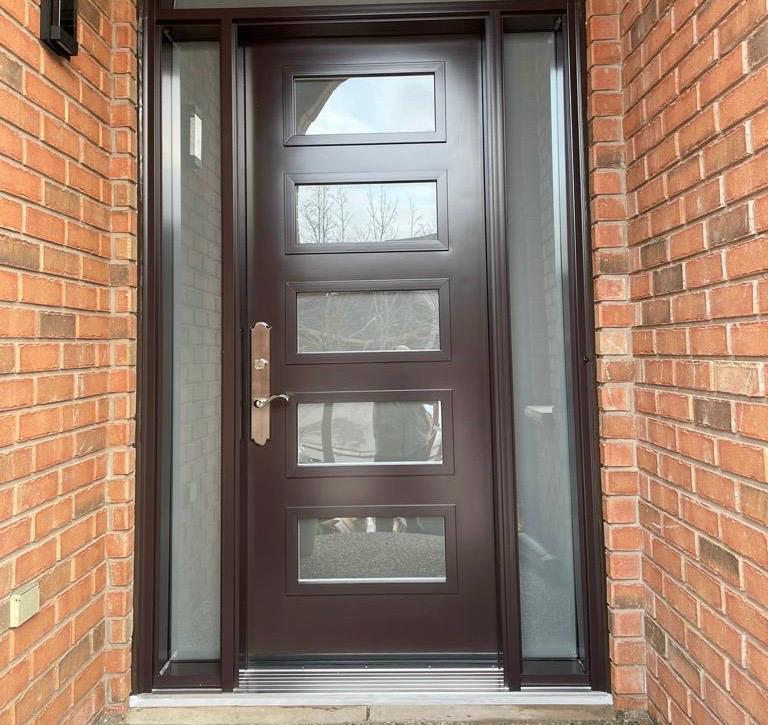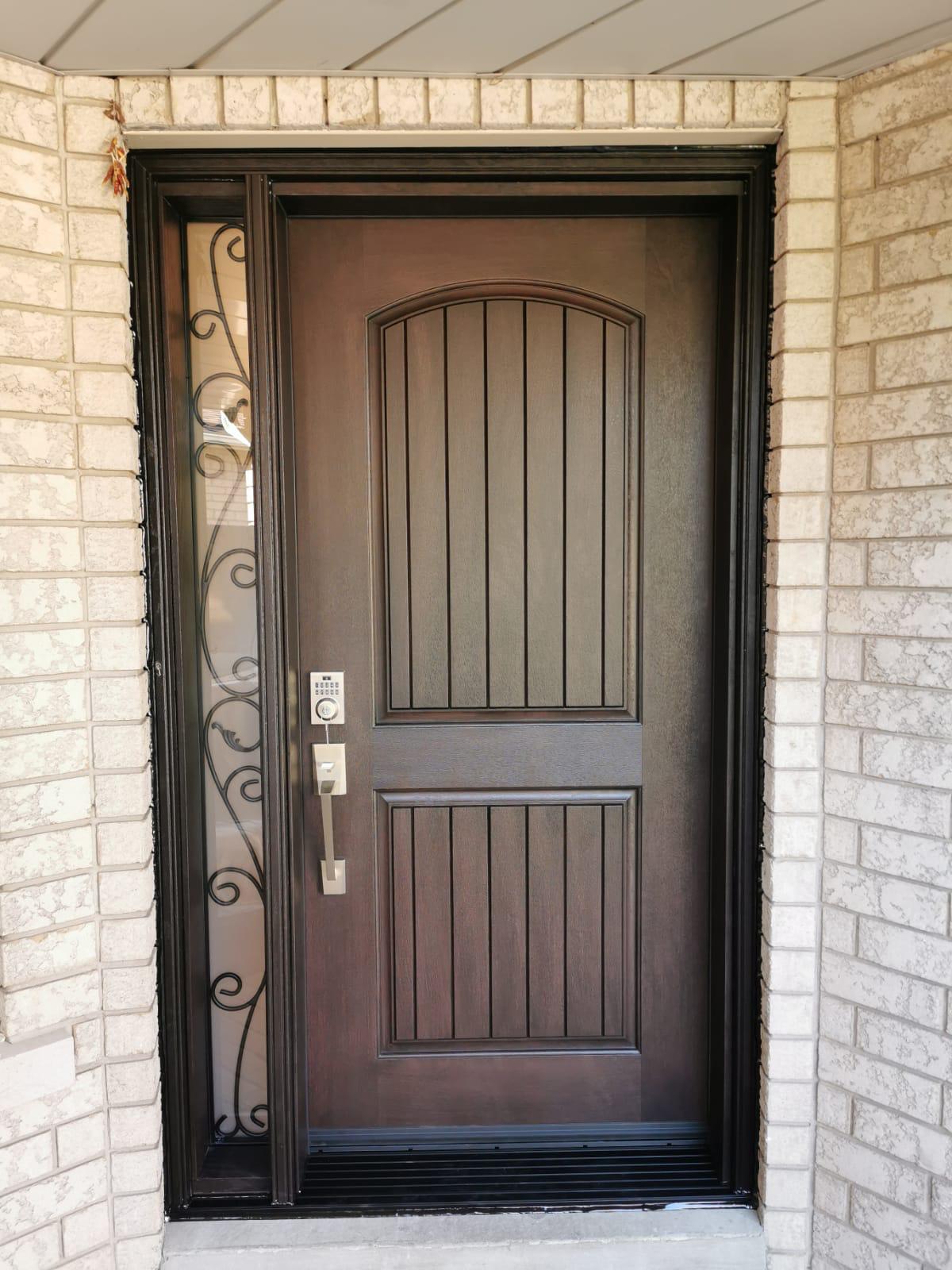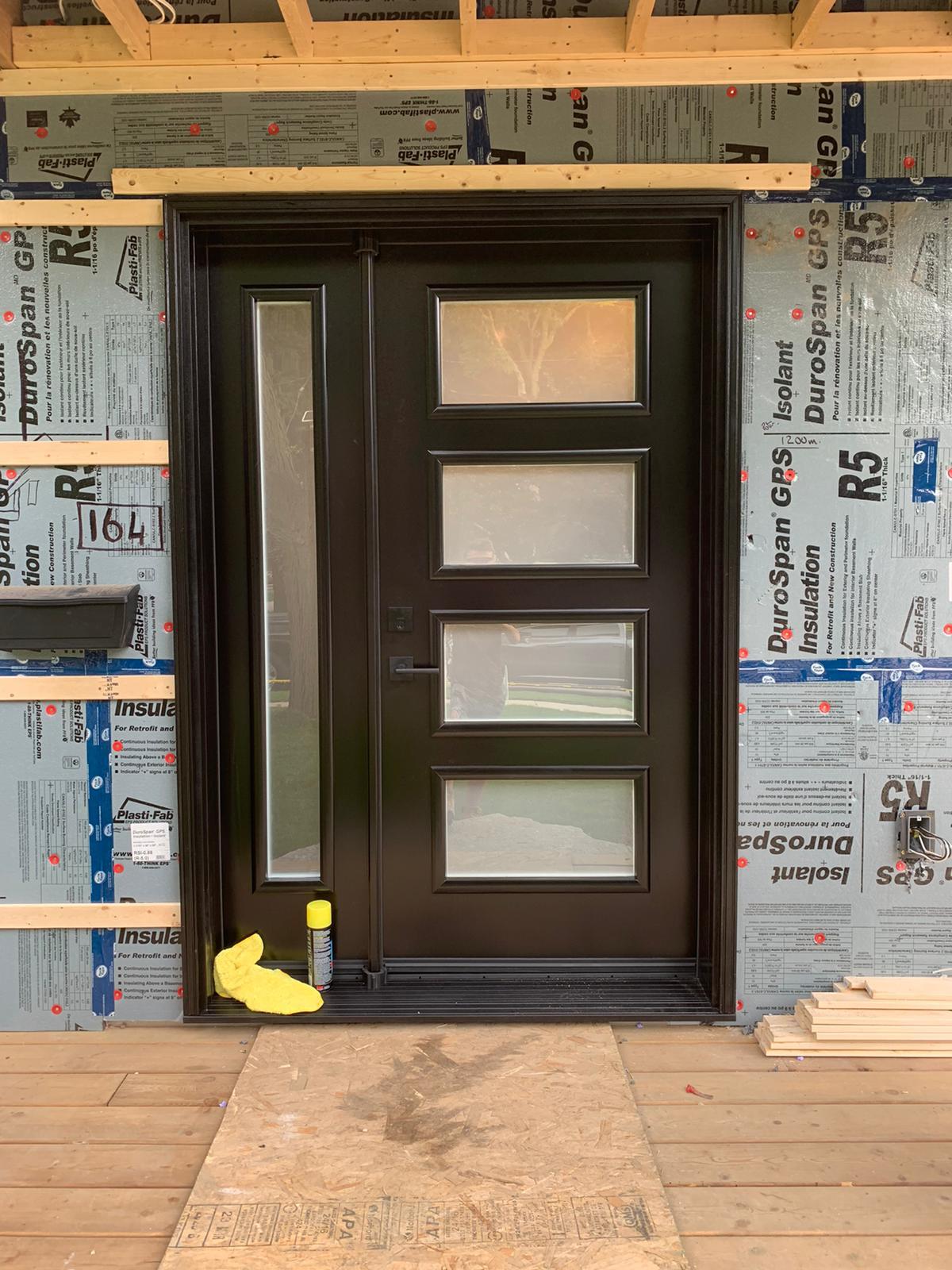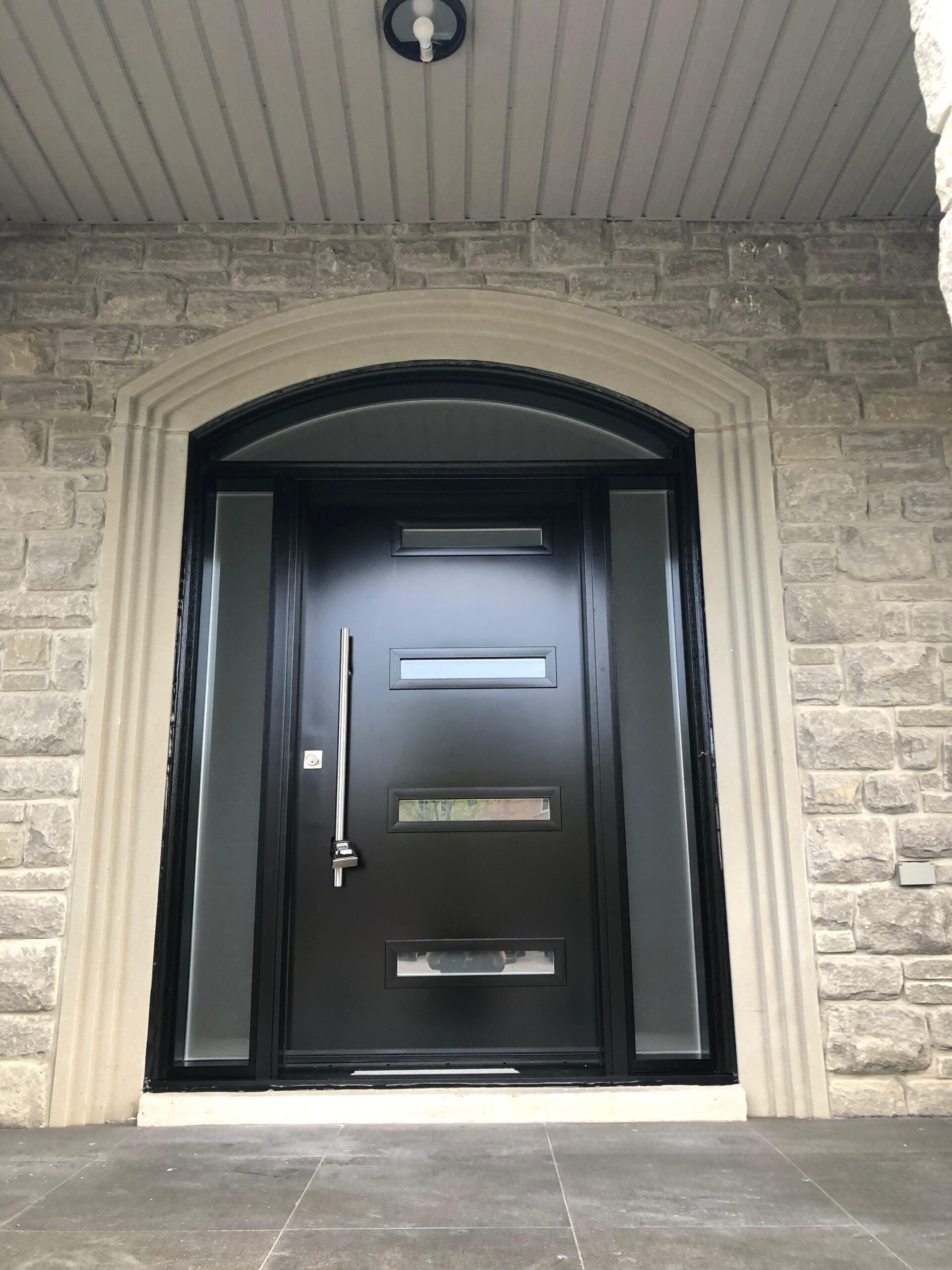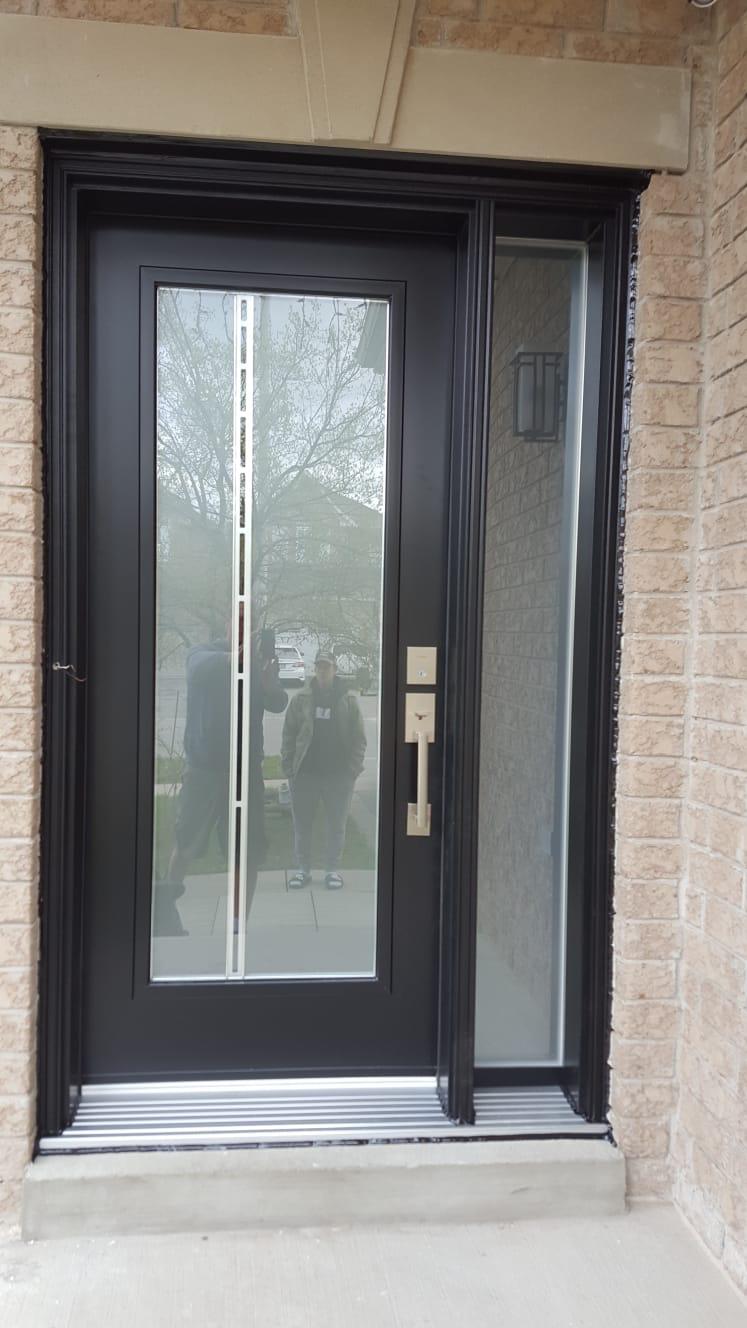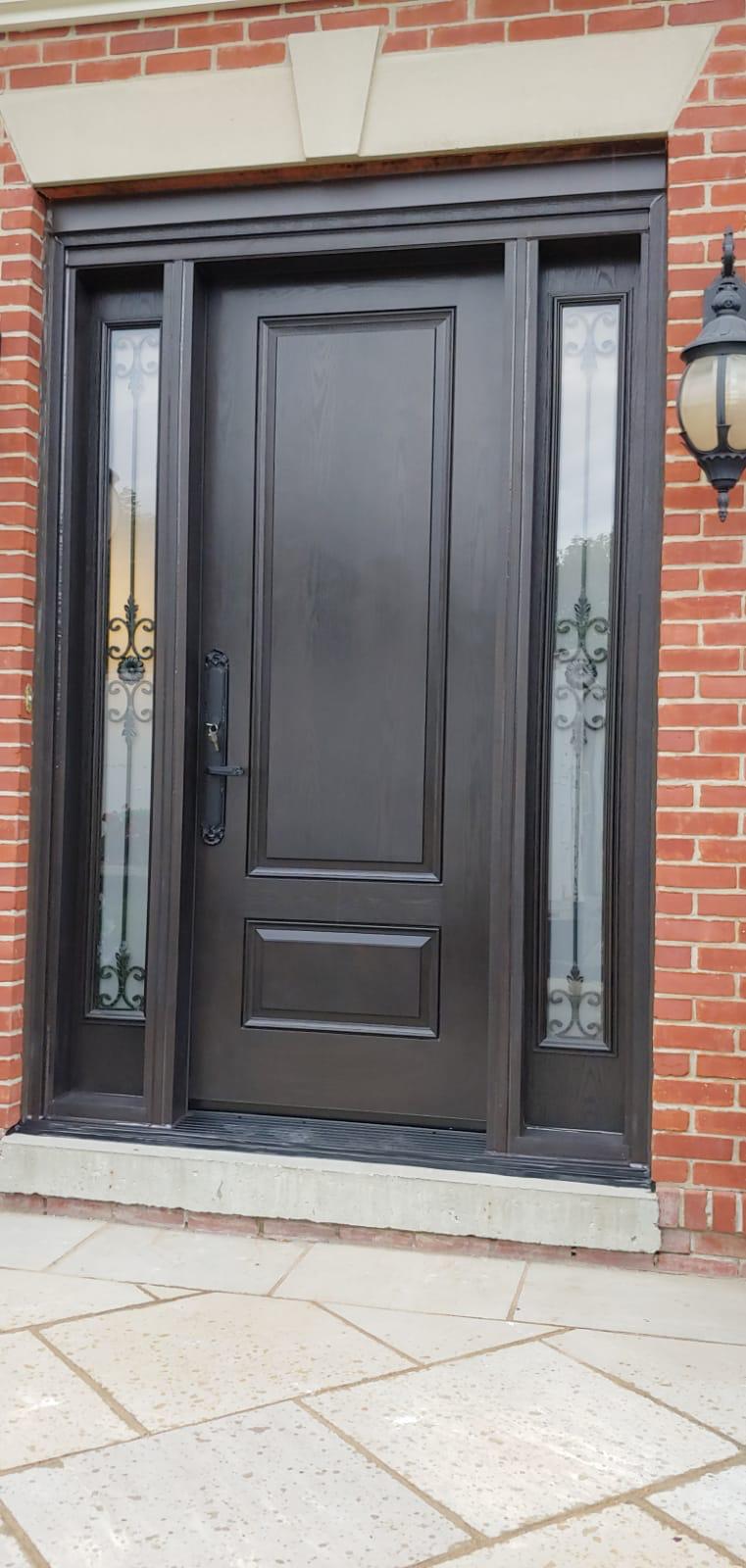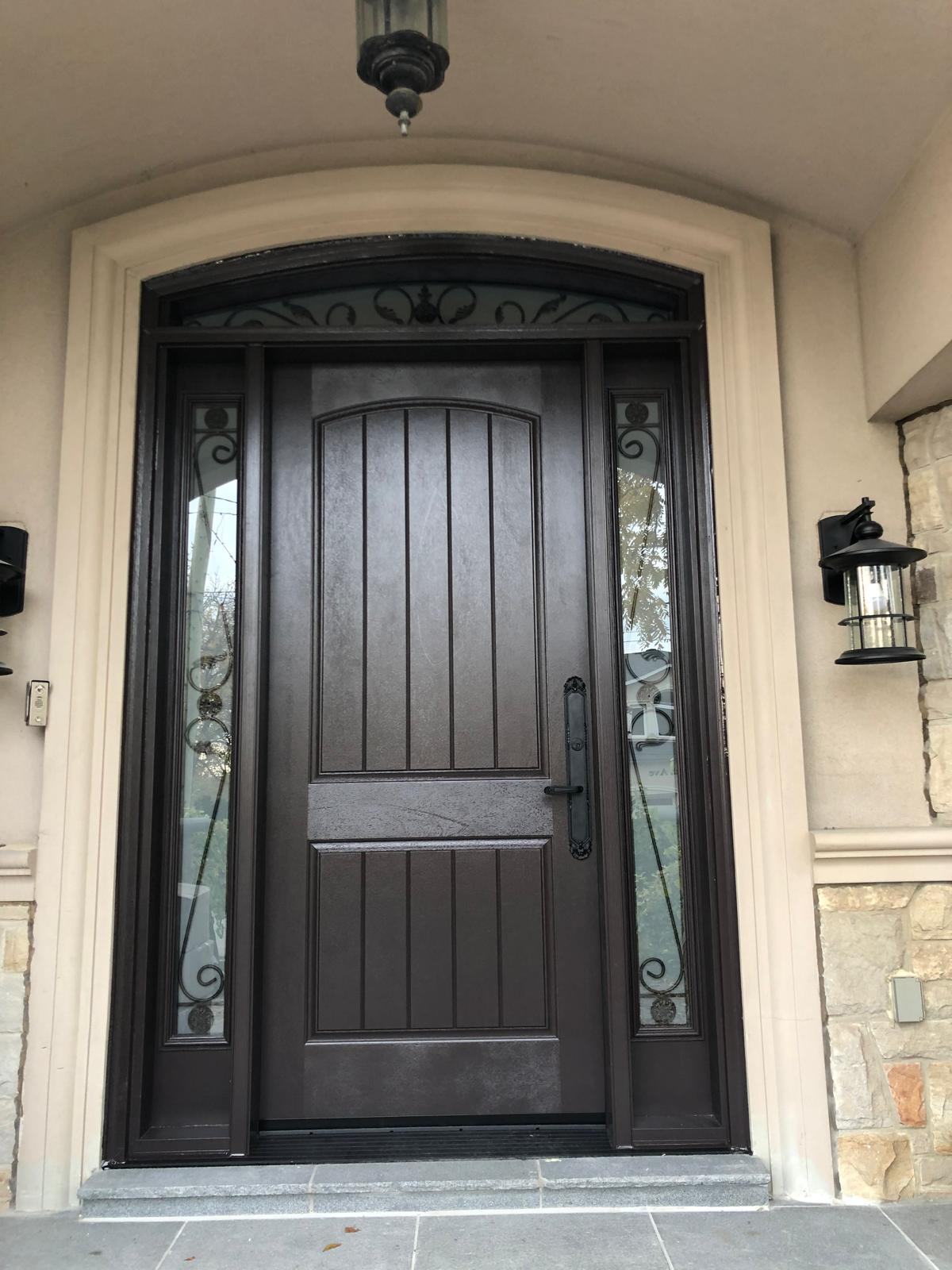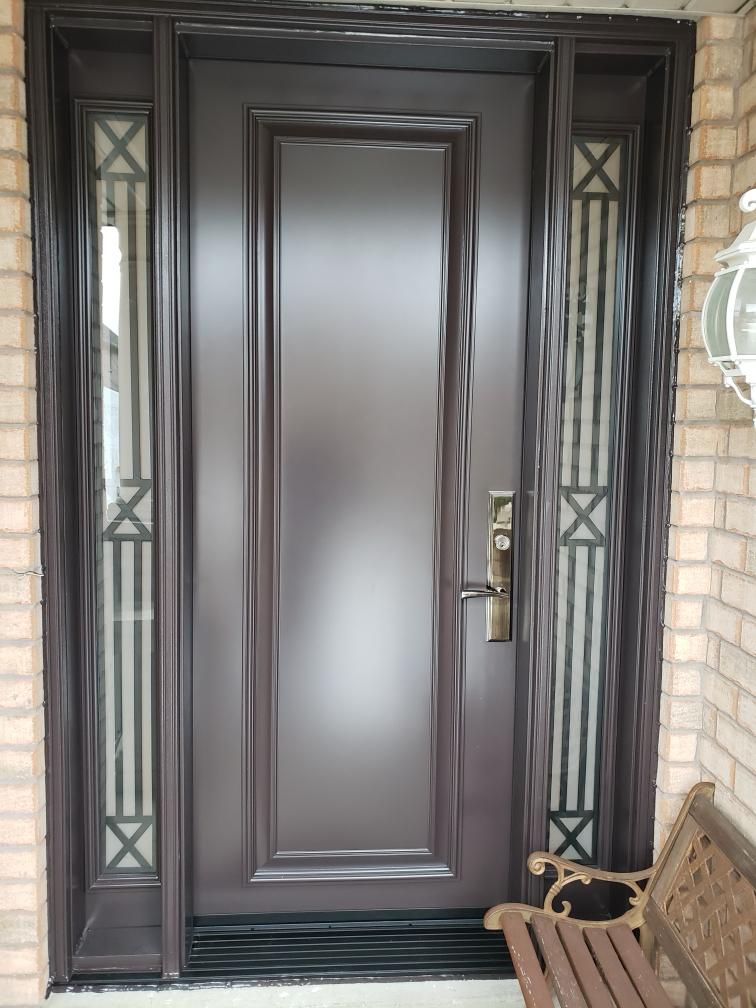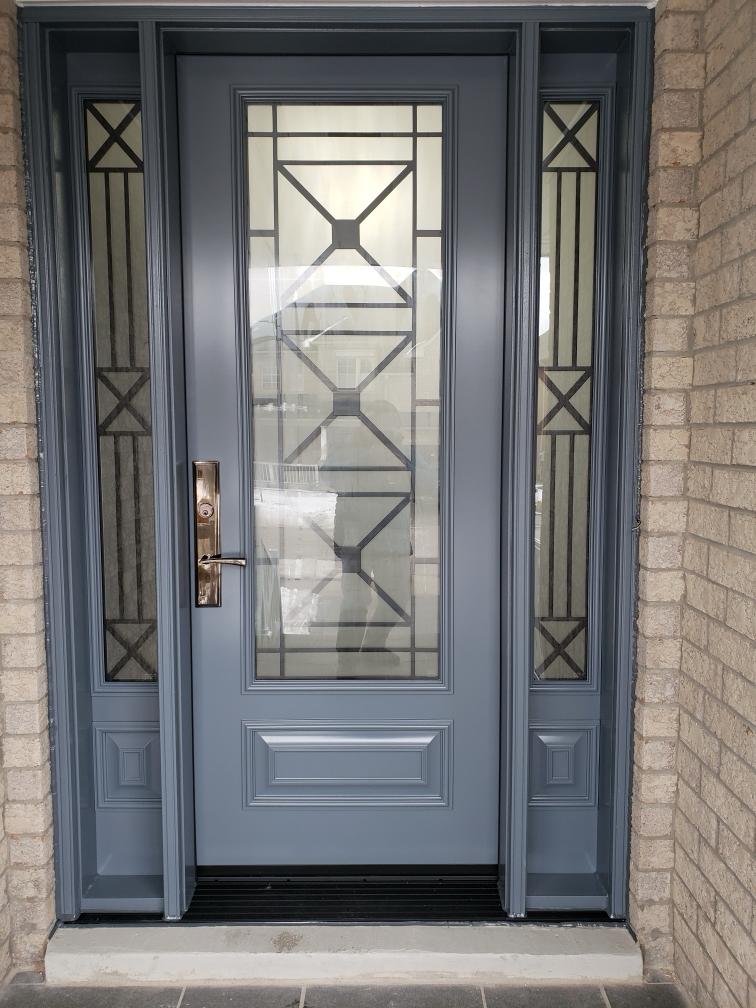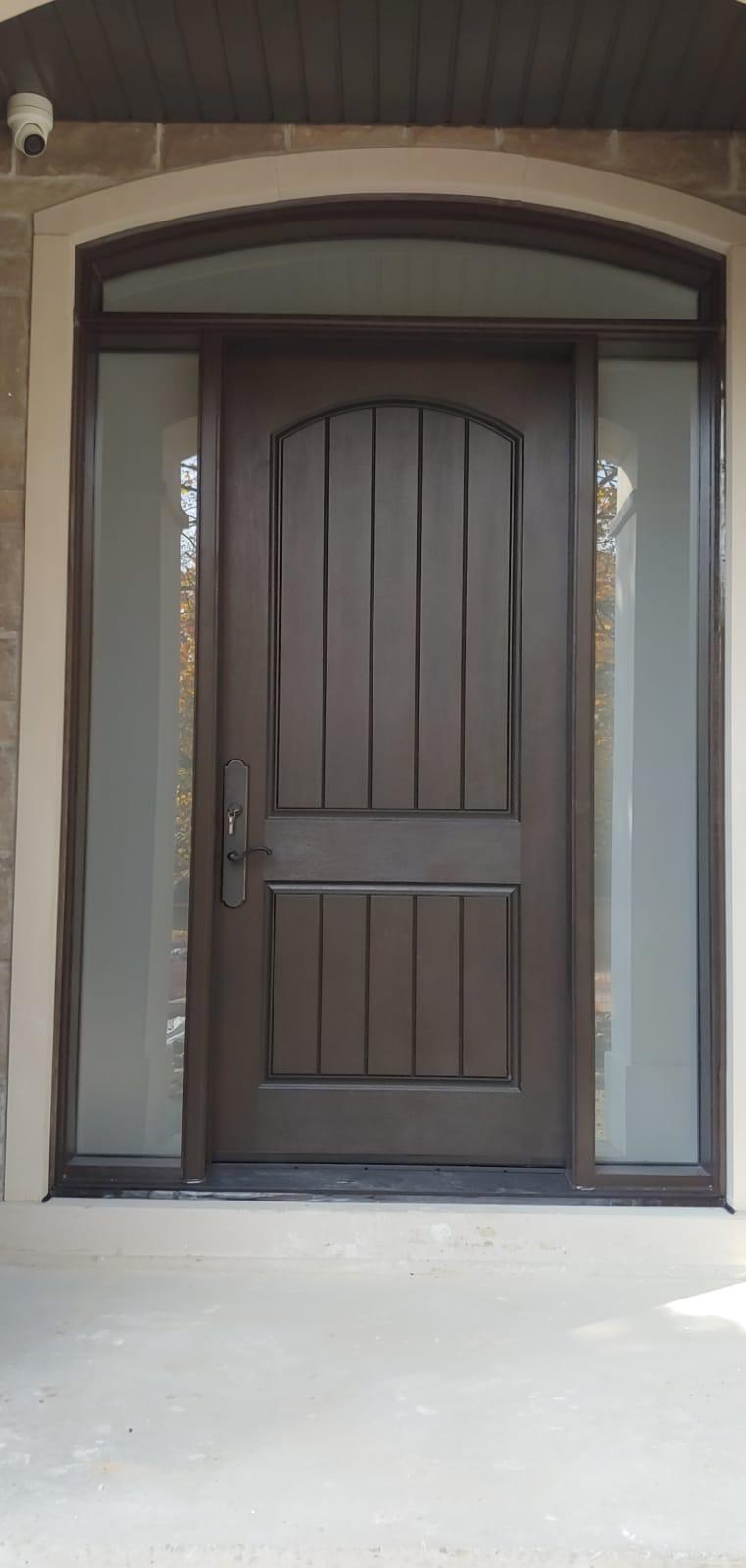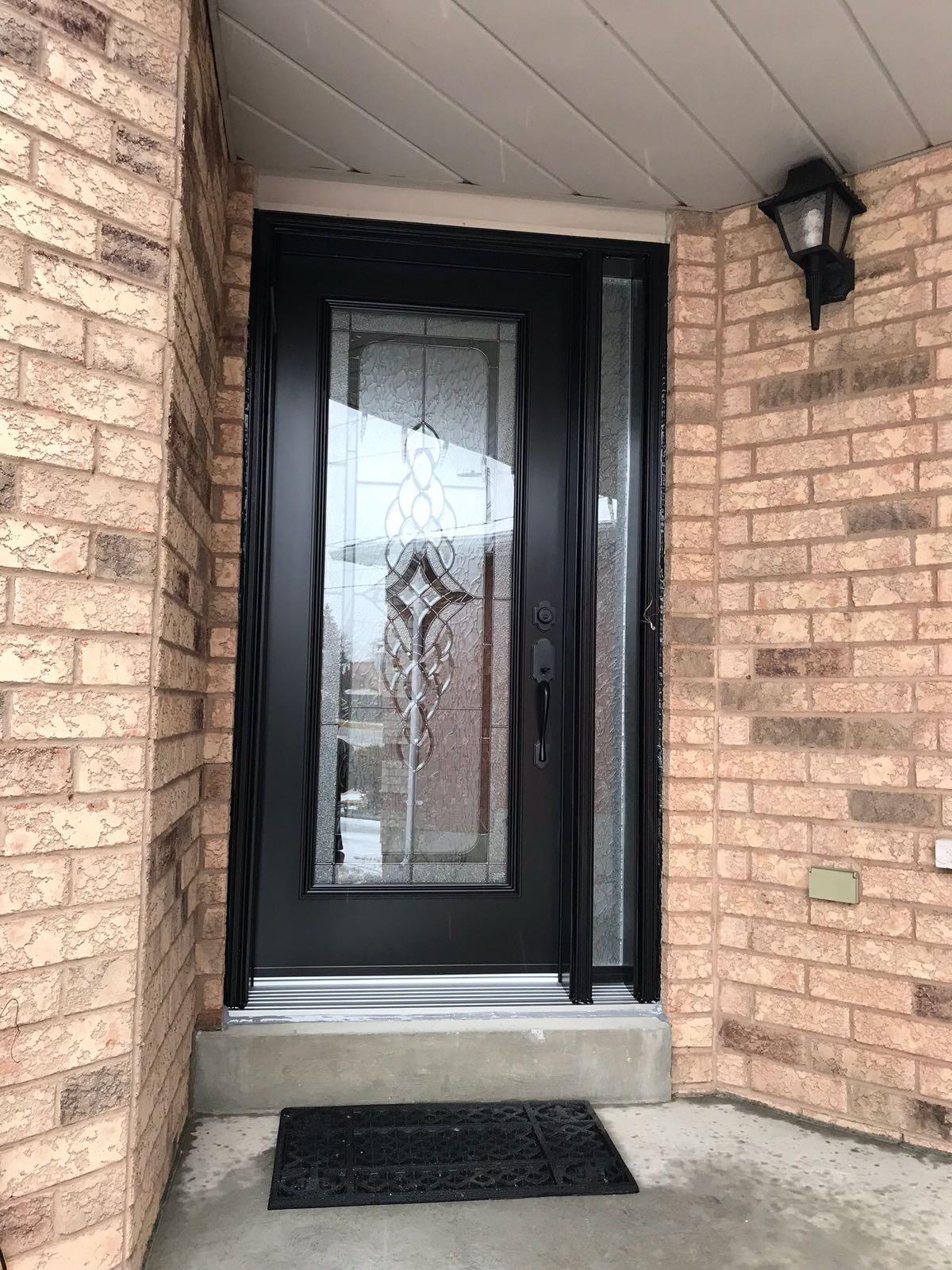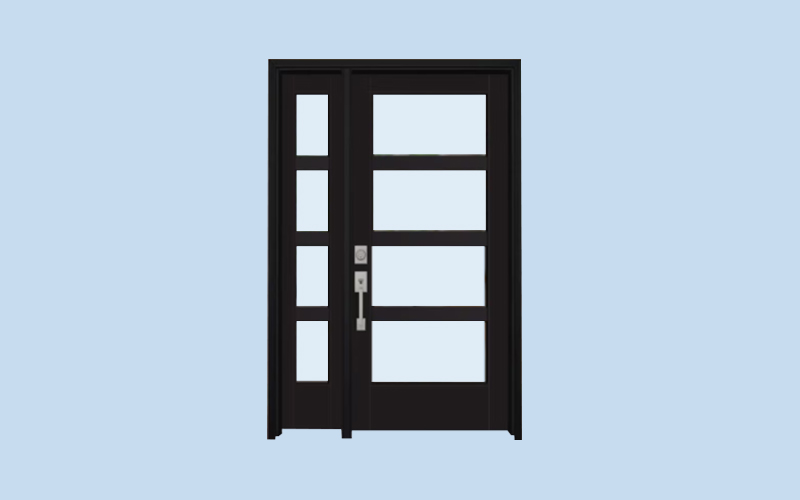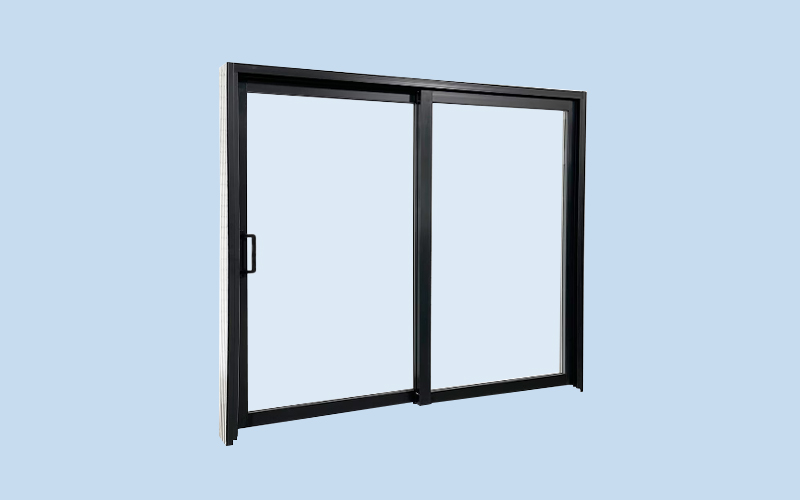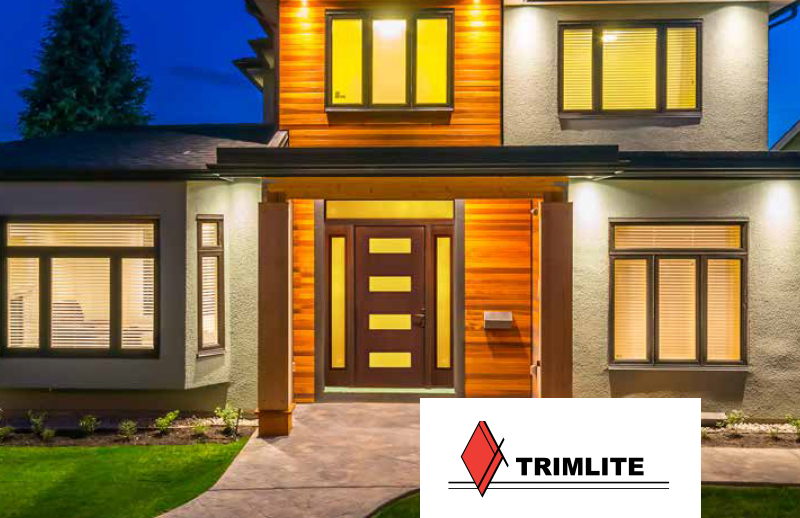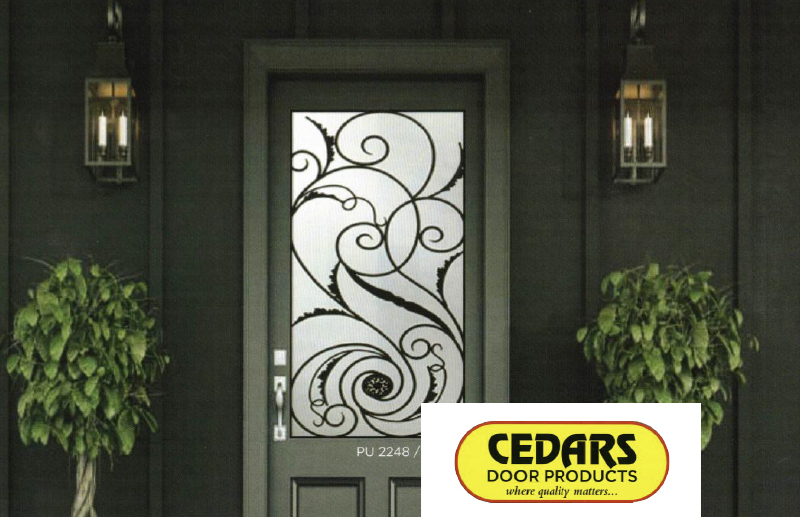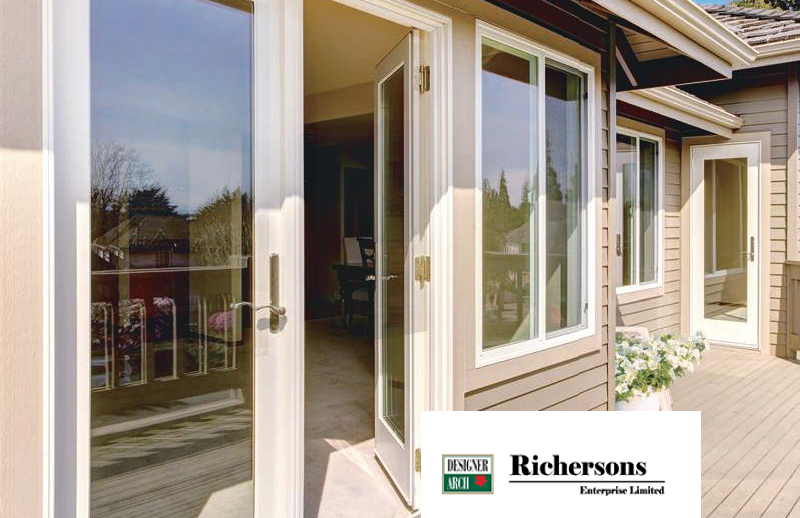Installation and REPLACEMENT
Steel & Fiberglass Doors
Steel Doors
A steel door is a door made primarily from steel or metal, offering superior durability, strength, and security. These doors are commonly used for both exterior and interior applications in residential, commercial, and industrial settings. Steel doors can be solid, hollow, or insulated, depending on their intended use.
Key Features of Steel Doors
- Strength and Security Steel doors are highly resistant to impacts, break-ins, and weather-related damage, making them an excellent choice for exterior doors where security is a priority.
- Durability Steel is less prone to warping, cracking, or rotting compared to wood, and it can withstand extreme weather conditions.
- Insulation Many steel doors are filled with insulating materials, such as polystyrene or polyurethane, which enhance their thermal efficiency and reduce energy costs.
- Maintenance Steel doors require minimal maintenance. They are easy to clean and often come with protective coatings (like powder coating or galvanization) to prevent rust and corrosion.
- Design Options Steel doors are available in a variety of designs, from simple and modern to traditional styles, and can be customized with different textures, finishes, or decorative elements.
Benefits of Steel Doors
- Security Steel doors are highly secure and often used as entry doors in homes and buildings to deter break-ins.
- Energy Efficiency Insulated steel doors provide excellent thermal performance, helping to maintain interior temperatures and reduce energy bills.
- Low Maintenance Resistant to damage, requiring only occasional cleaning and minimal upkeep.
- Fire Resistance Steel doors are fire-resistant, making them ideal for fire-rated applications in commercial or residential settings.
Fiberglass Doors
A fiberglass door is a door made from a composite material of fiberglass and resin, often with an insulating core, designed to mimic the look of wood while offering superior durability and energy efficiency. Fiberglass doors are highly versatile and are used in both residential and commercial applications.
Key Features of Fiberglass Doors
- Durability Fiberglass doors are resistant to dents, scratches, and cracks, and they do not warp, shrink, or swell like wood doors can. They can also withstand extreme weather conditions, including rain, humidity, and UV exposure.
- Energy Efficiency Many fiberglass doors are designed with an insulating core (like foam or honeycomb) to improve energy efficiency by reducing heat transfer and drafts.
- Low Maintenance Fiberglass doors are virtually maintenance-free, as they do not require painting, staining, or sealing like wood doors. They are also resistant to rust and corrosion, unlike metal doors.
- Aesthetic Versatility Fiberglass doors can be molded to resemble wood with textured surfaces, and they can be painted in a variety of colors. They are available in various styles, including traditional, contemporary, or modern designs.
- Lightweight Fiberglass doors are generally lighter than steel doors, making them easier to handle and install.
Benefits of Fiberglass Doors
- Energy Efficient The insulating properties of fiberglass doors help reduce heating and cooling costs.
- Durable and Long-Lasting They do not warp, crack, or split, even under harsh weather conditions, making them a long-lasting option.
- Low Maintenance Fiberglass doors require little upkeep and do not need to be repainted or refinished regularly.
- Customizable Available in many designs and finishes, including options that replicate the look of real wood.


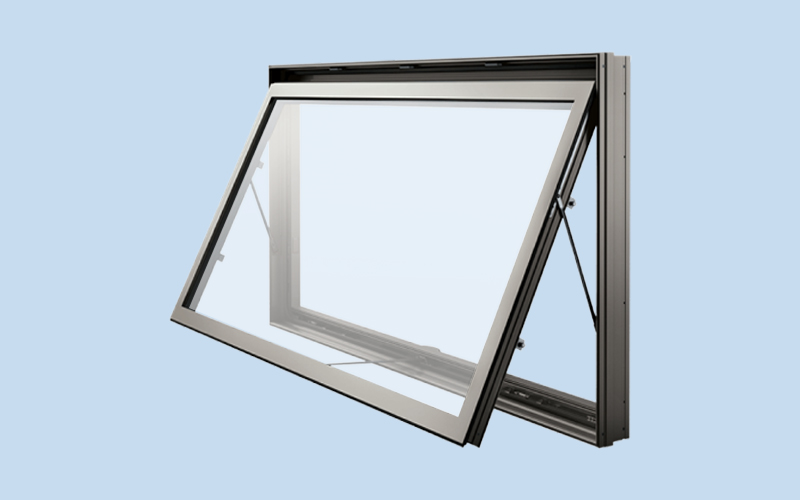
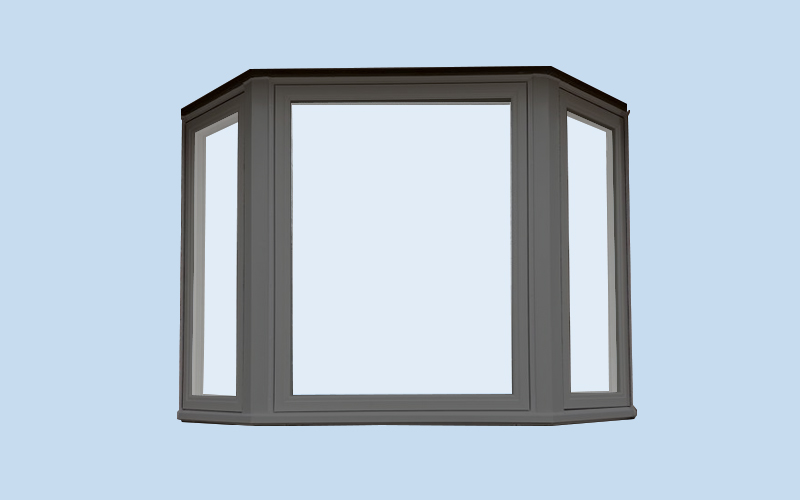
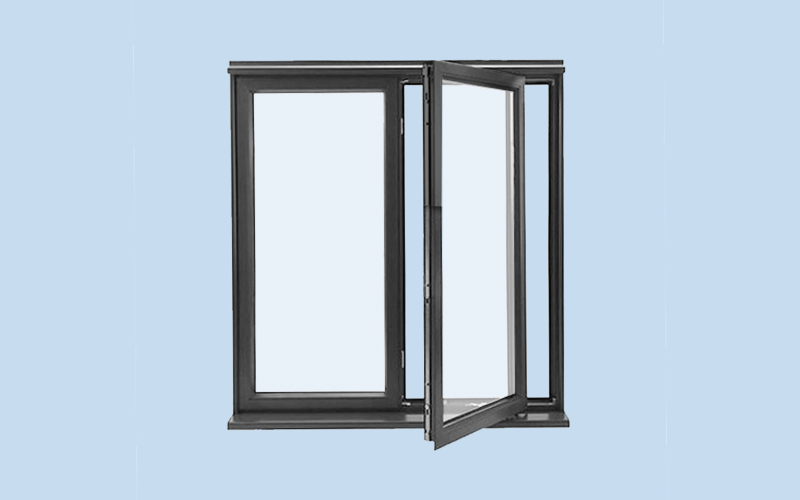
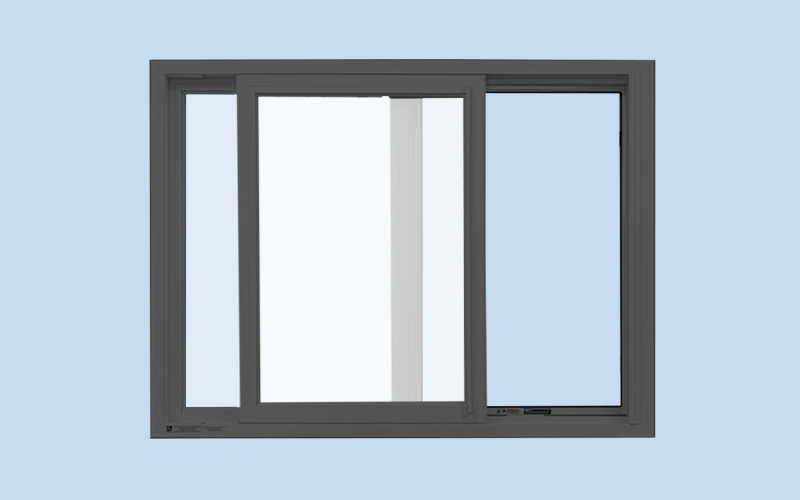
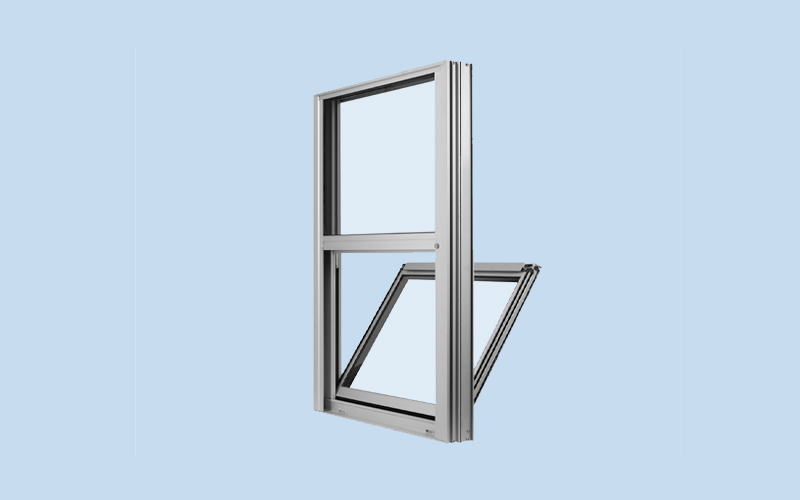
 Picture Windows
Picture Windows